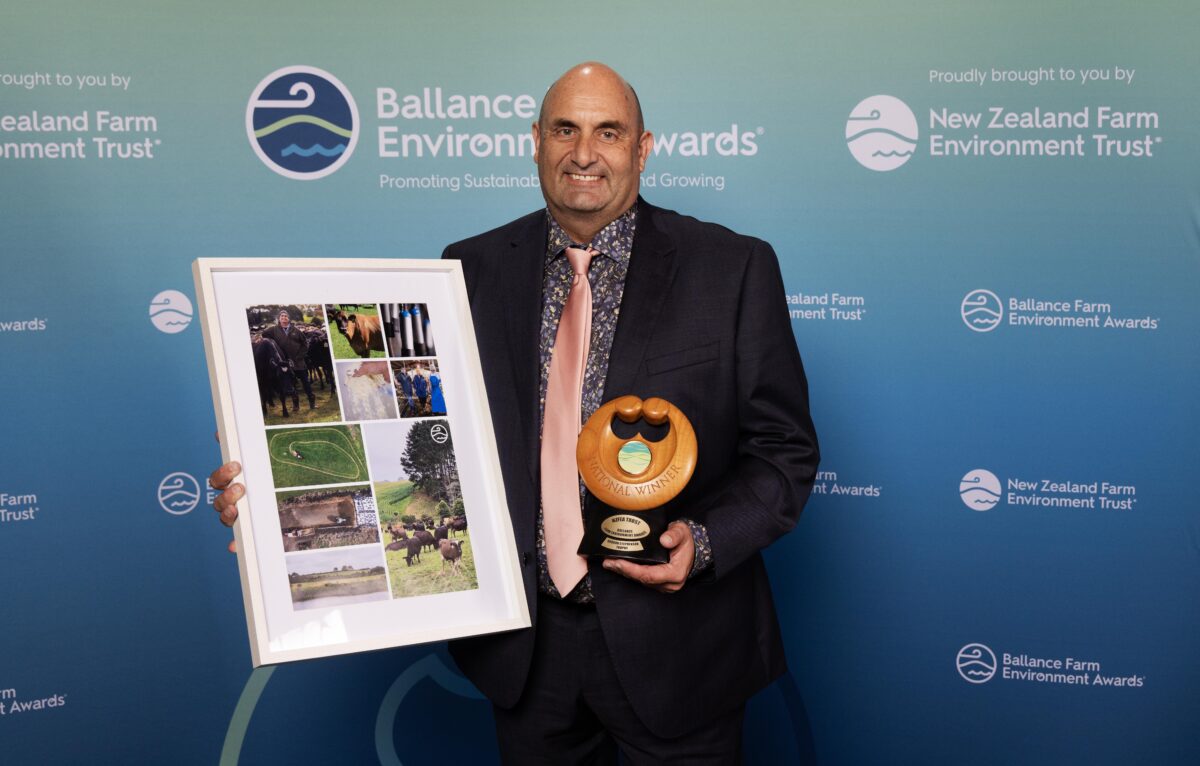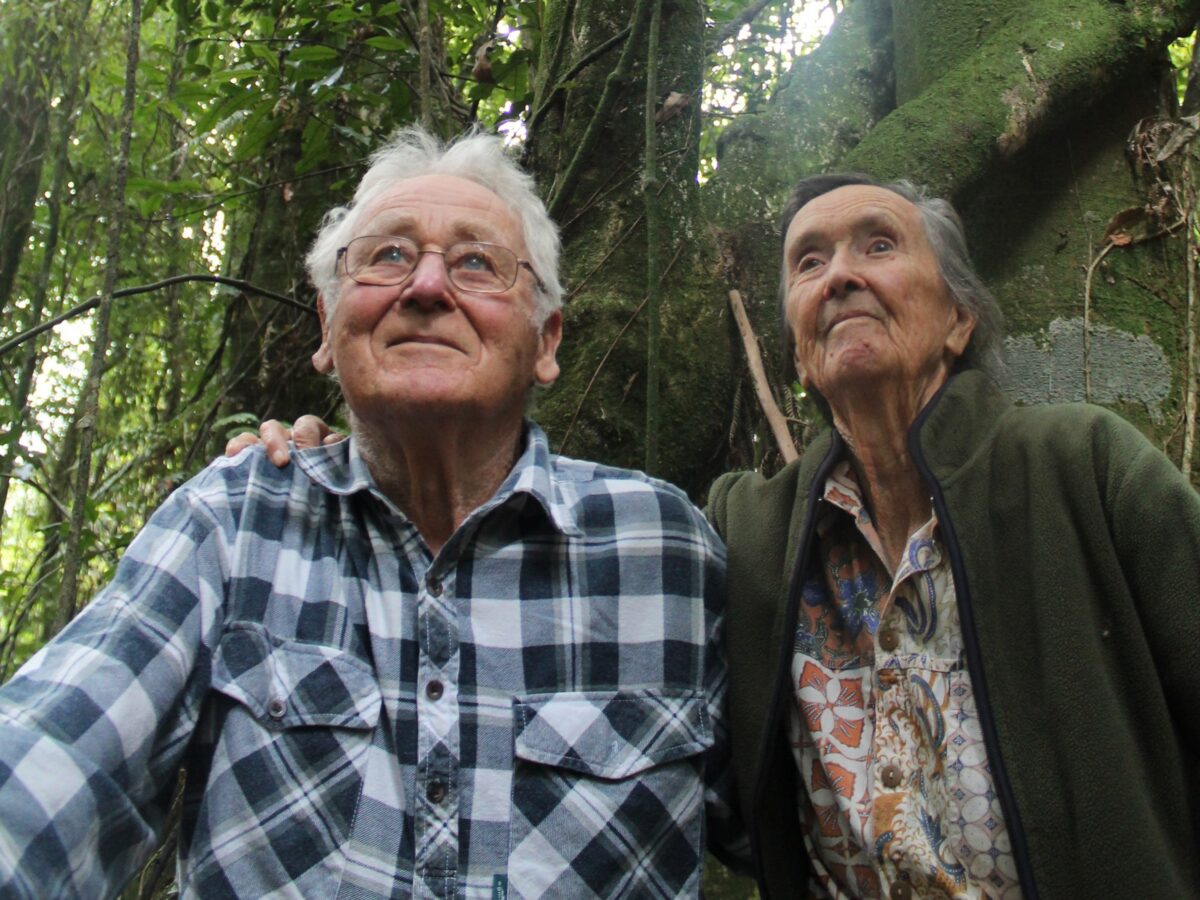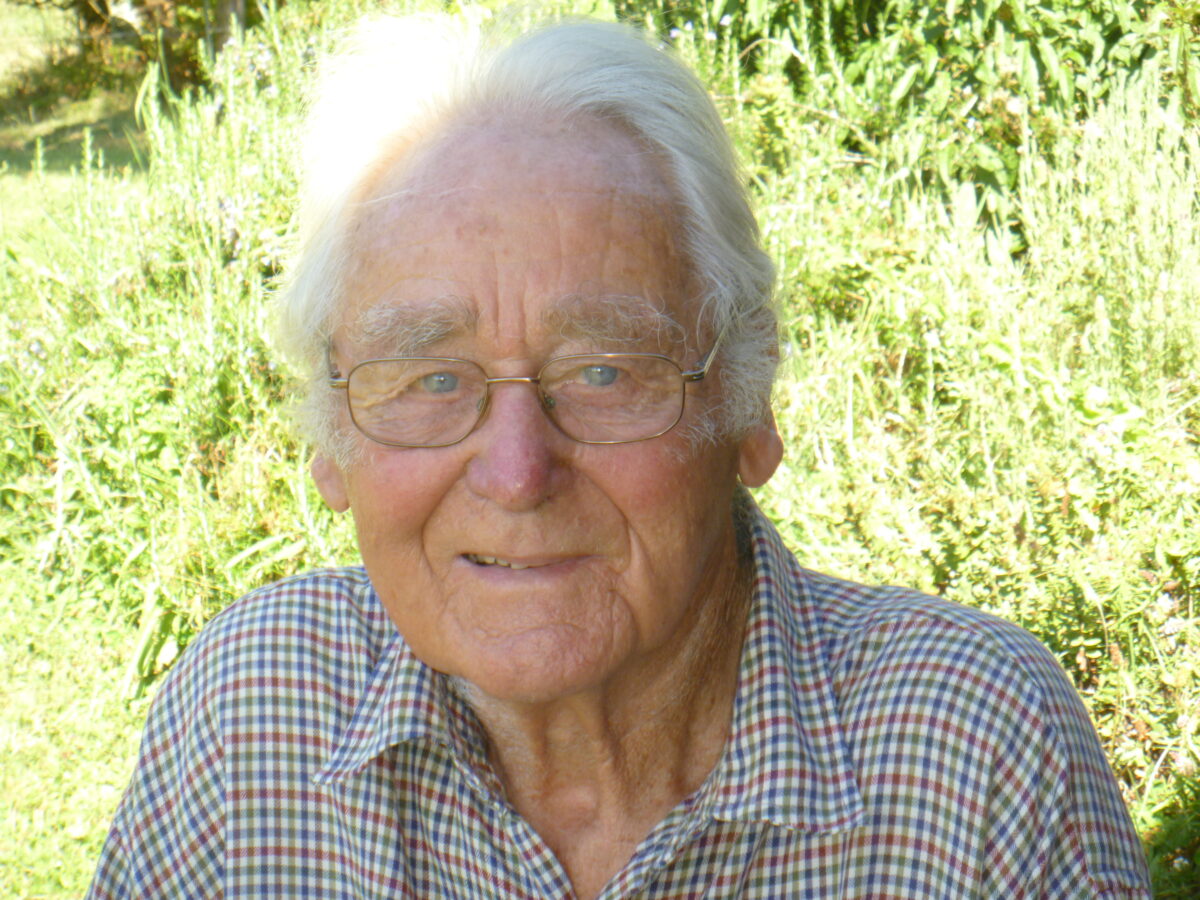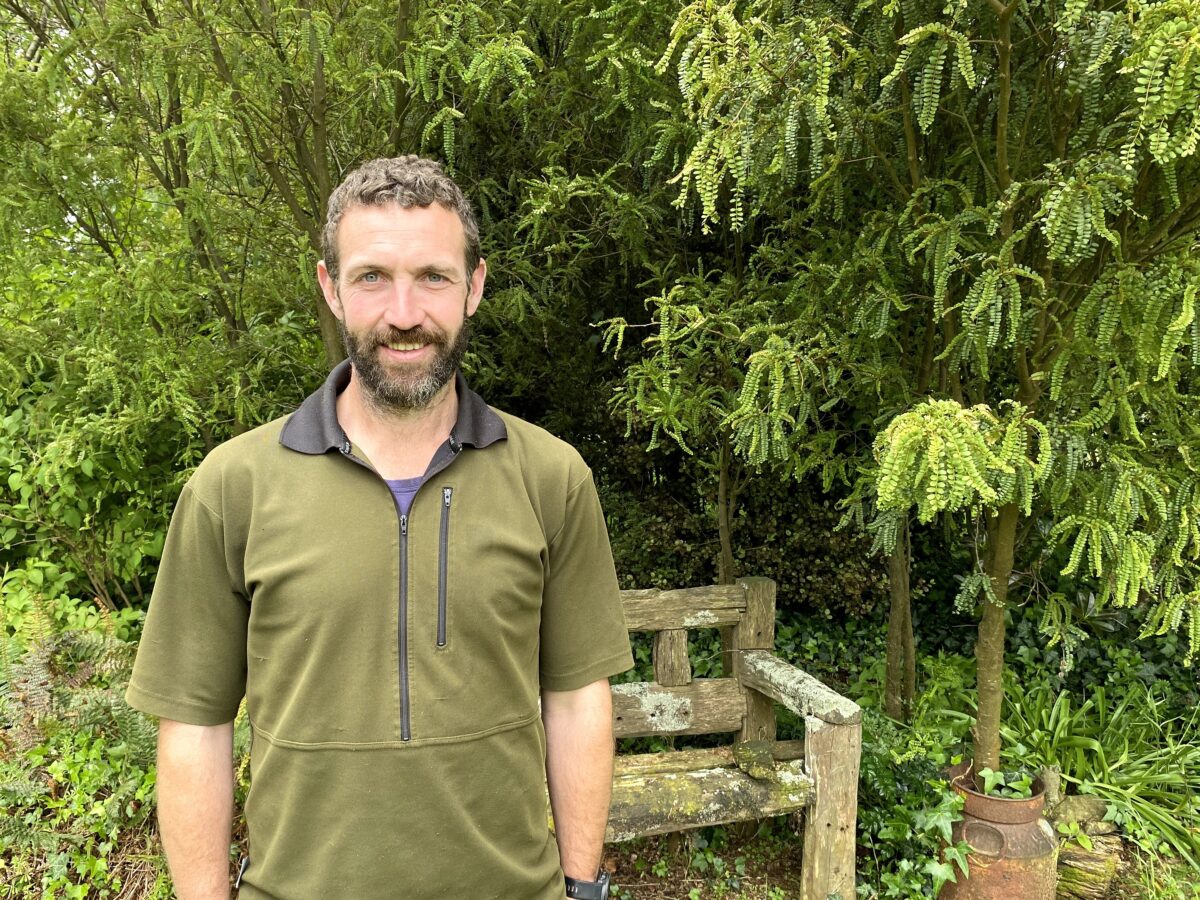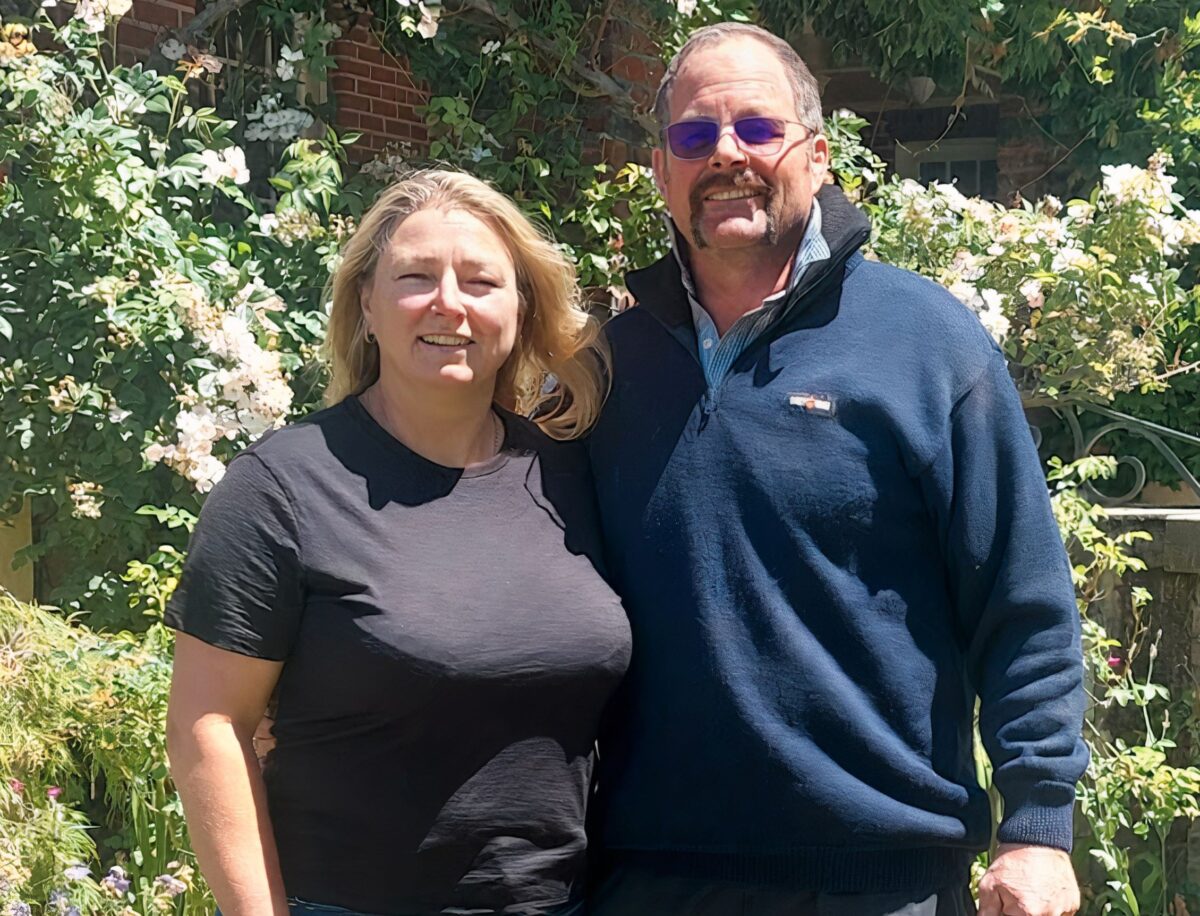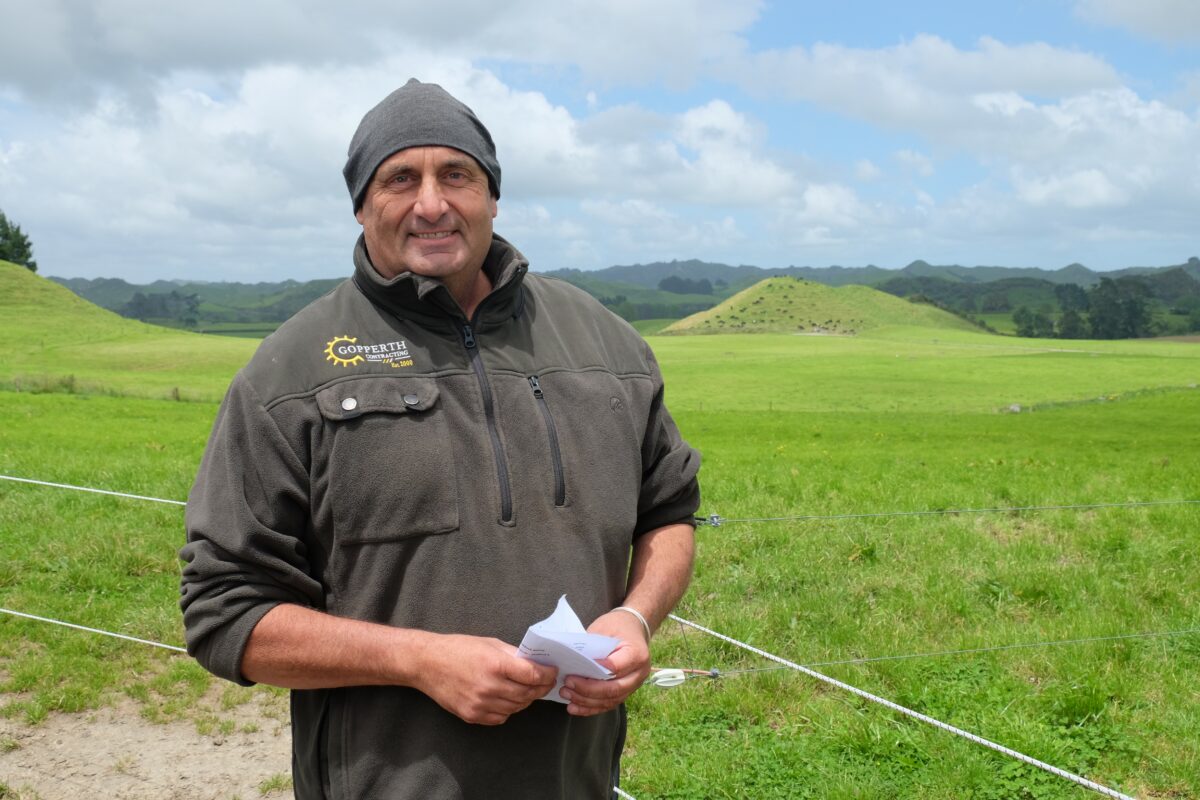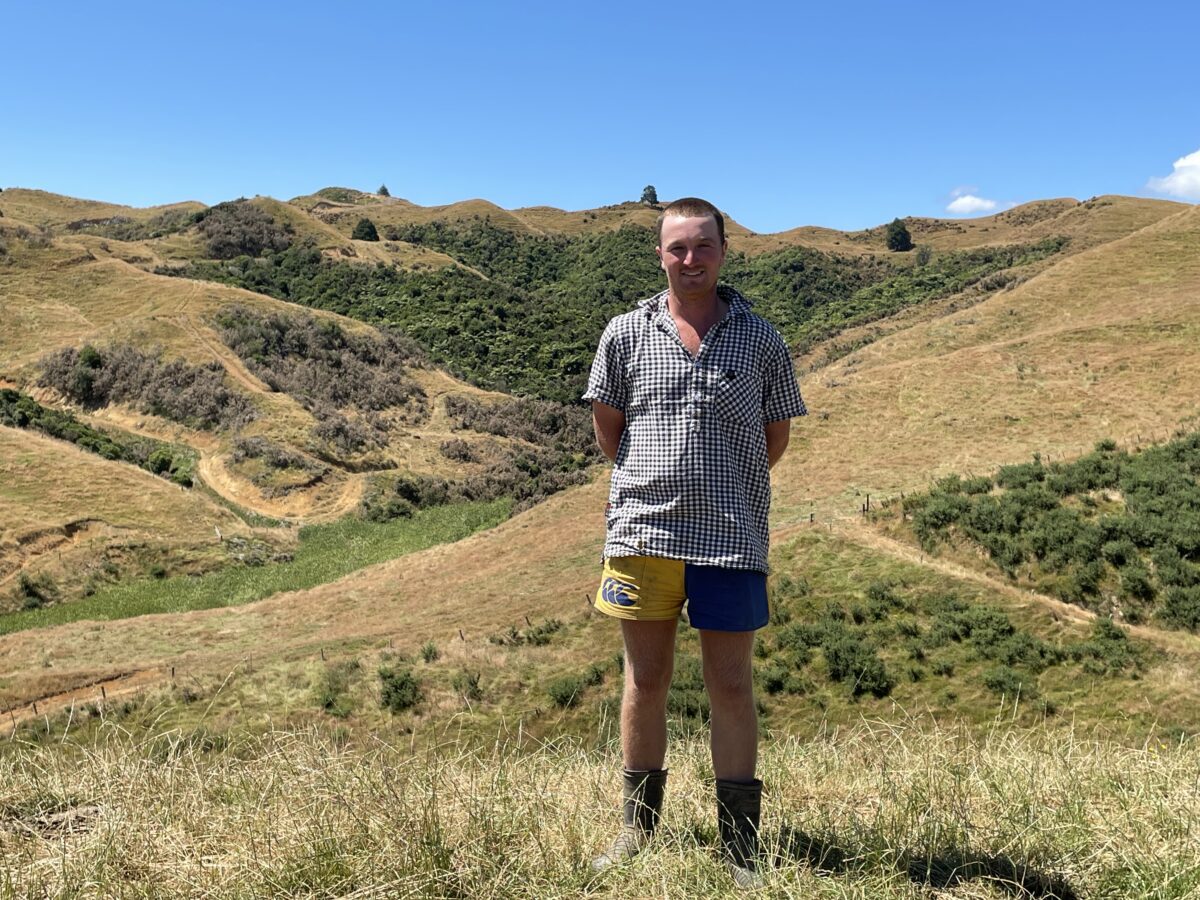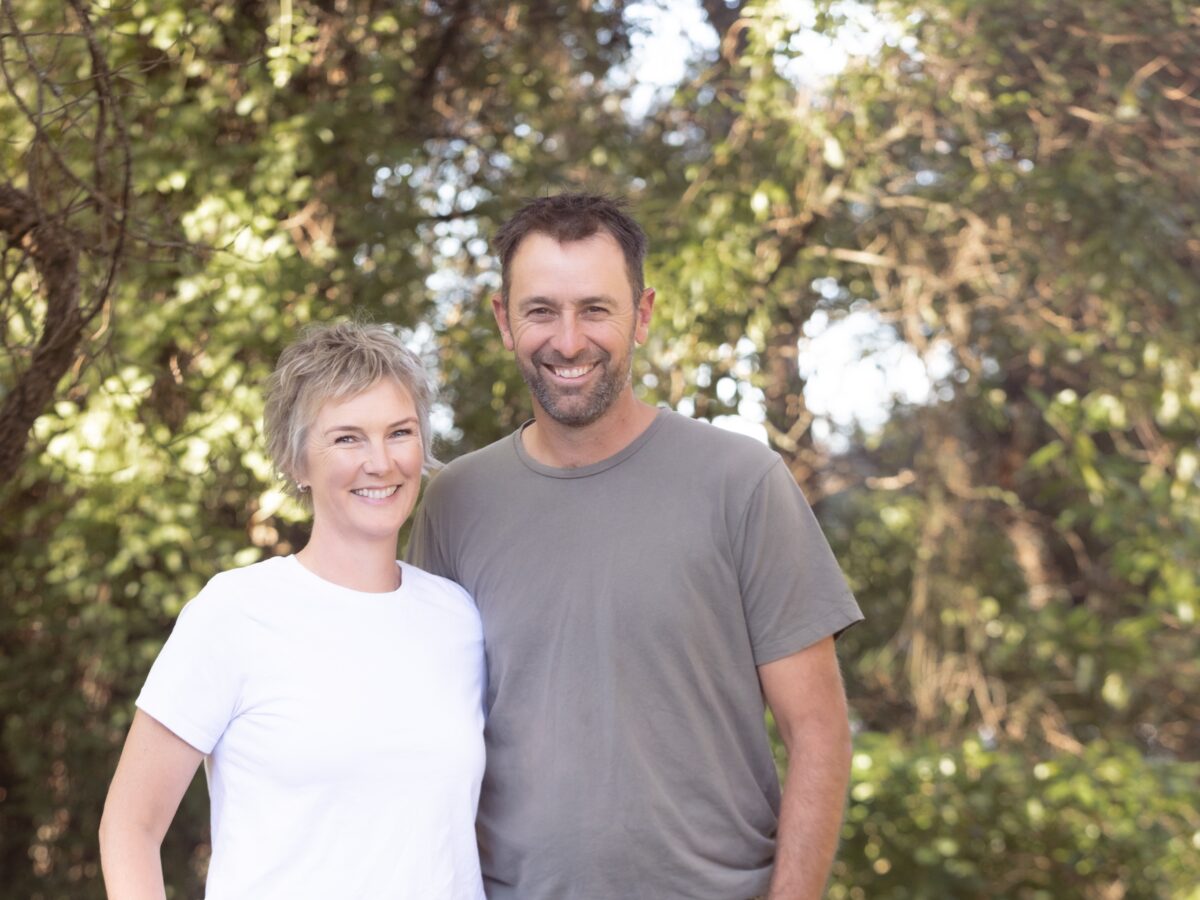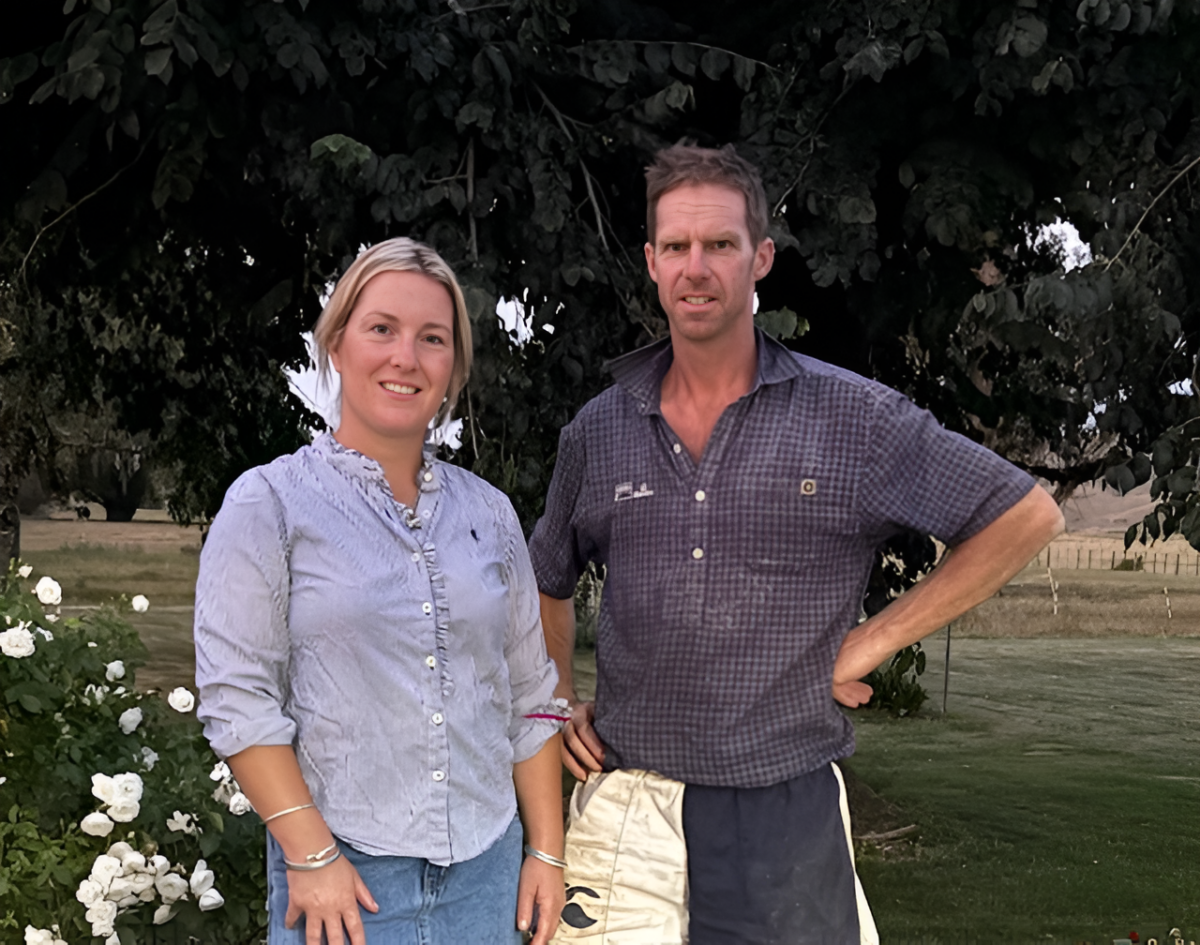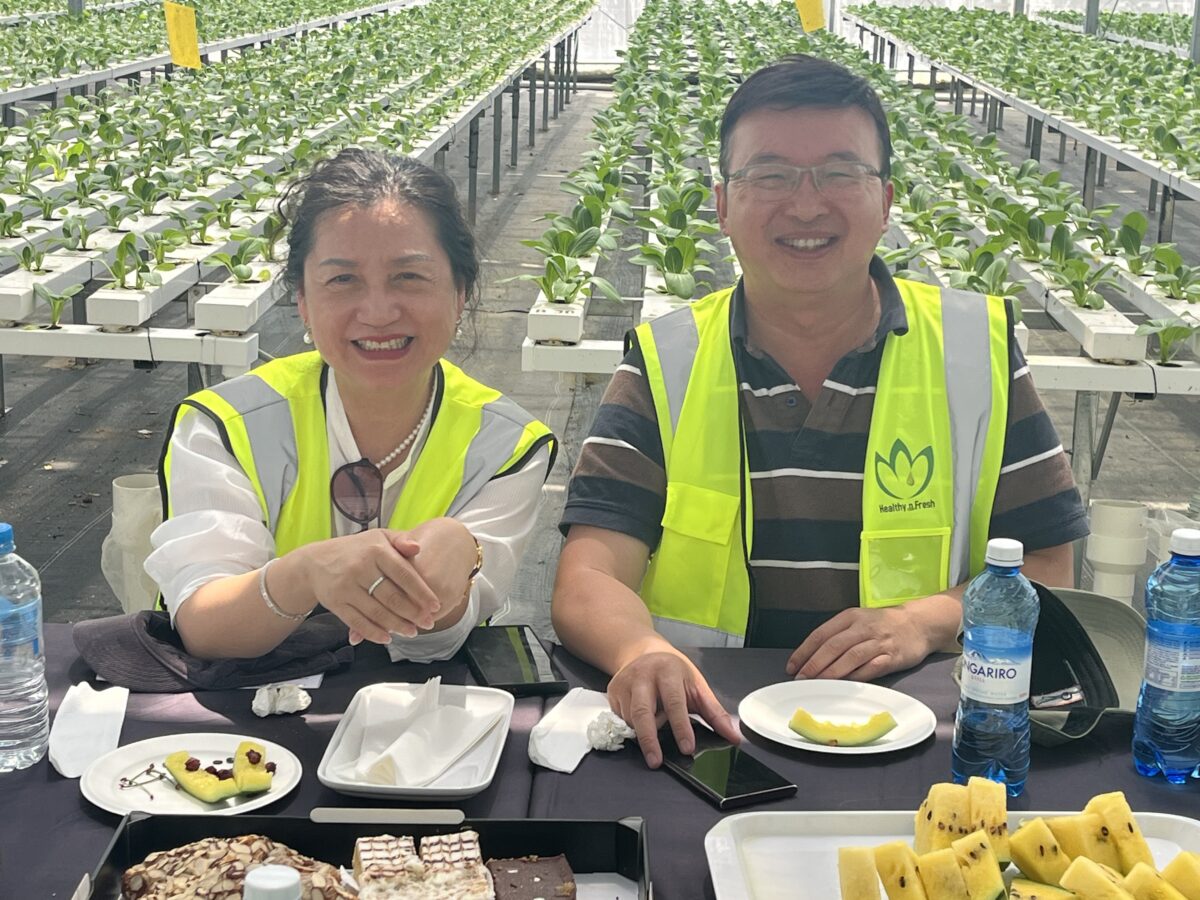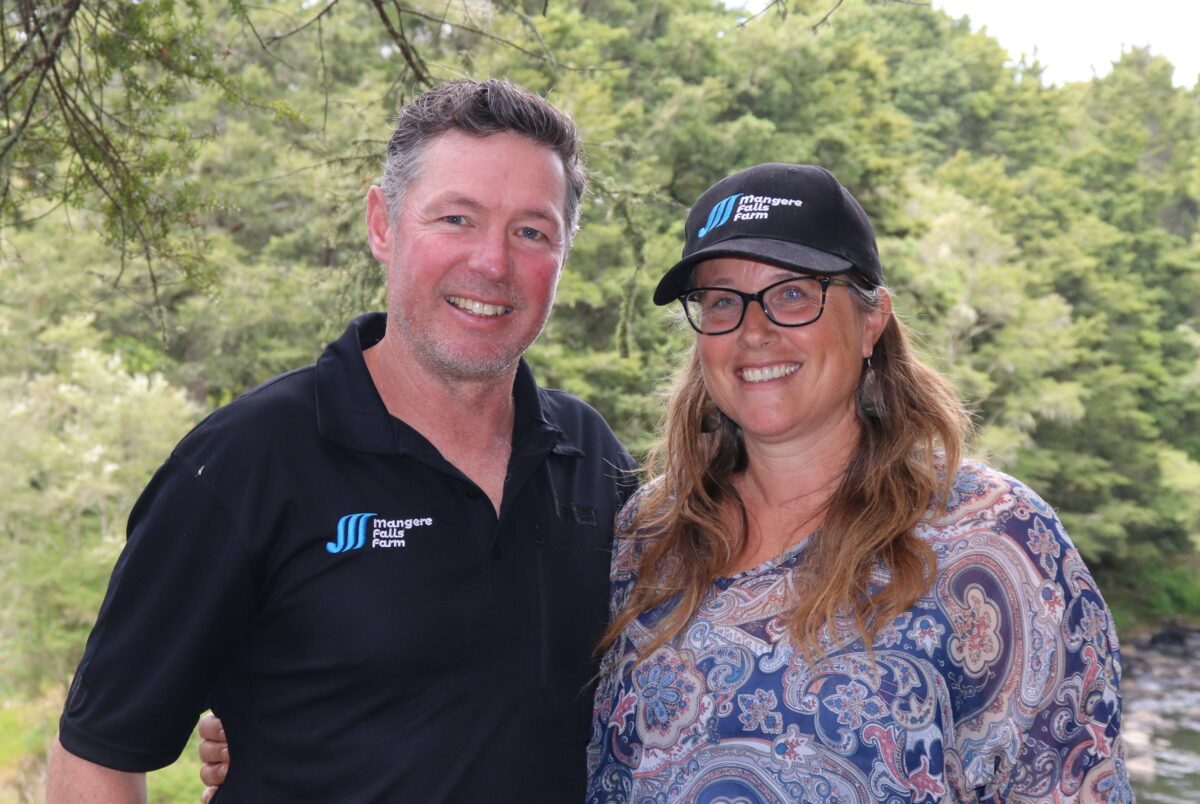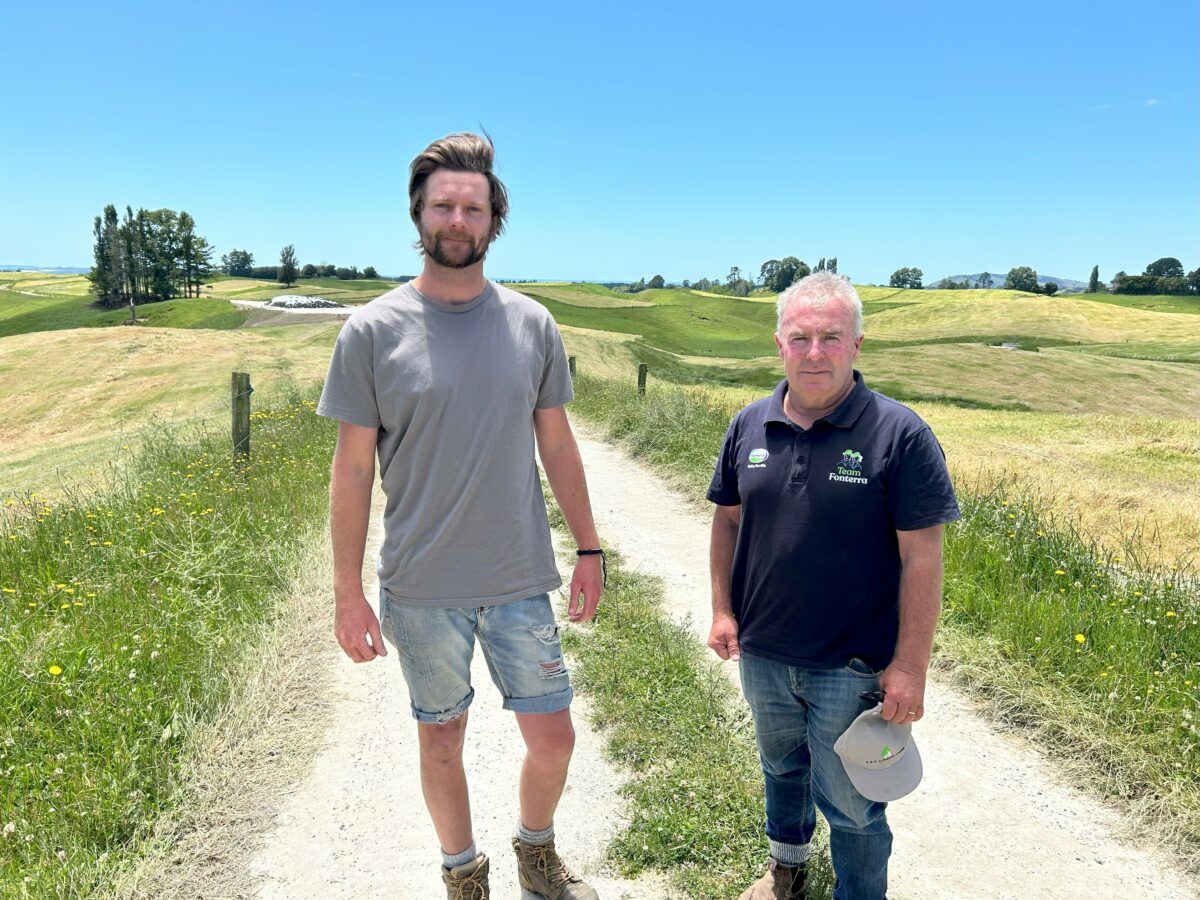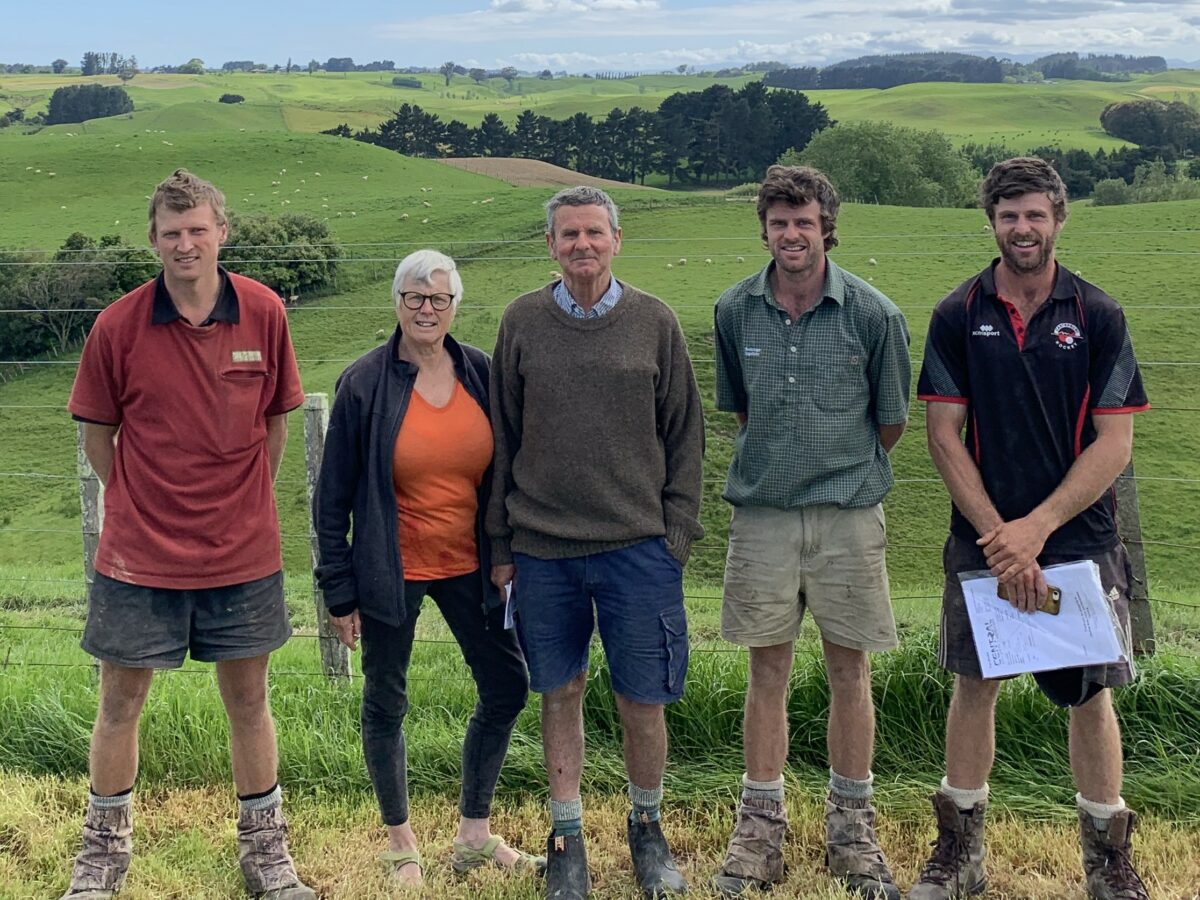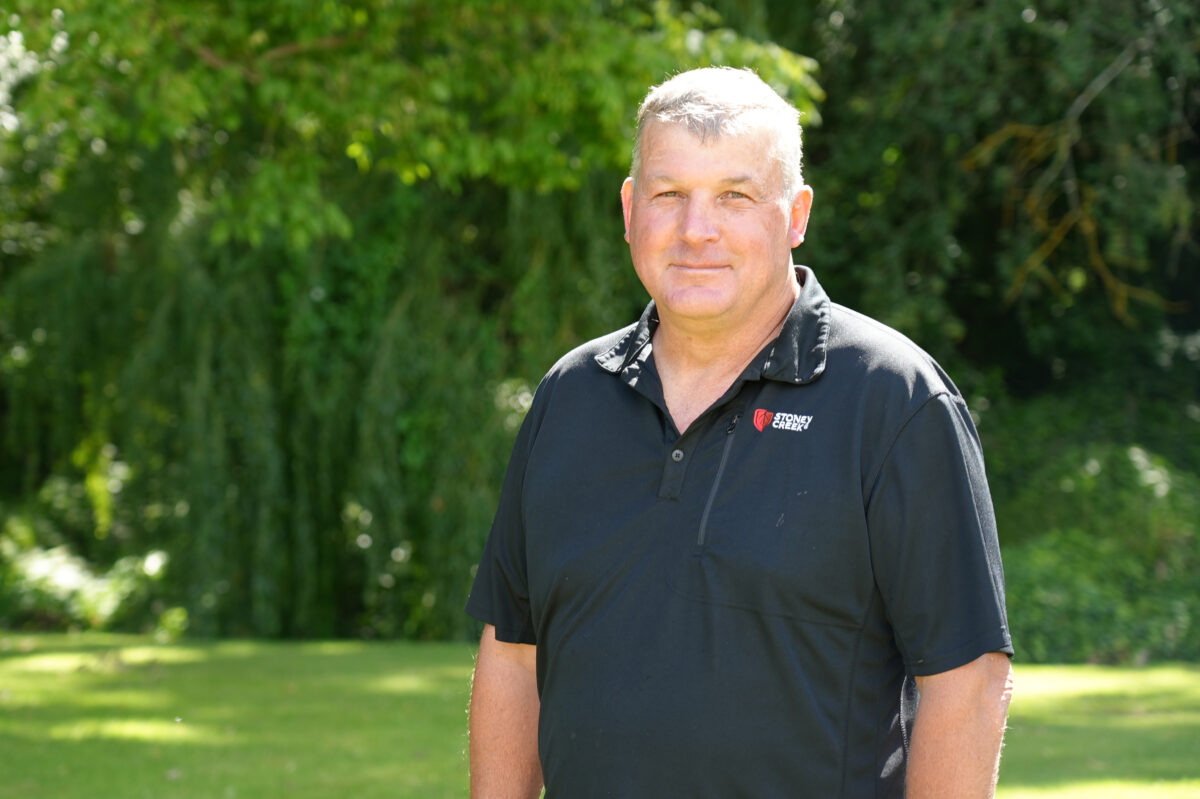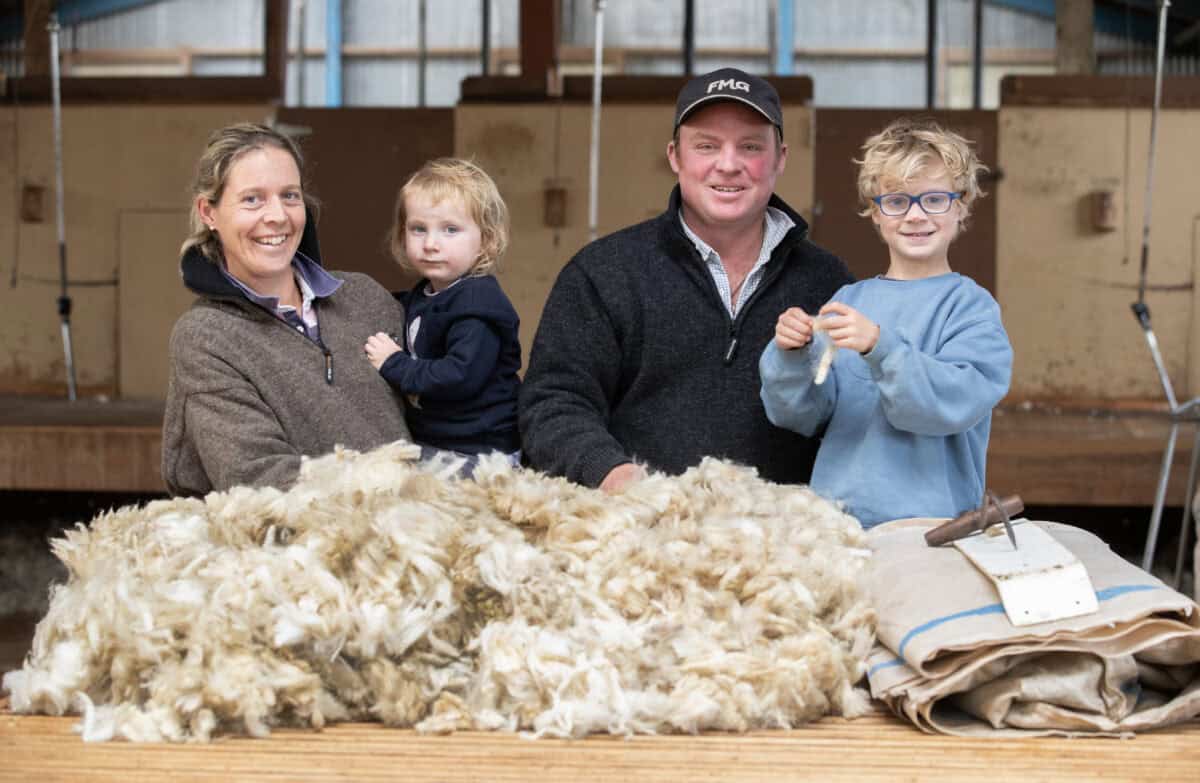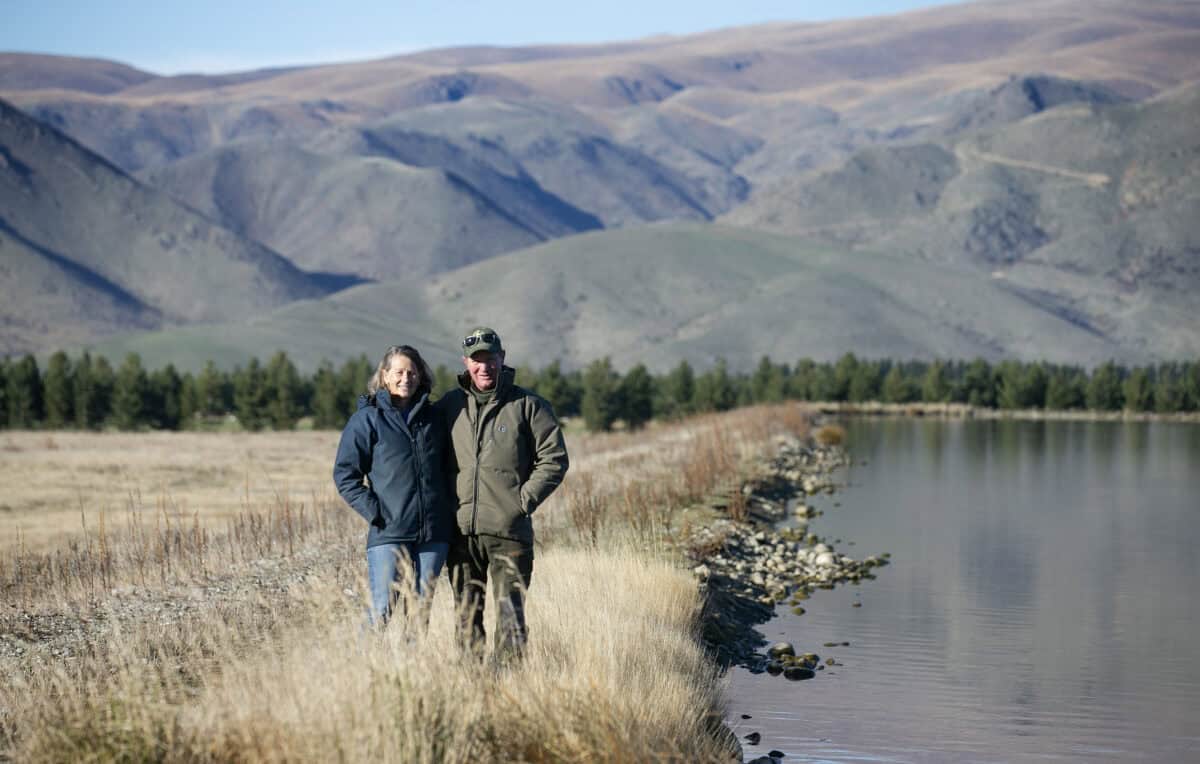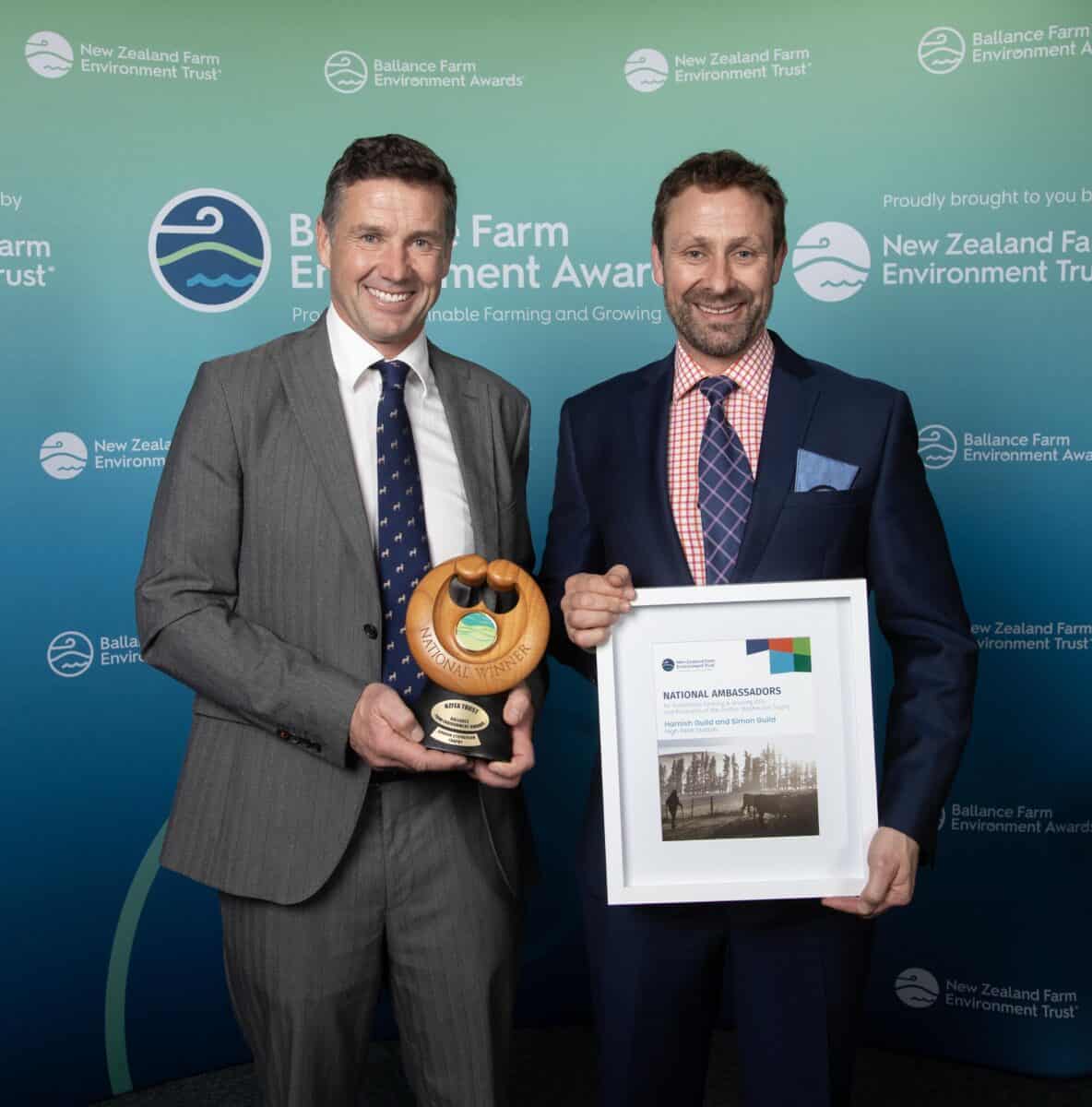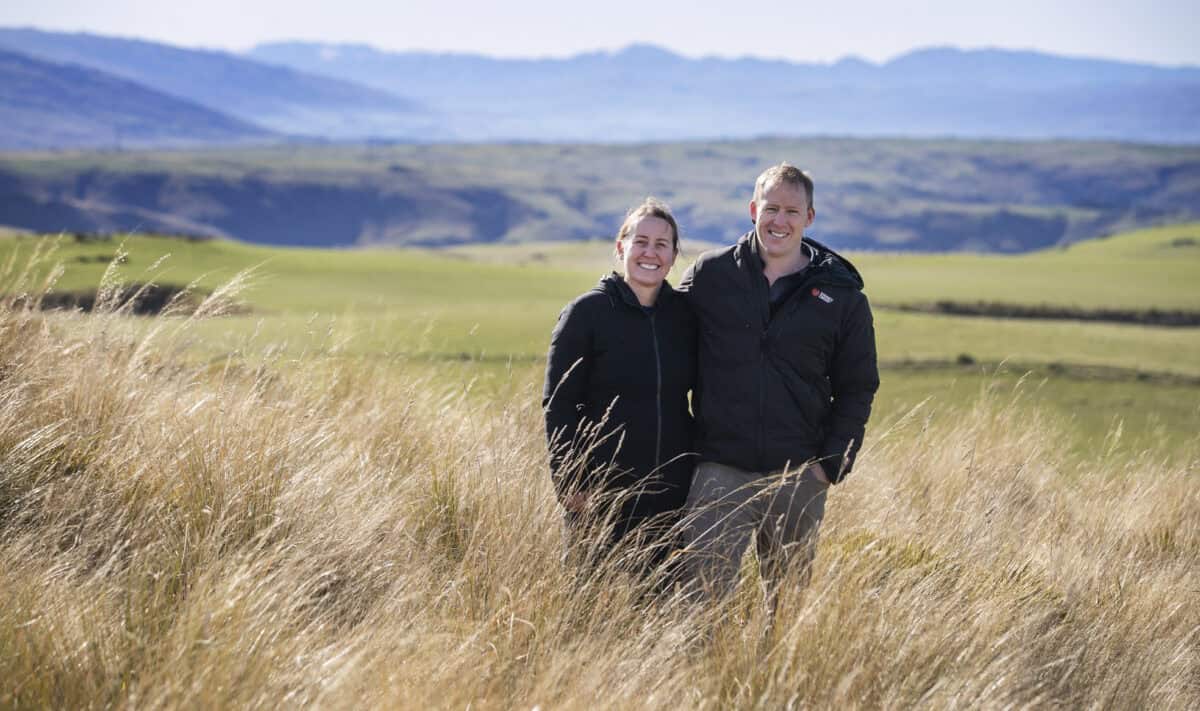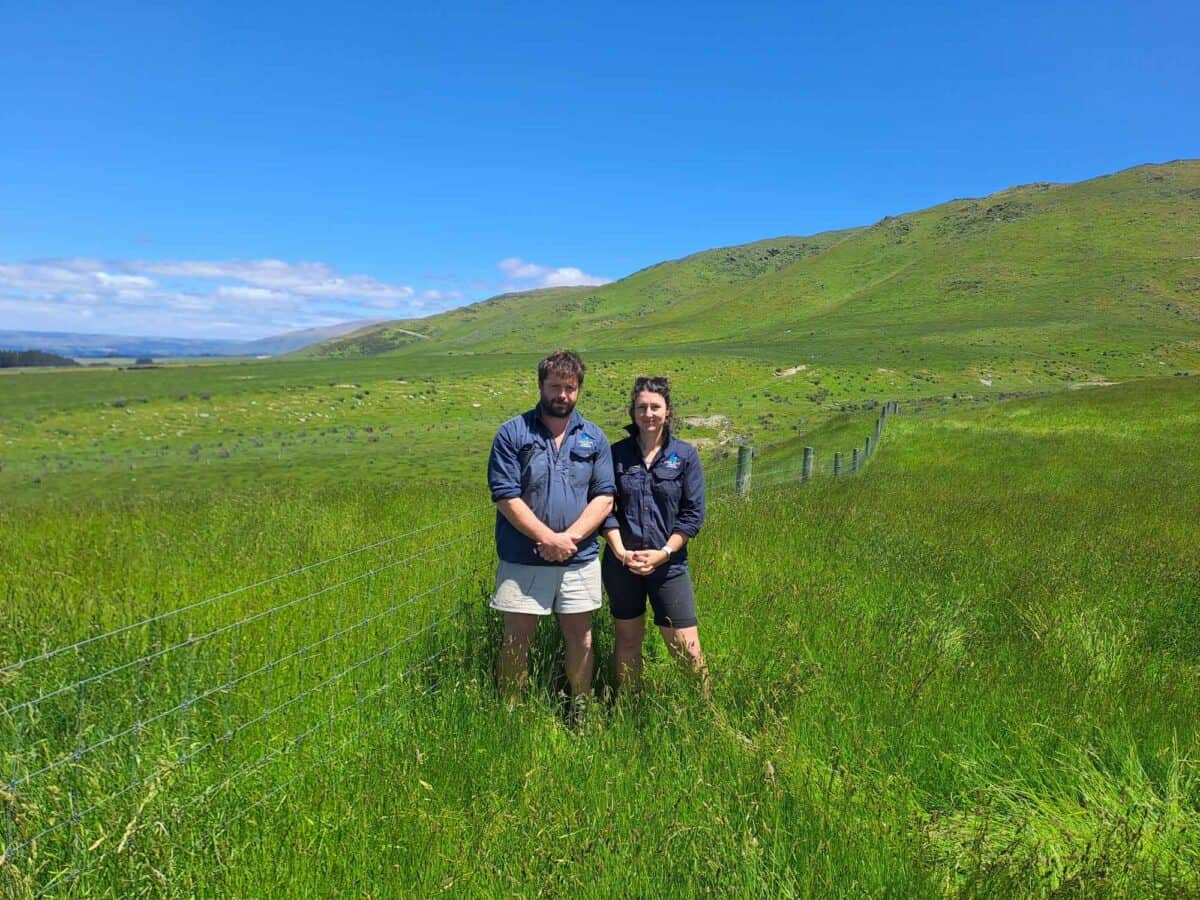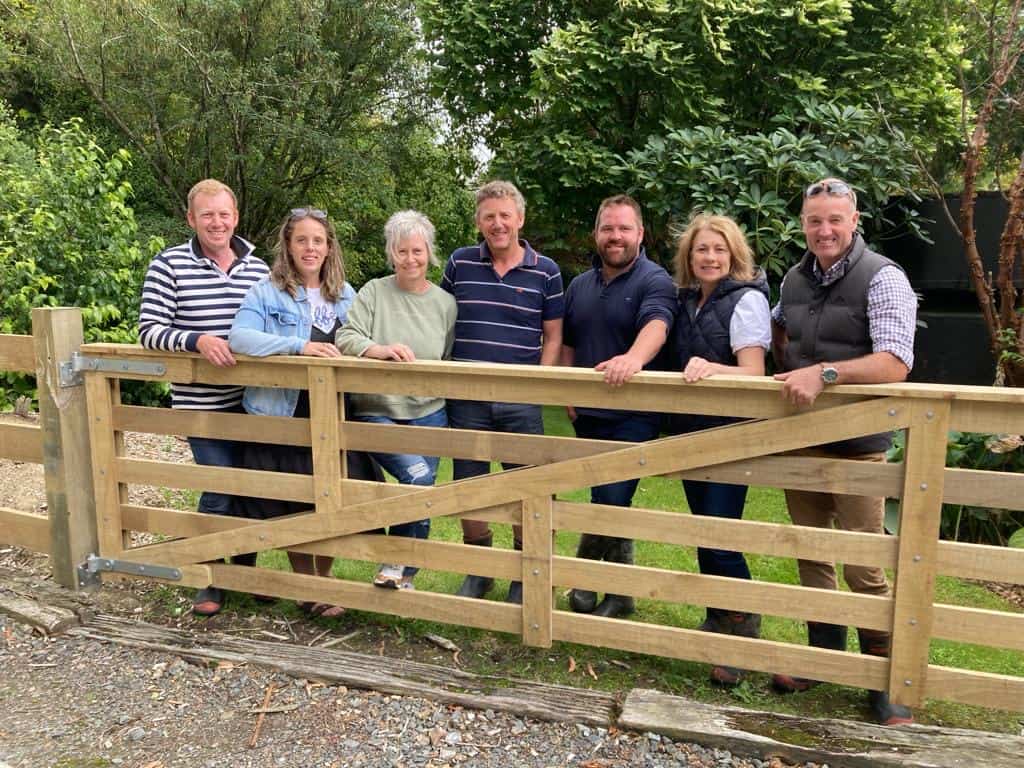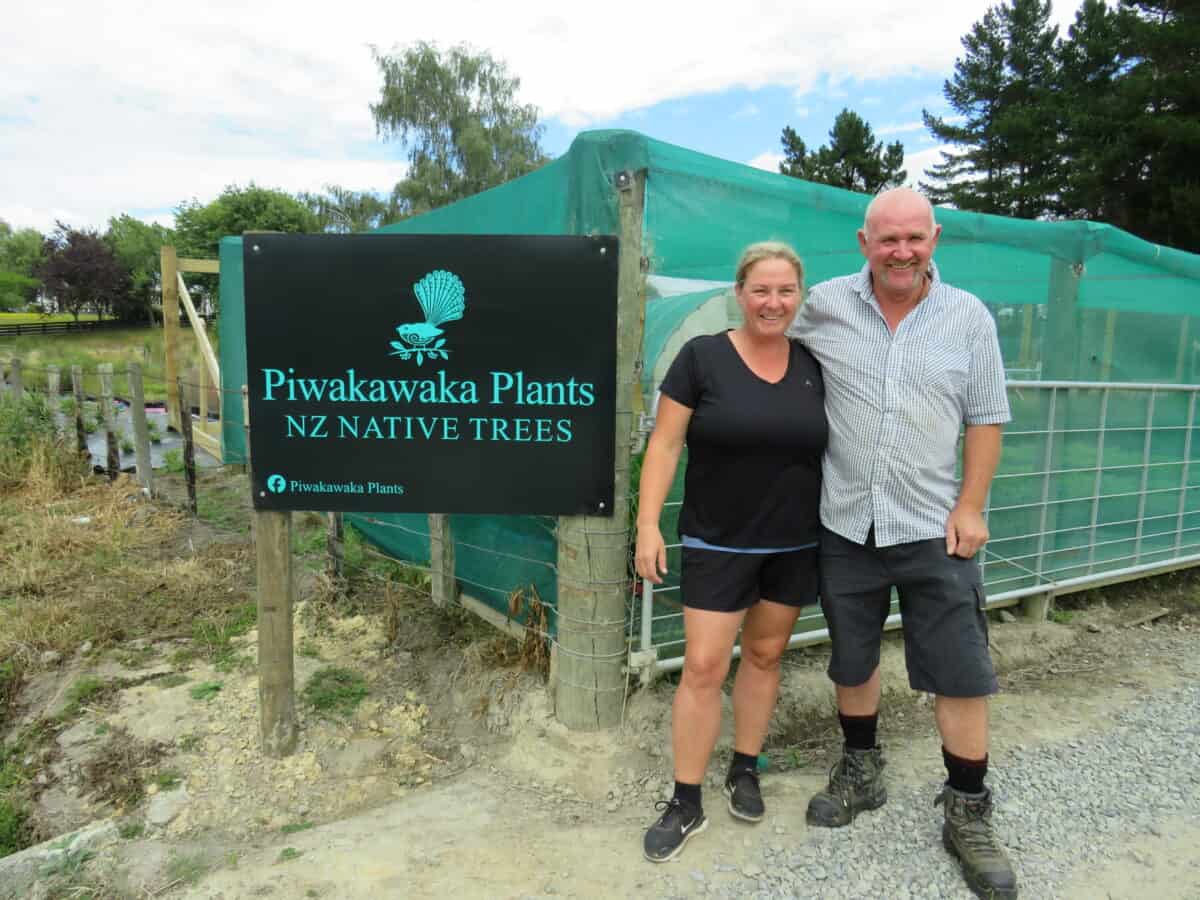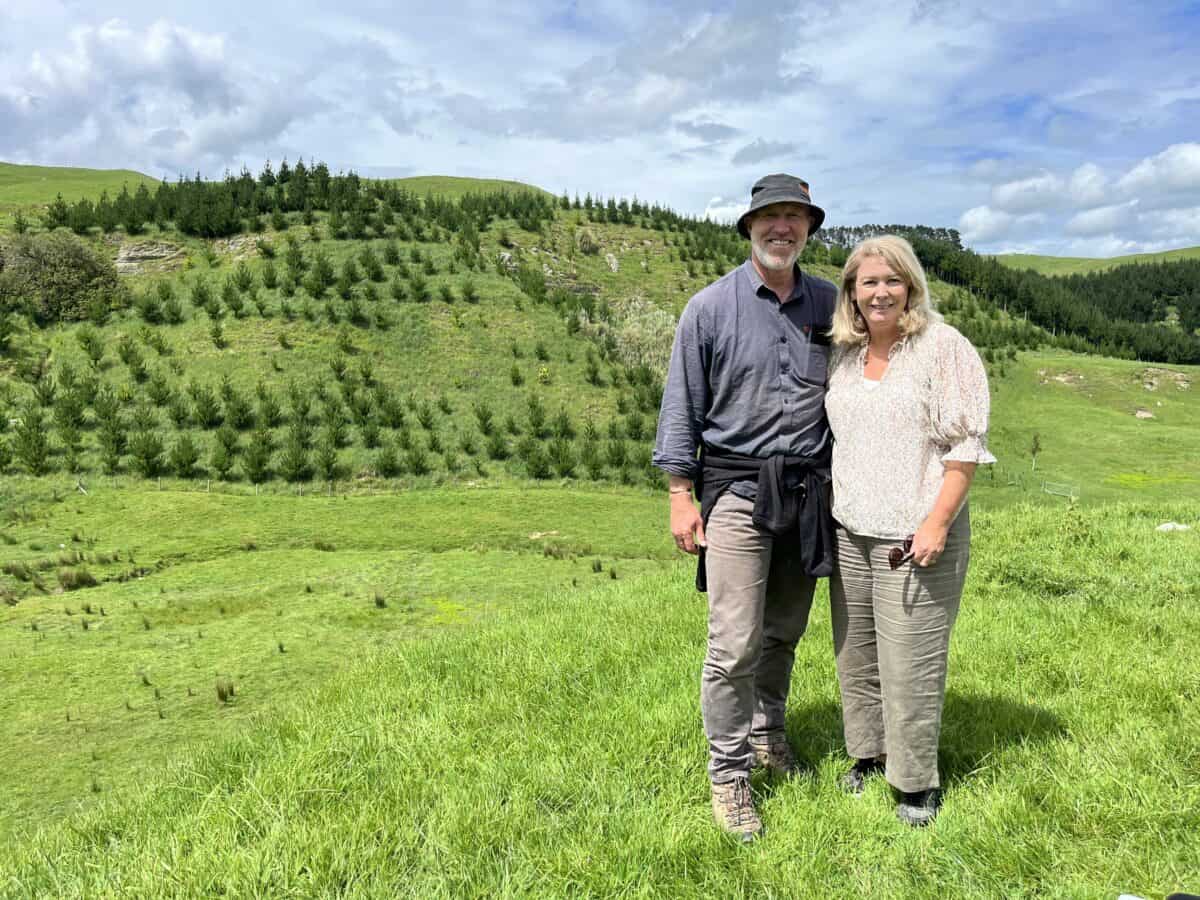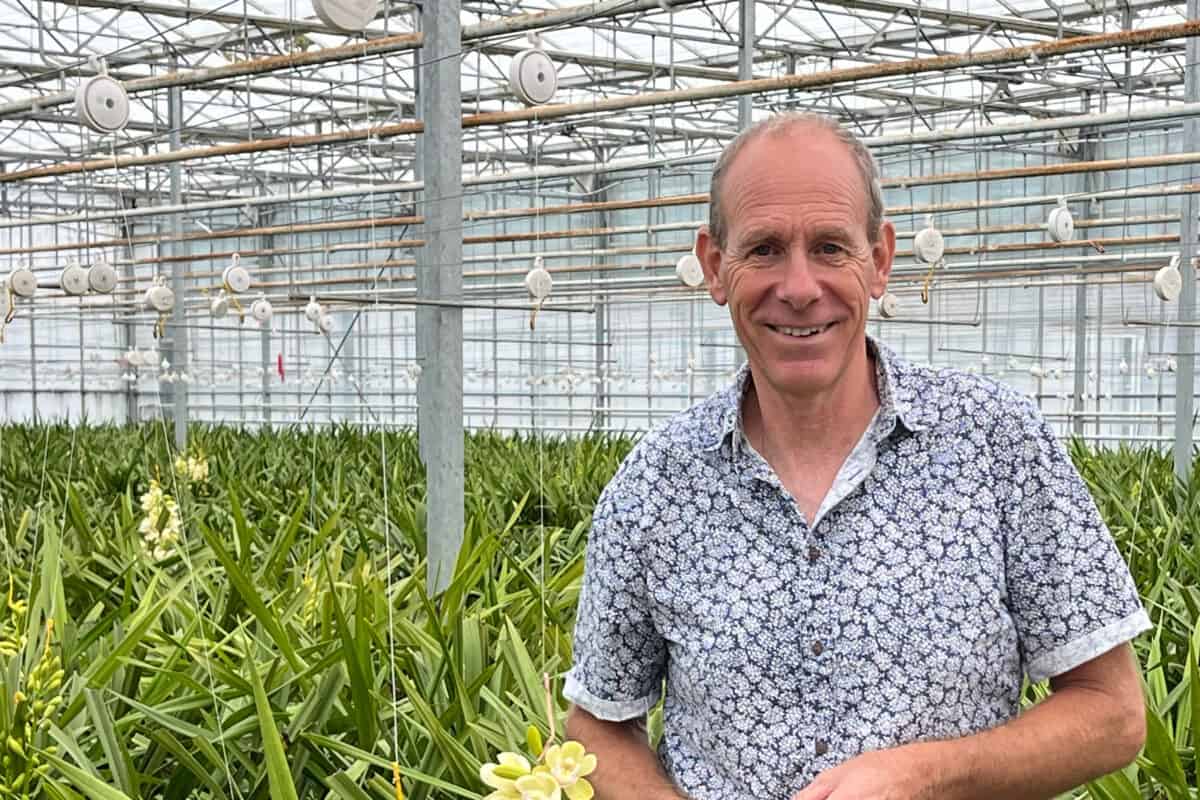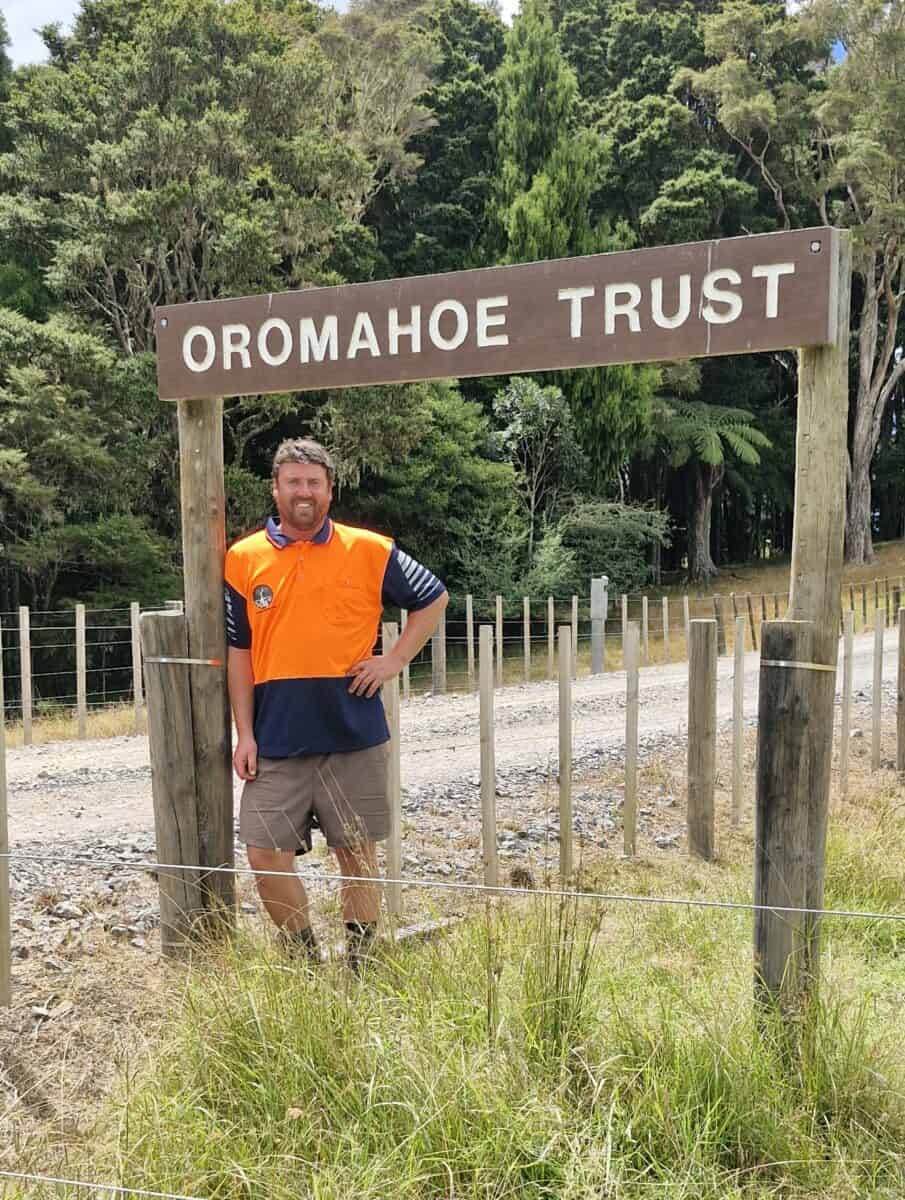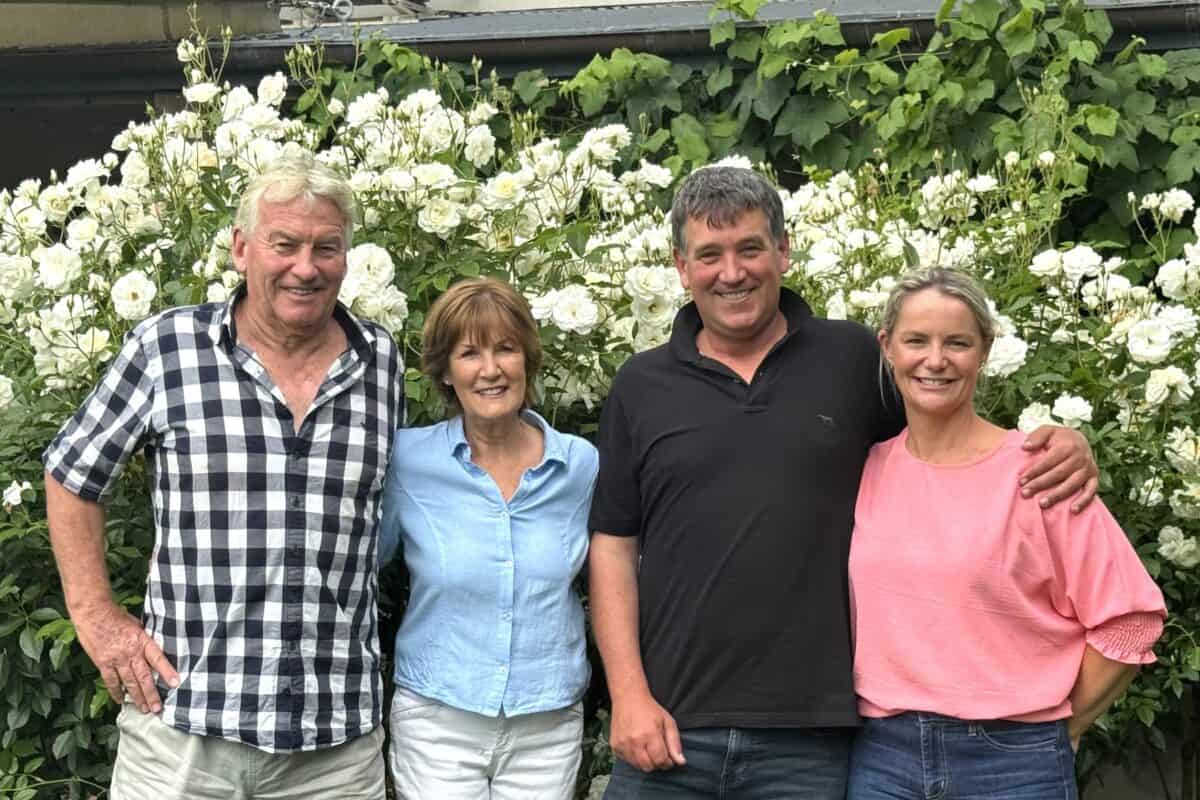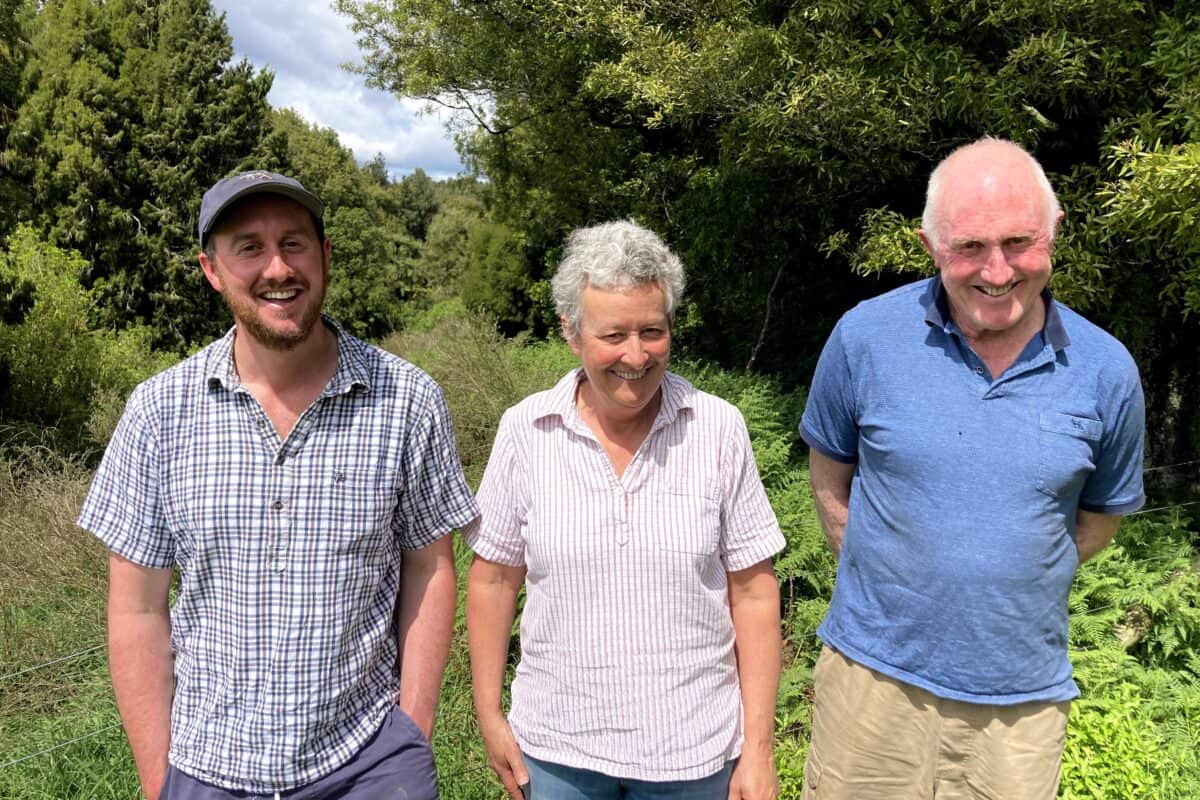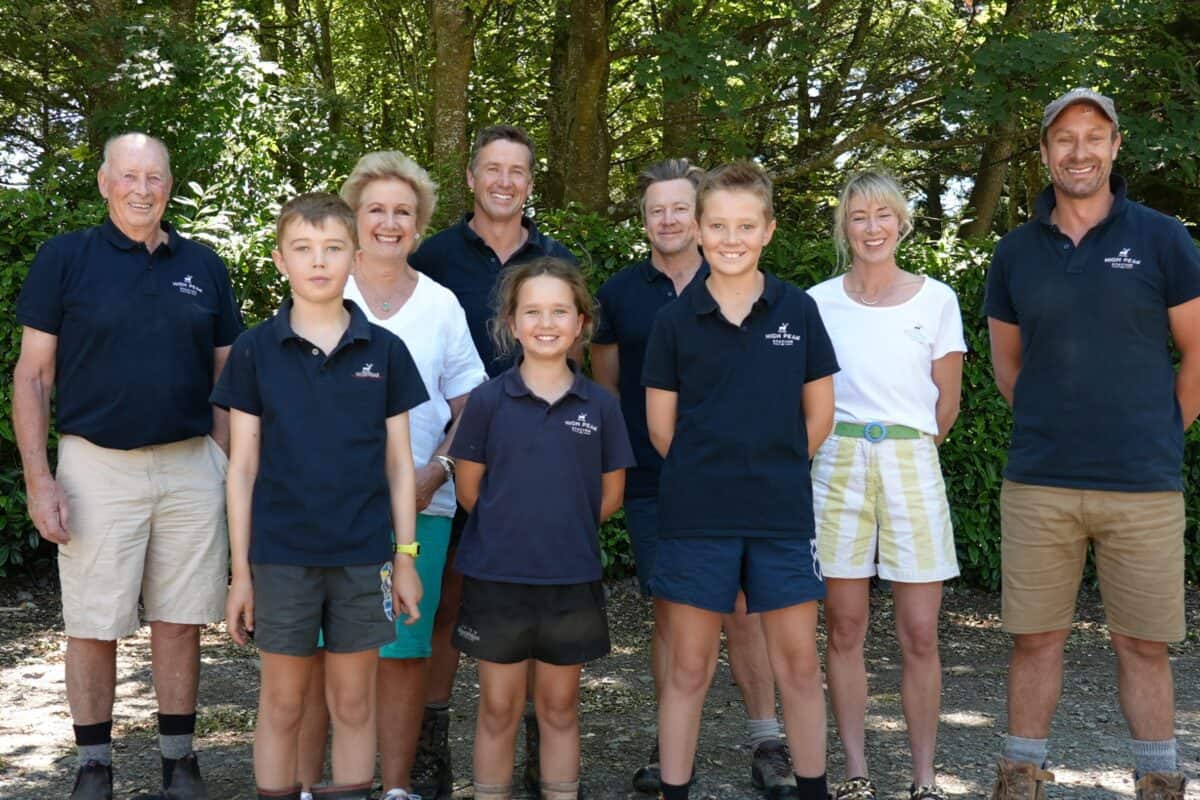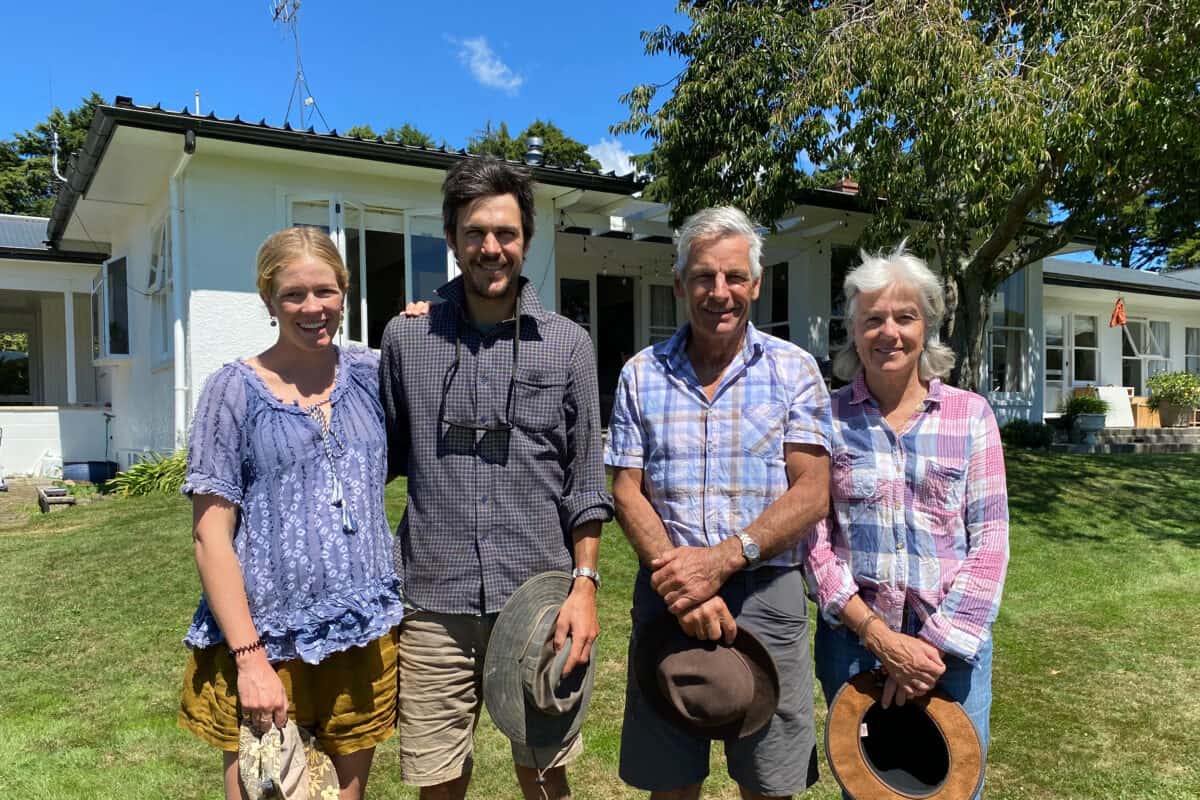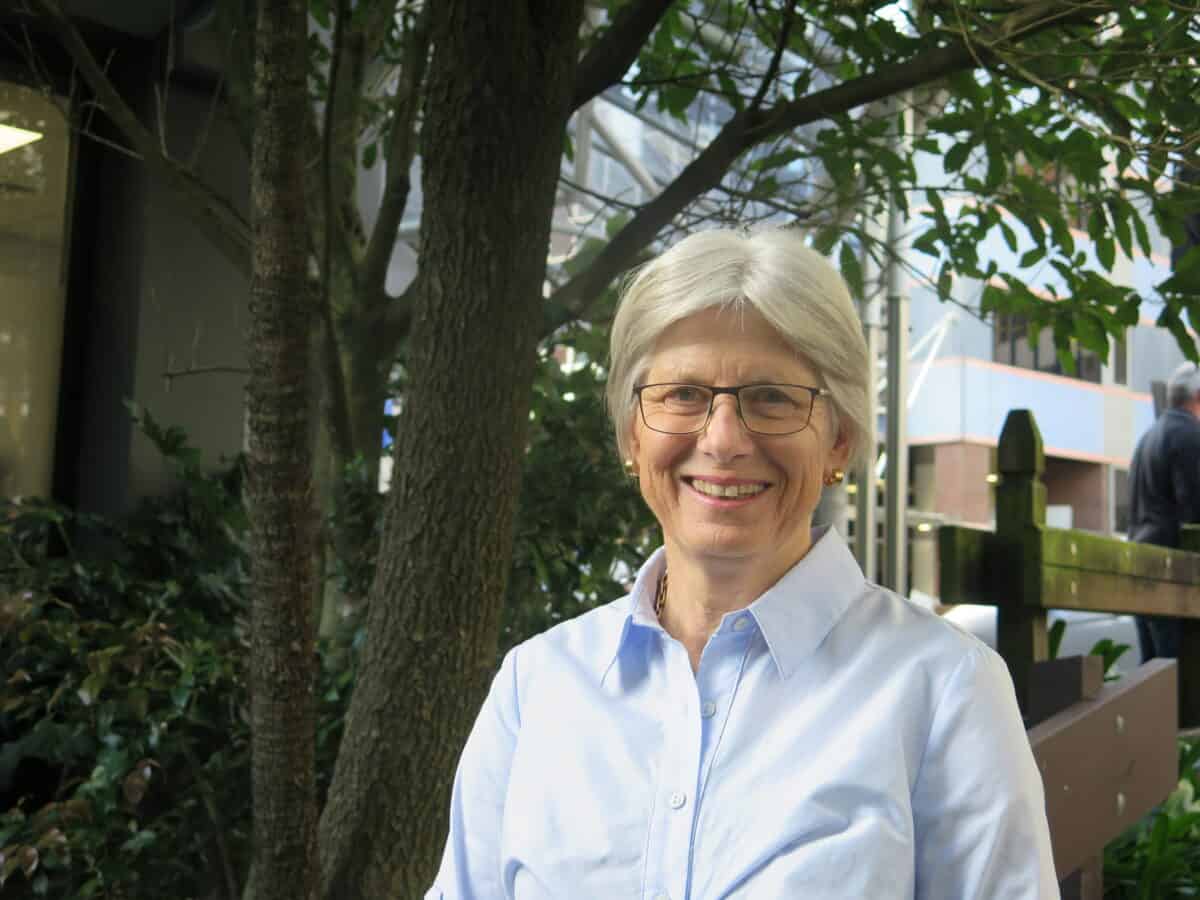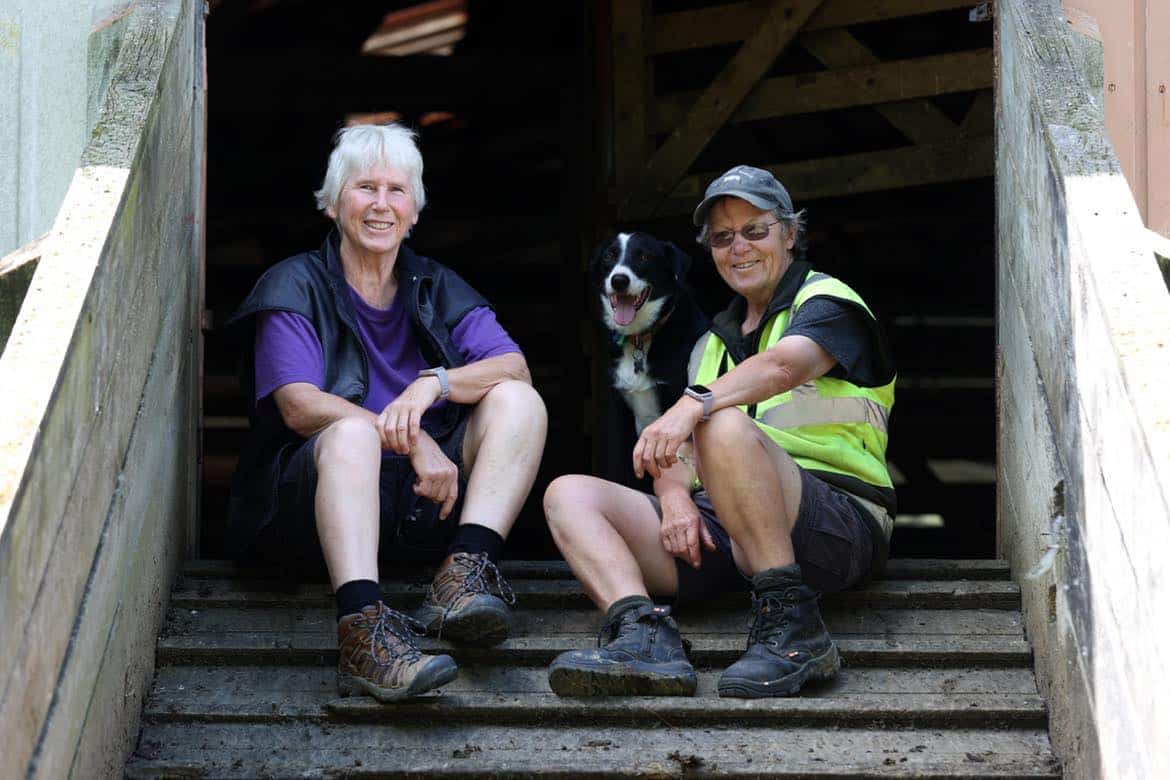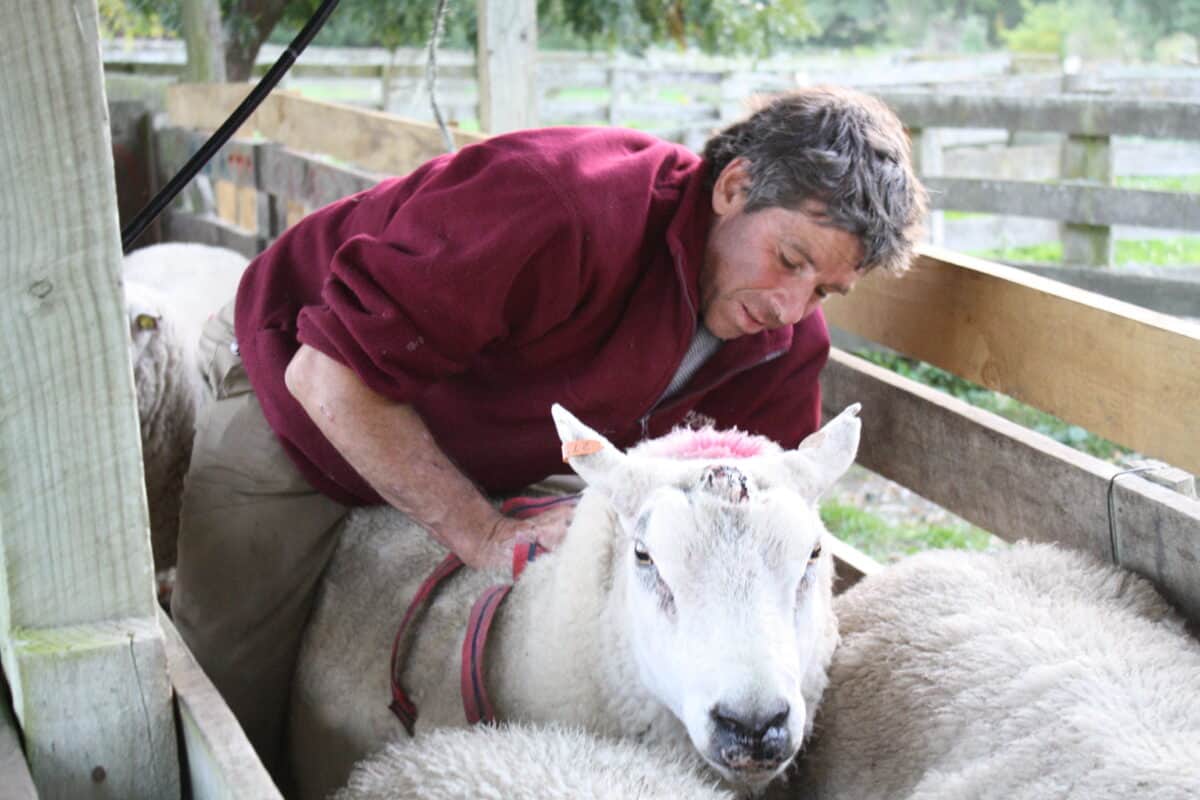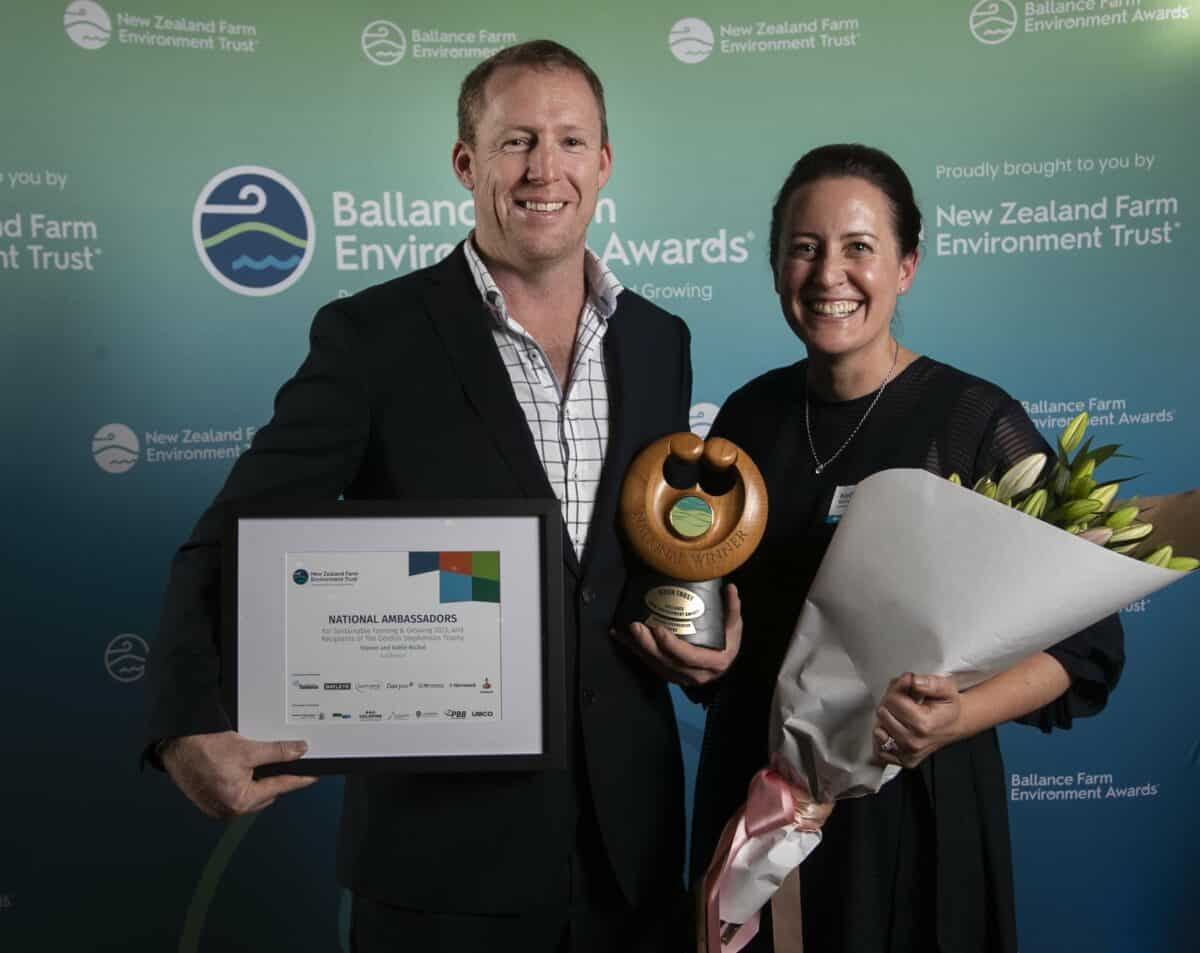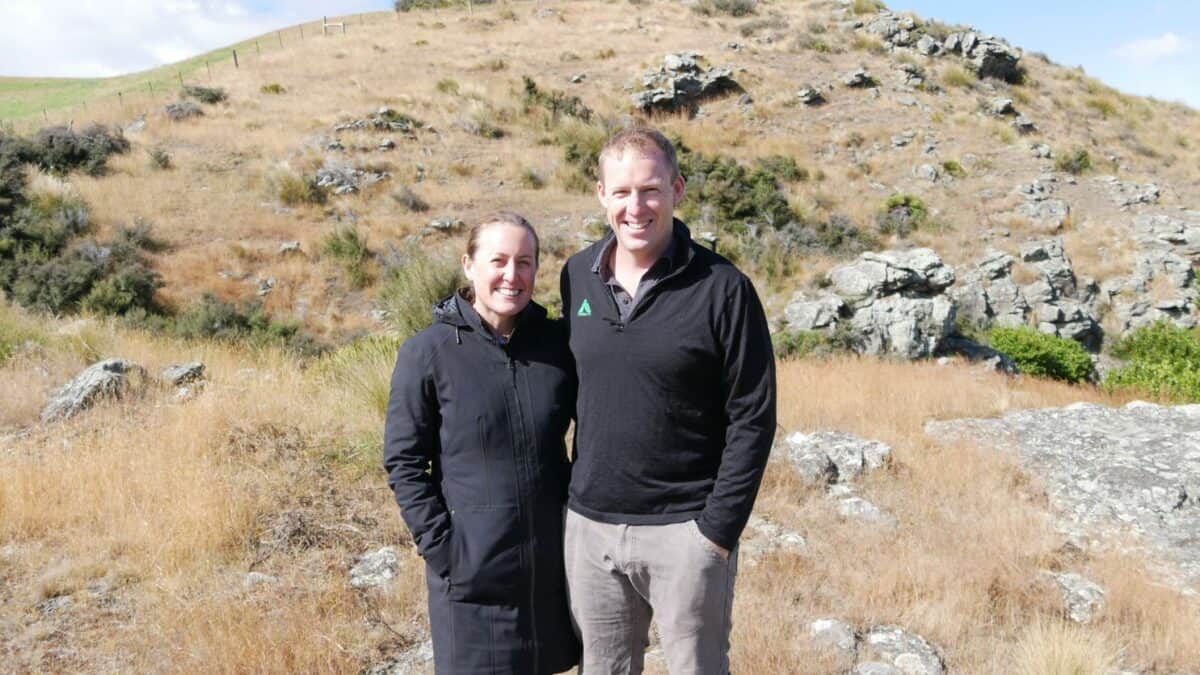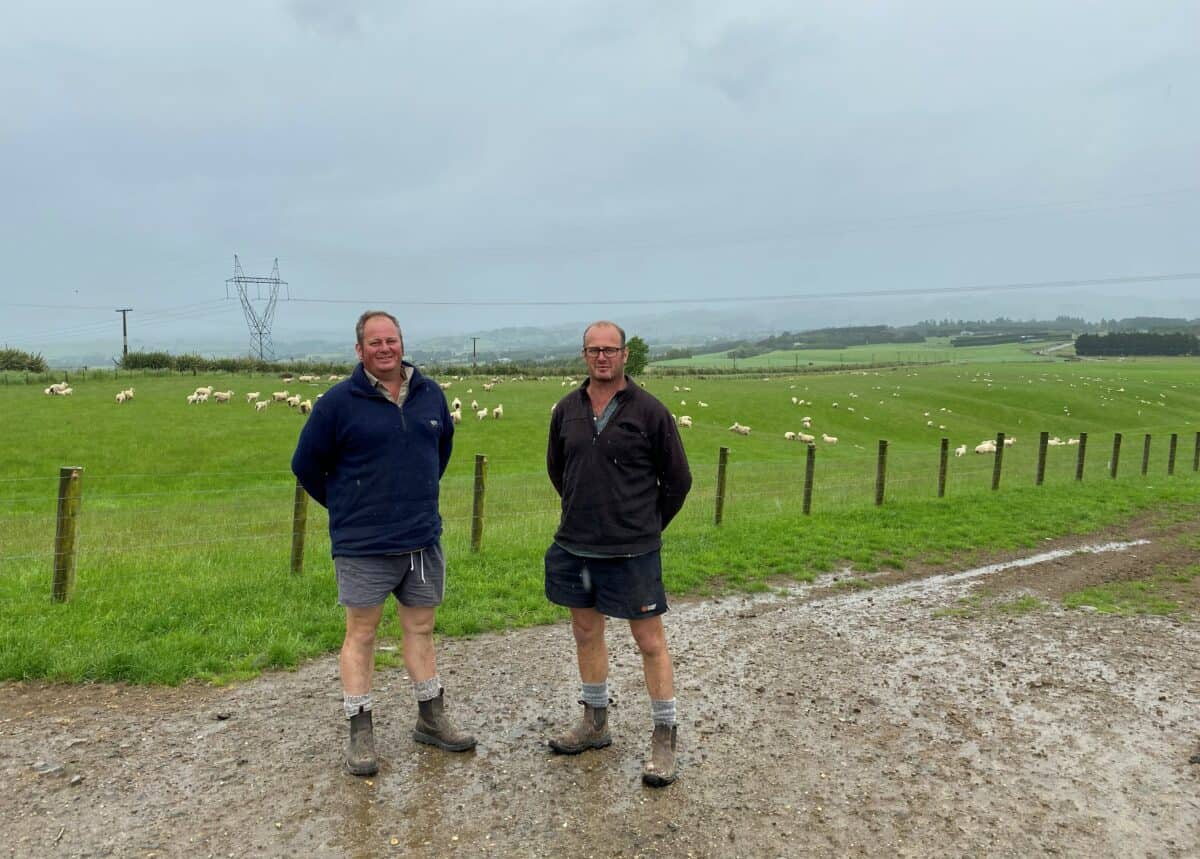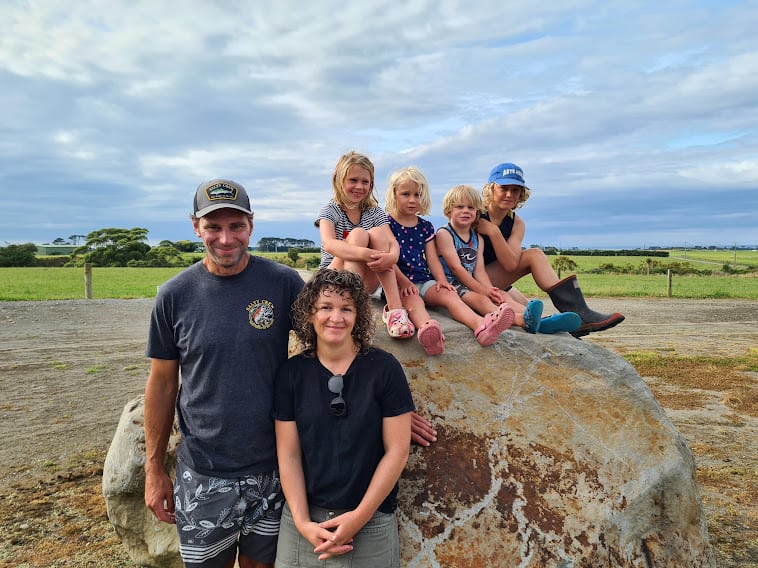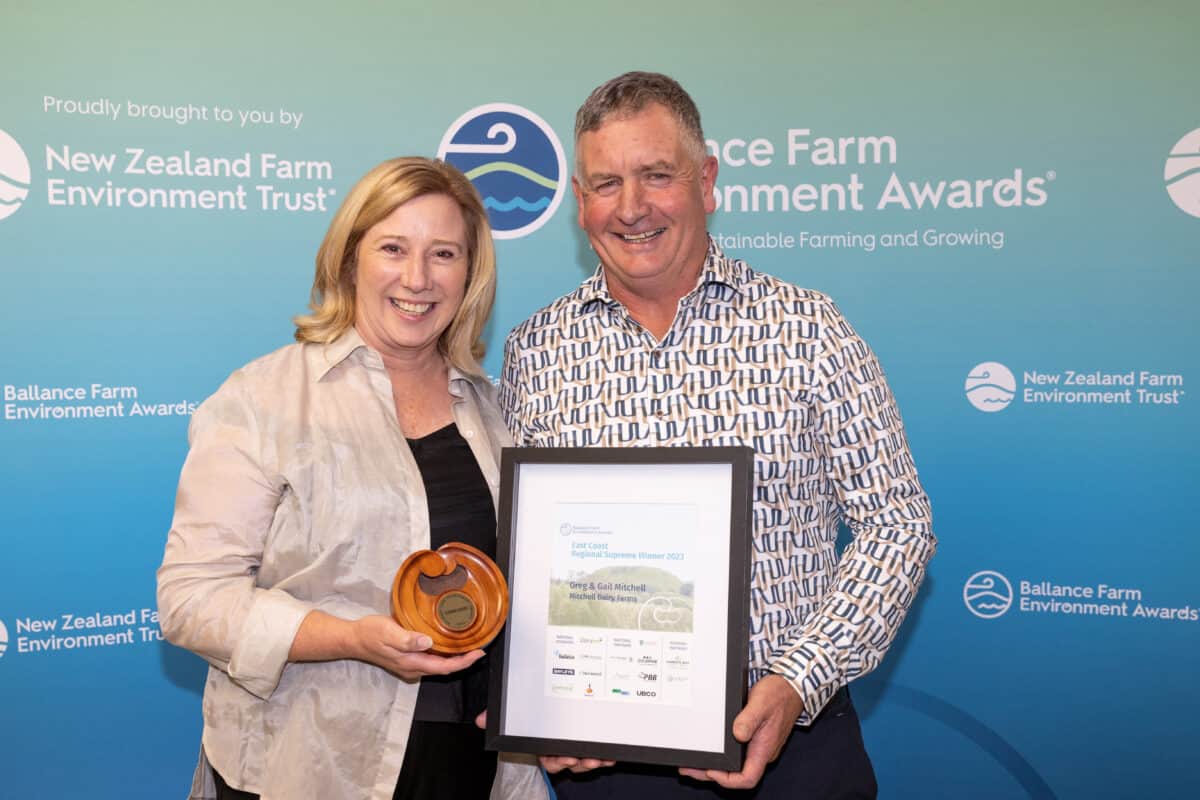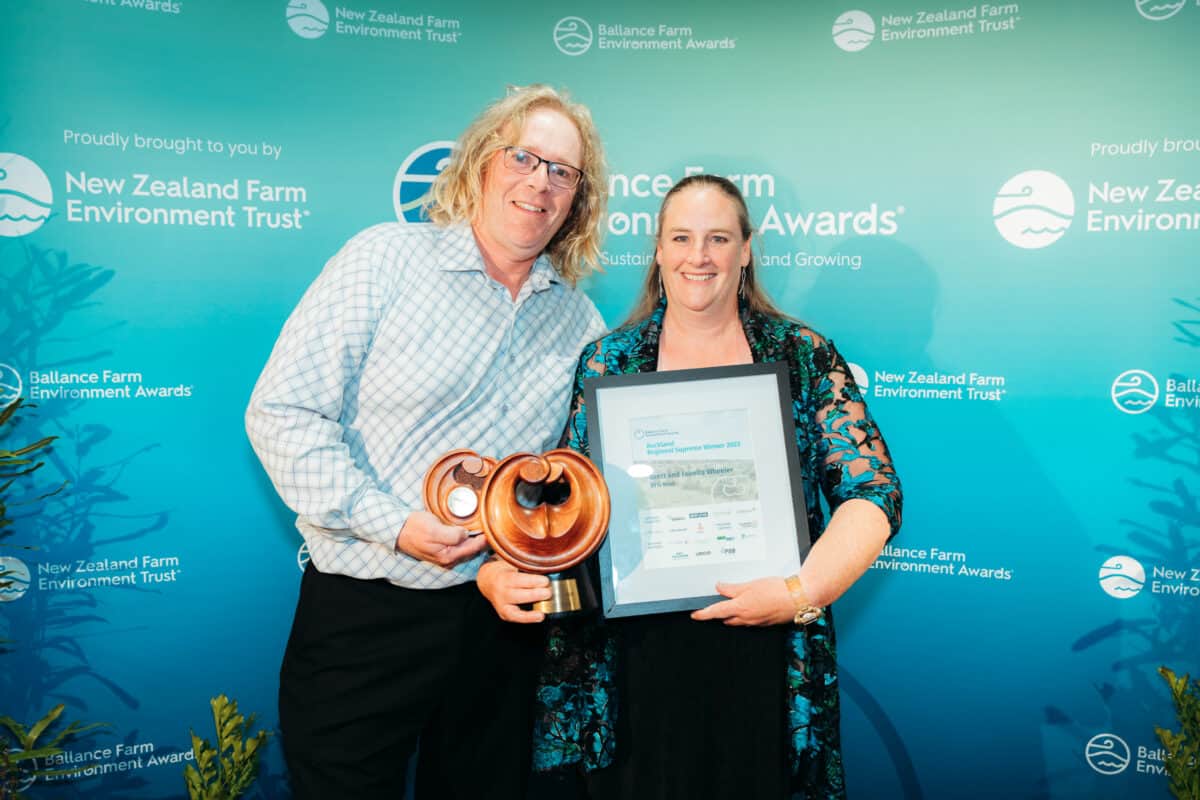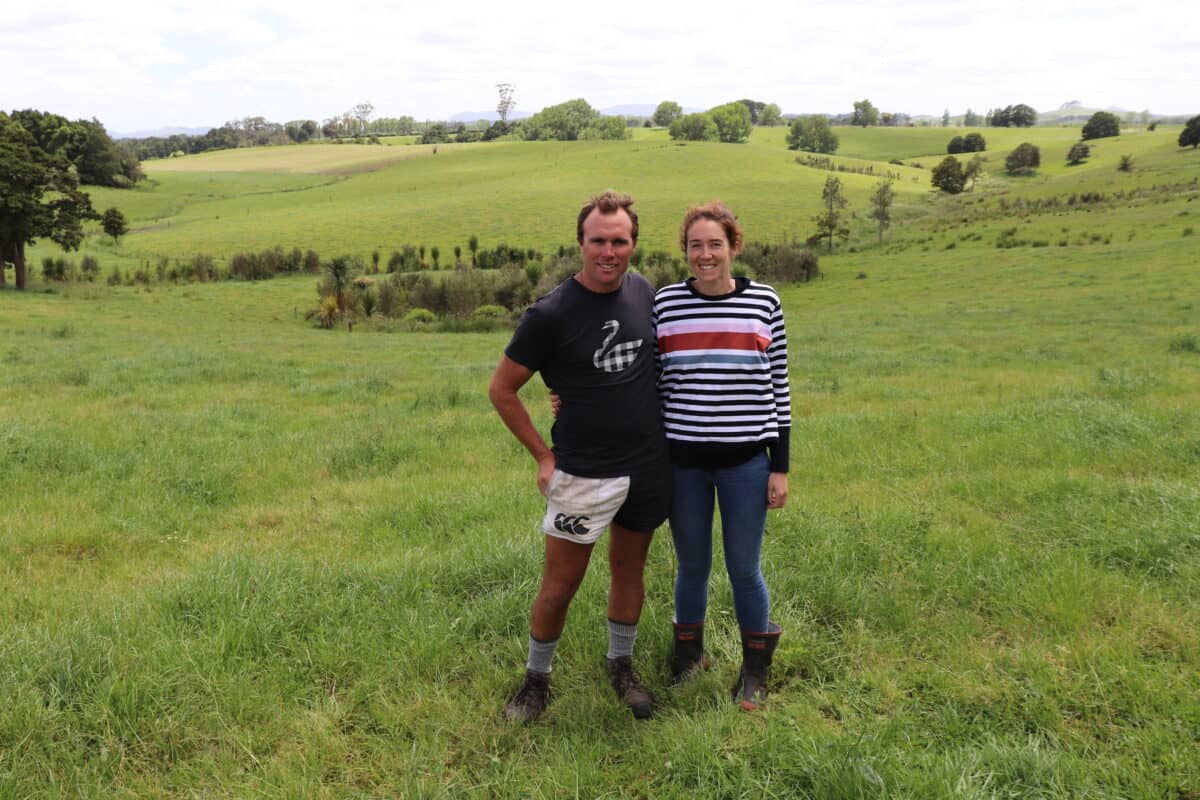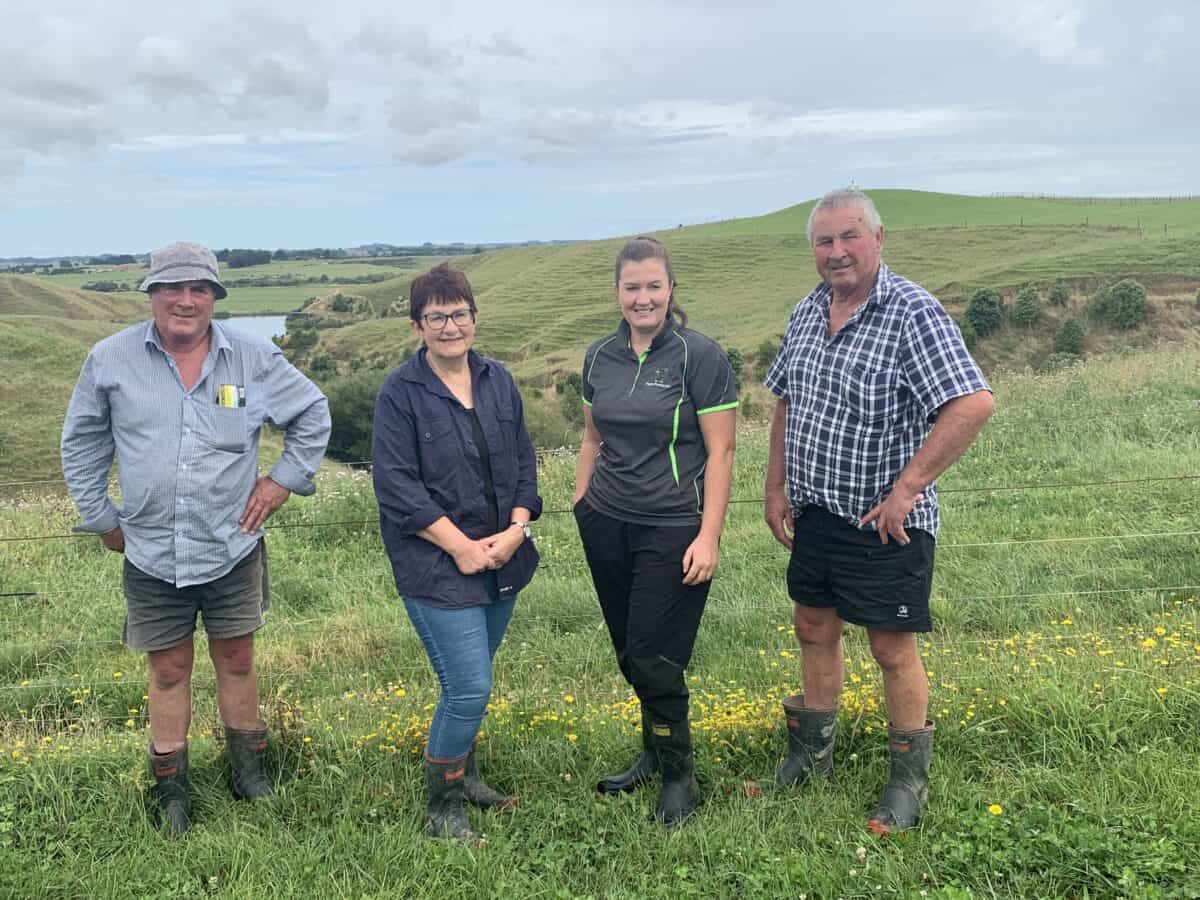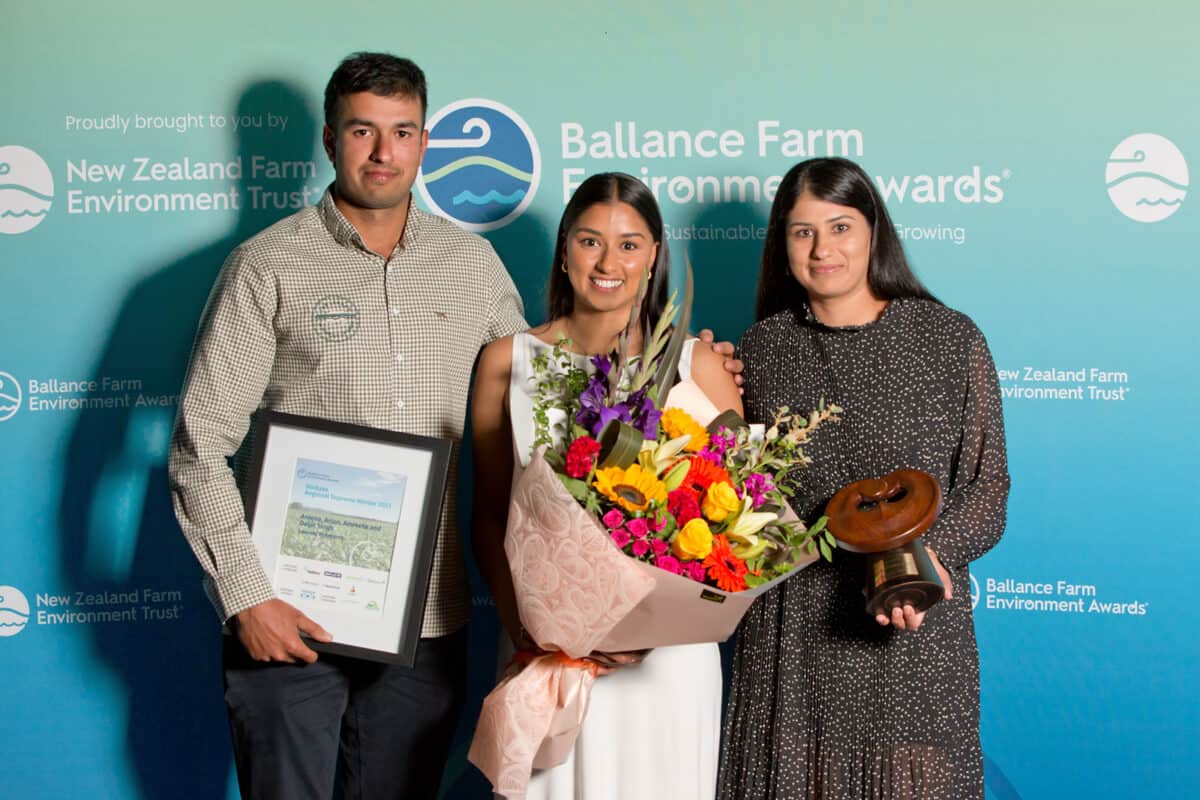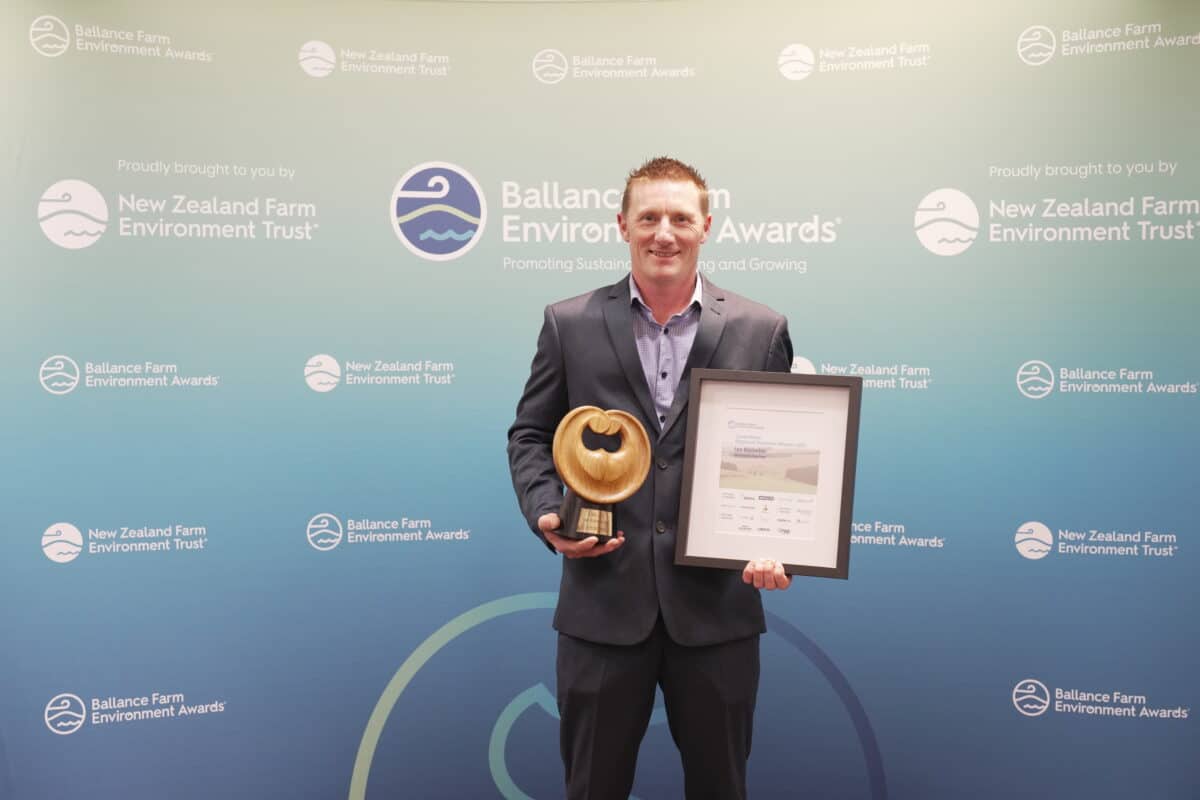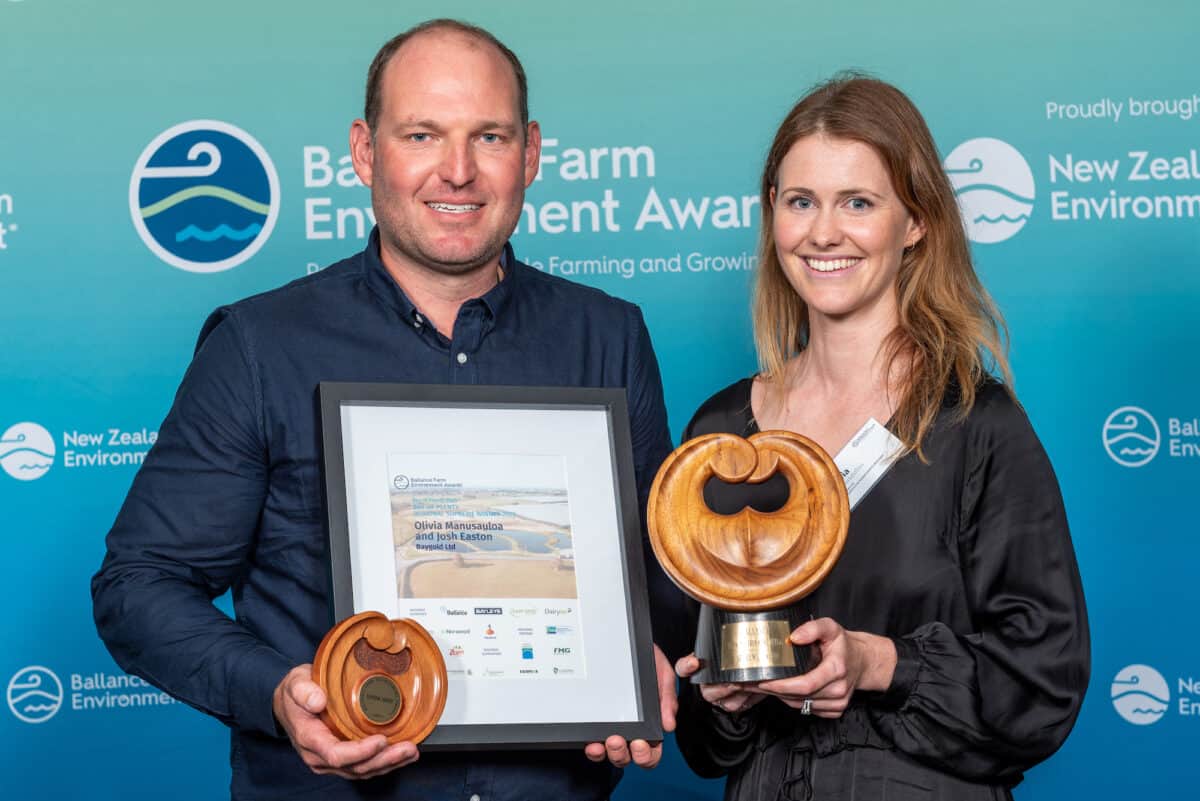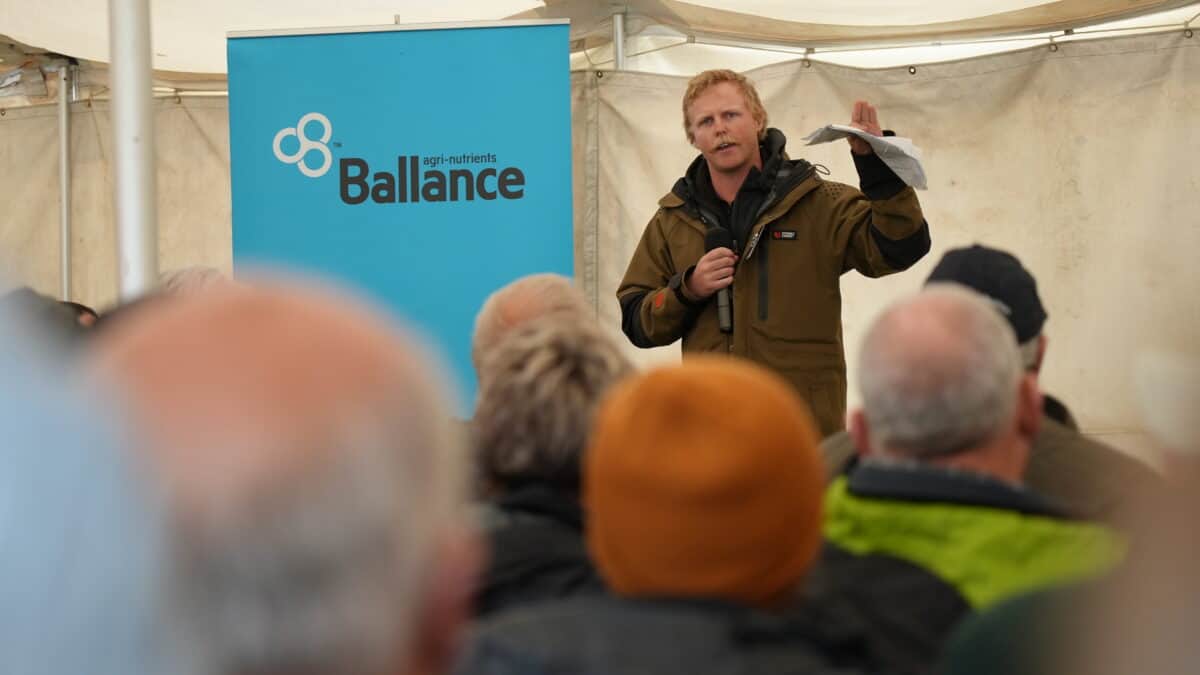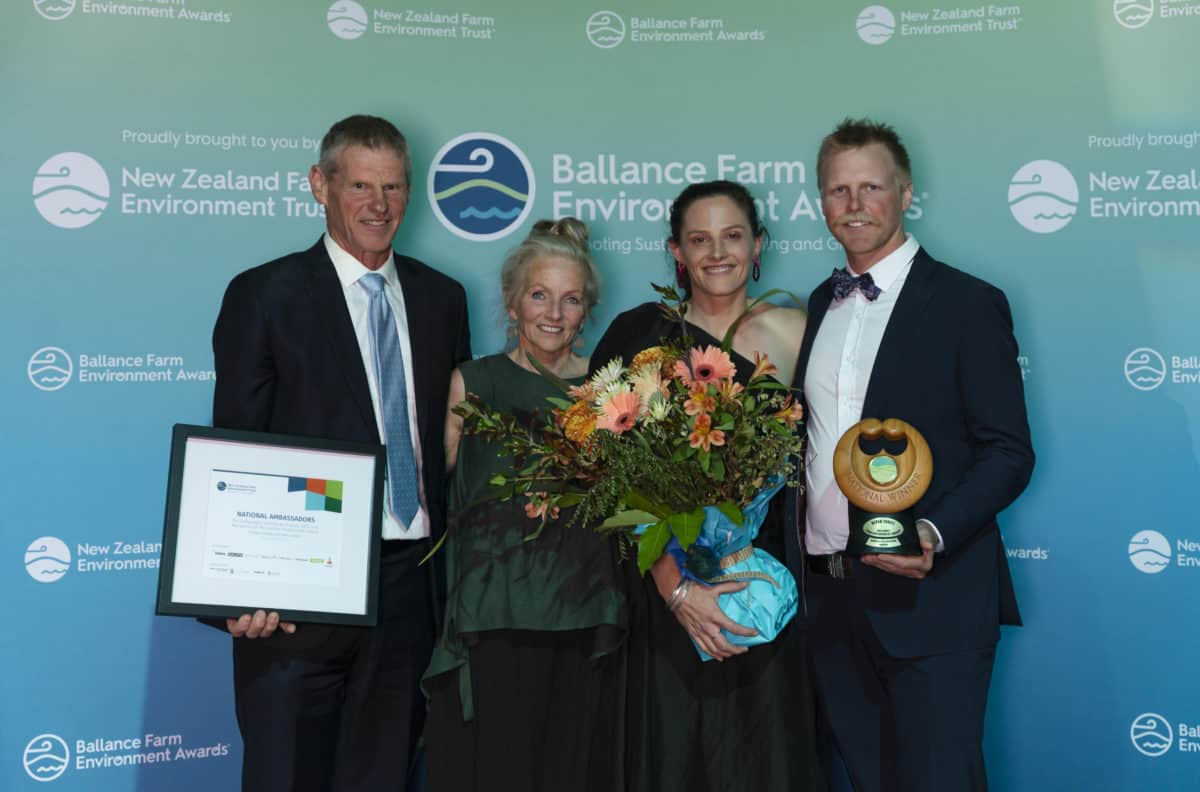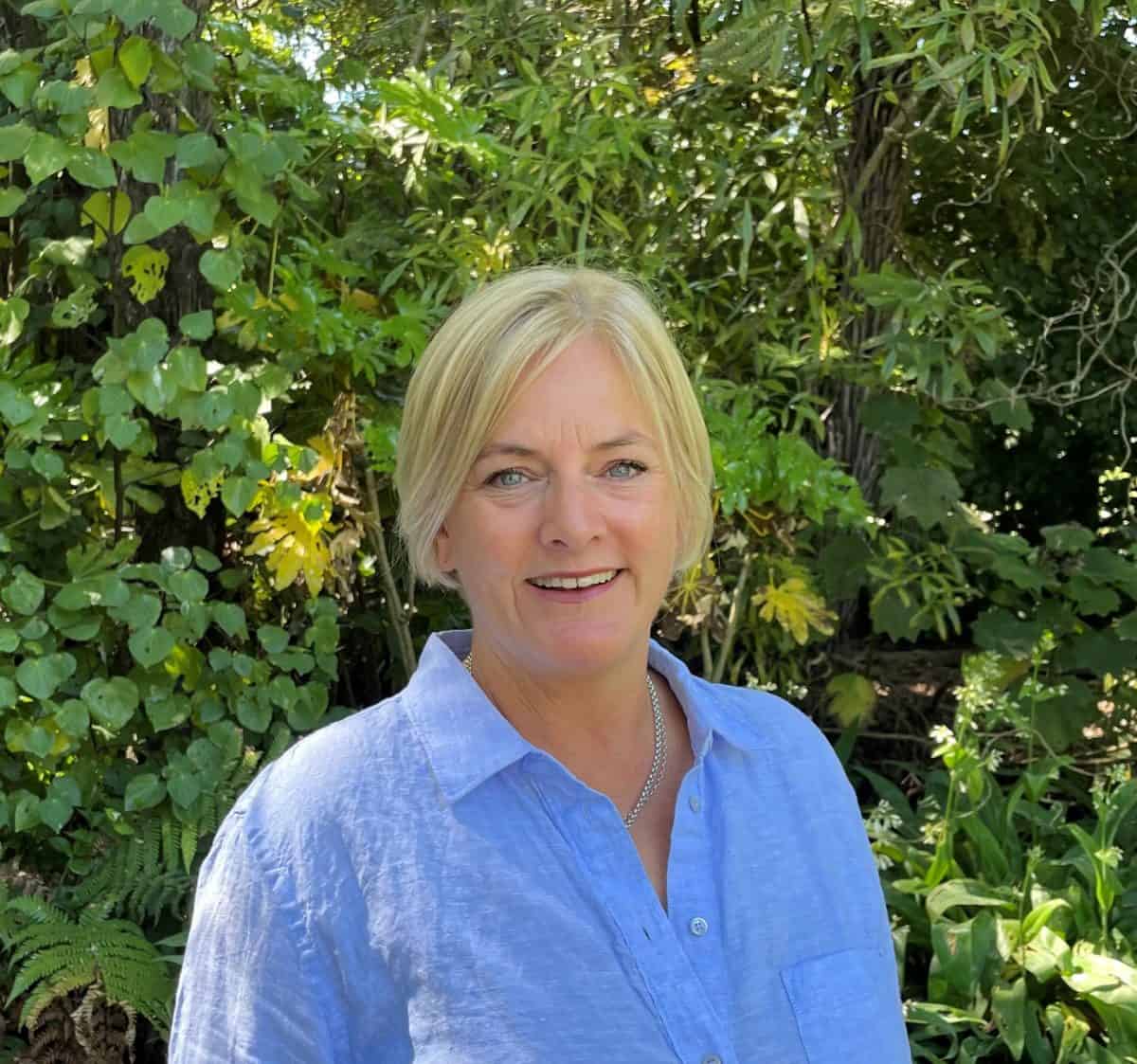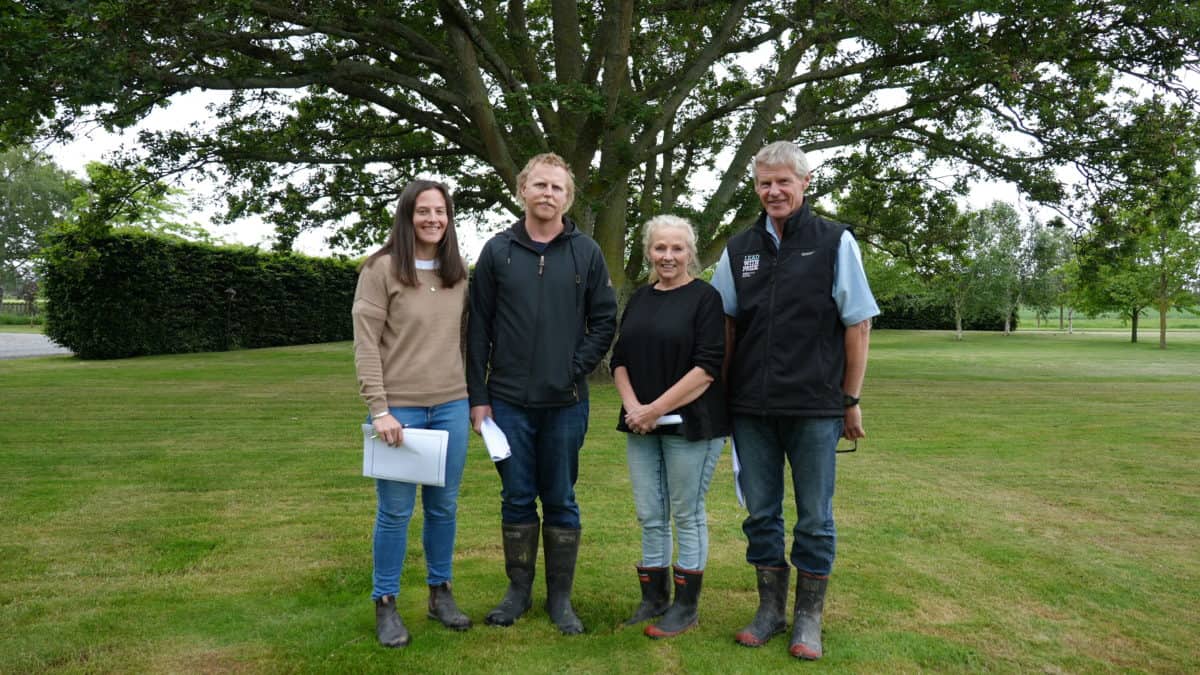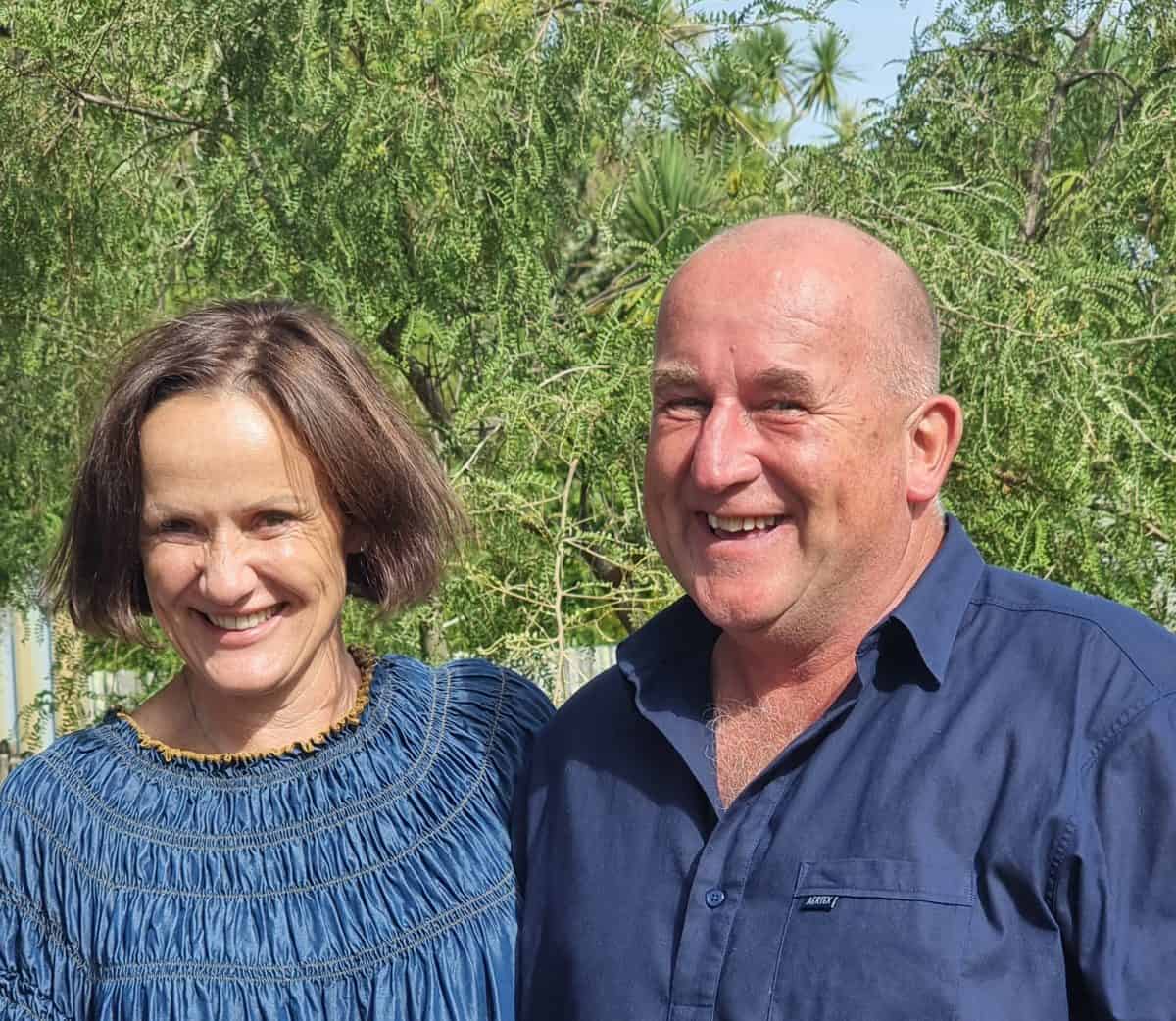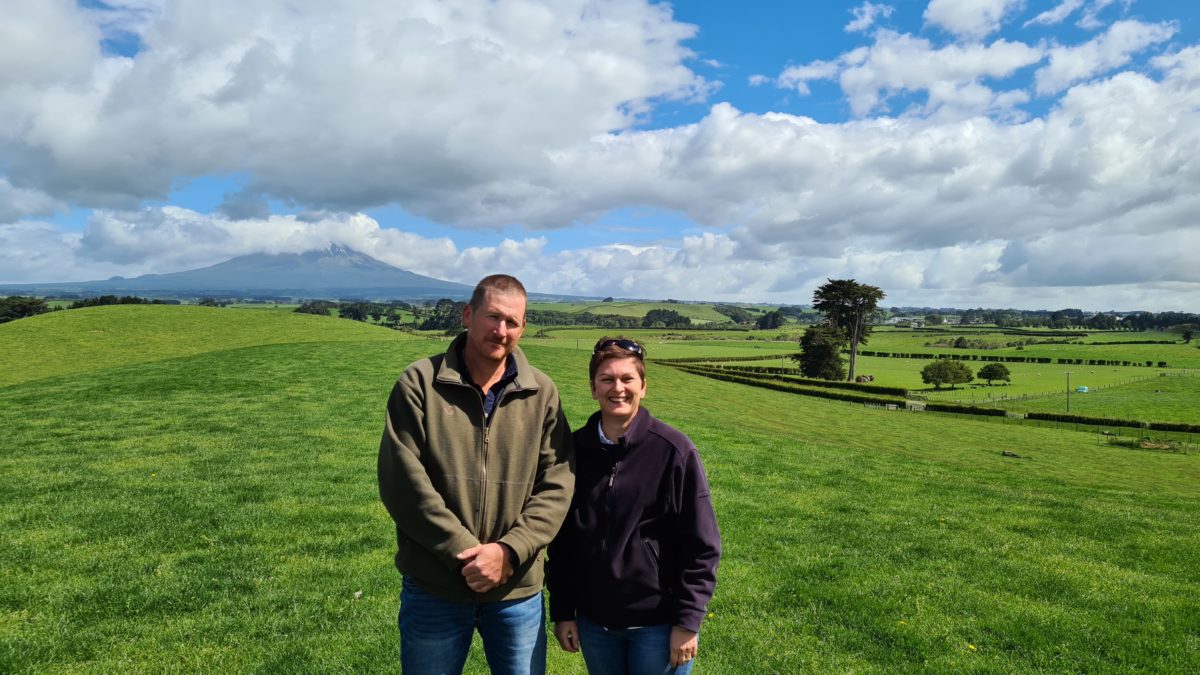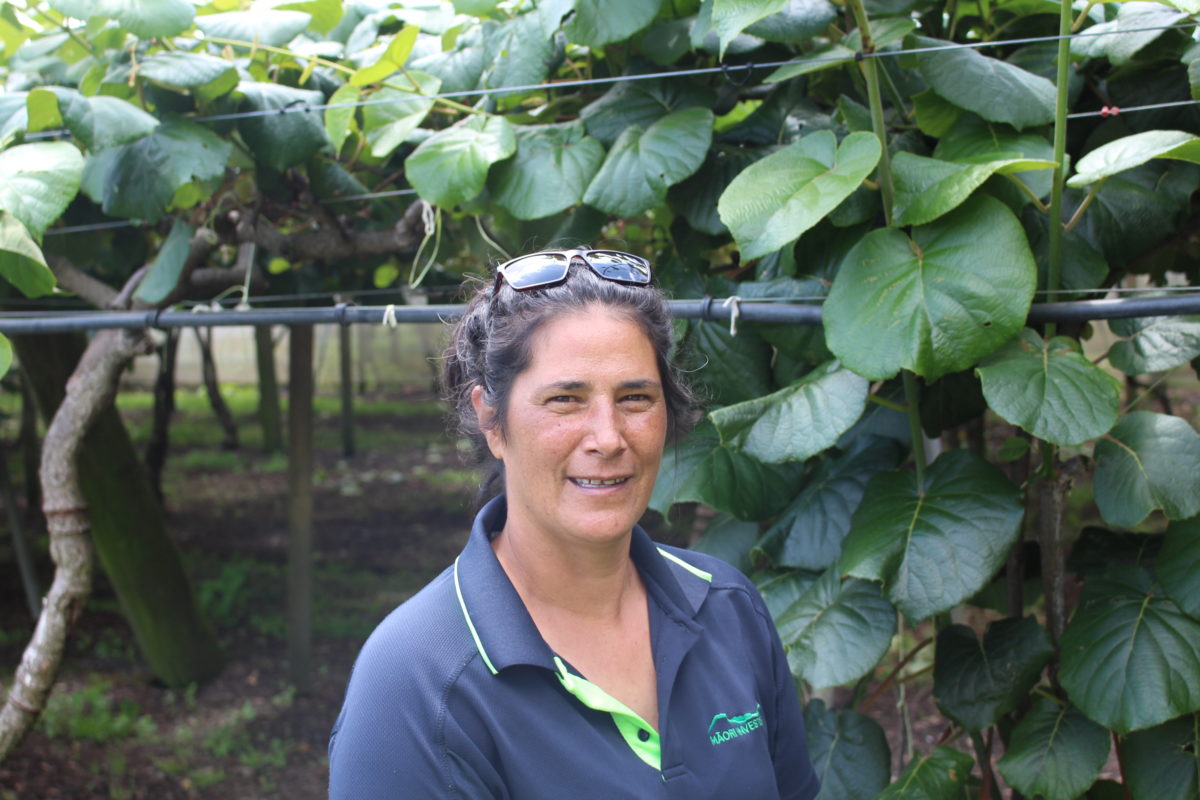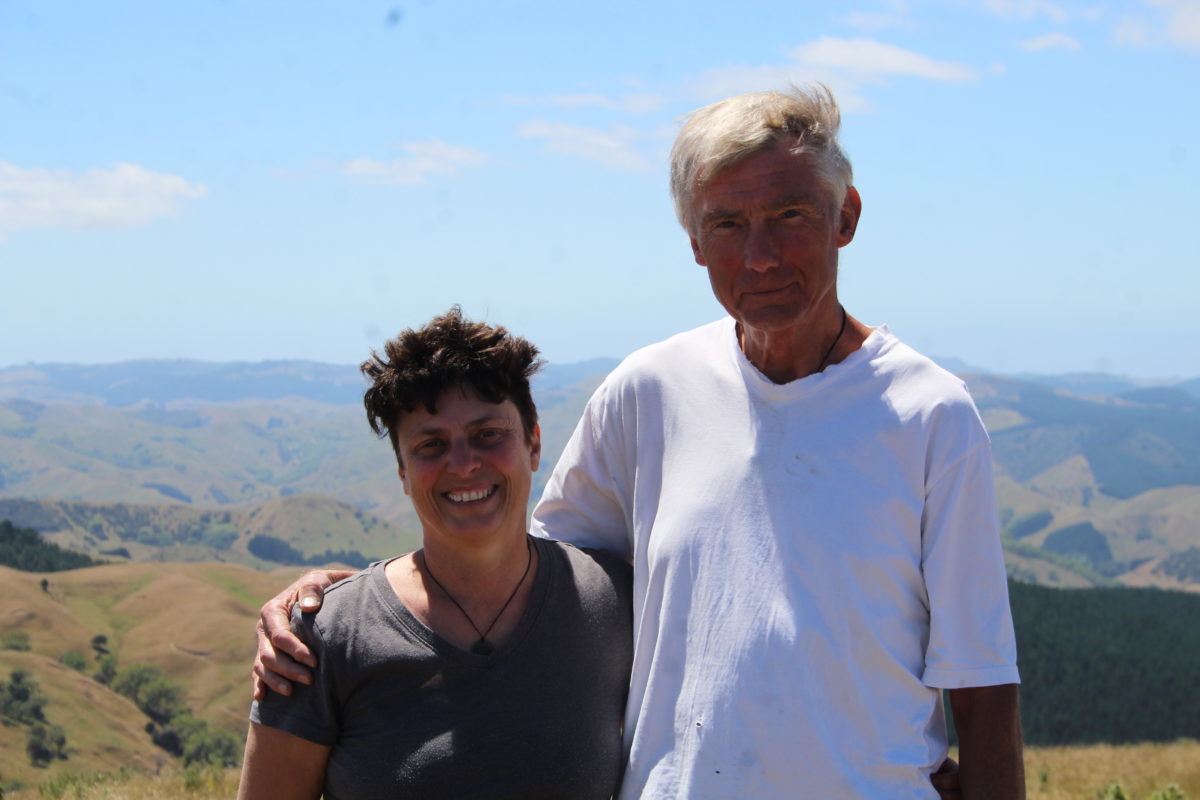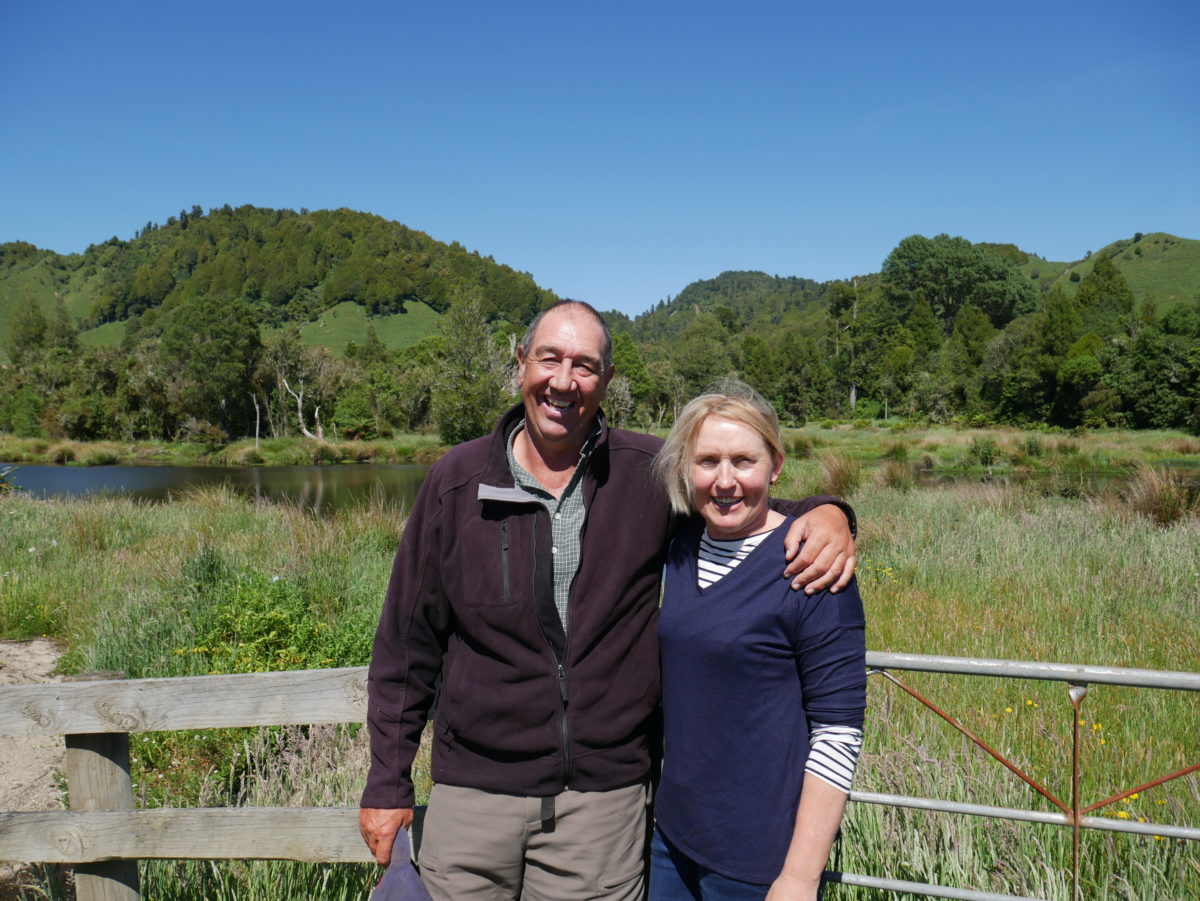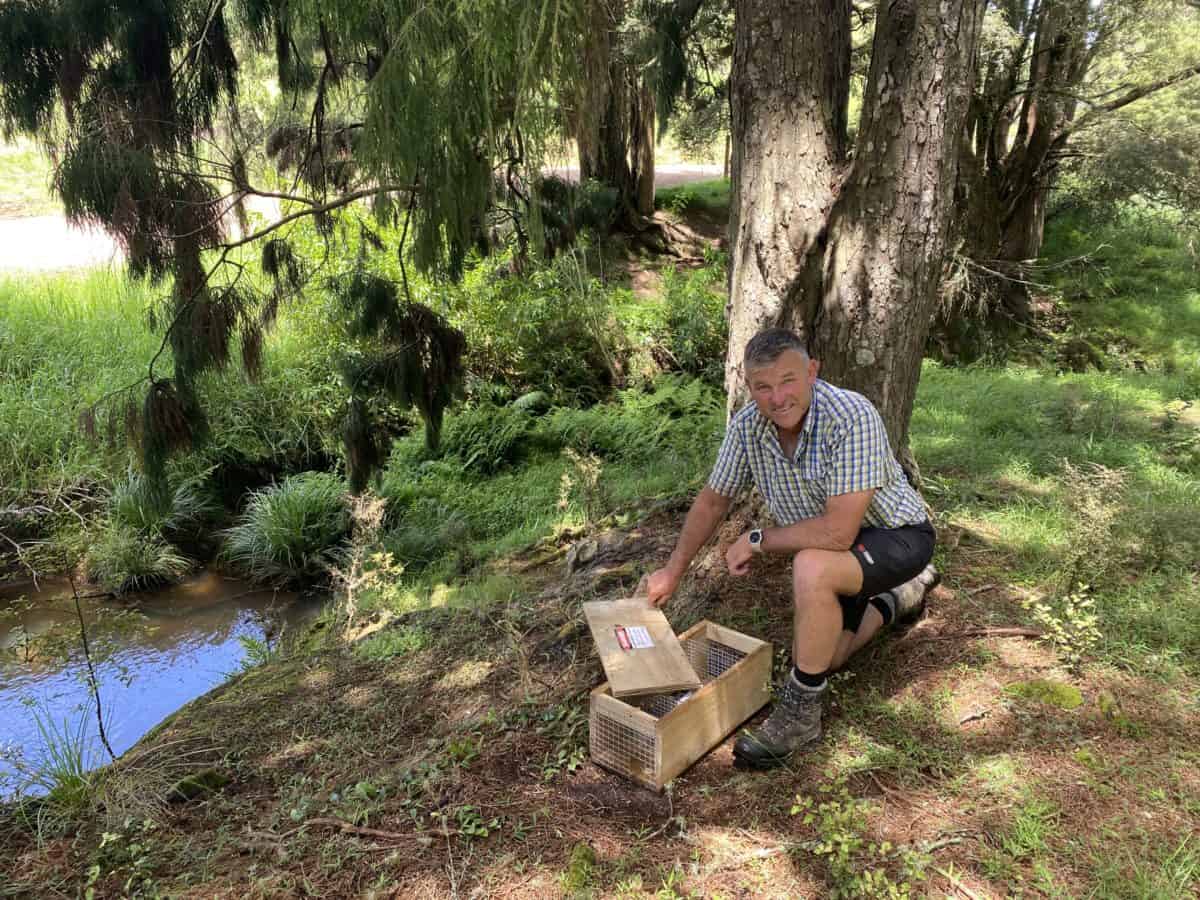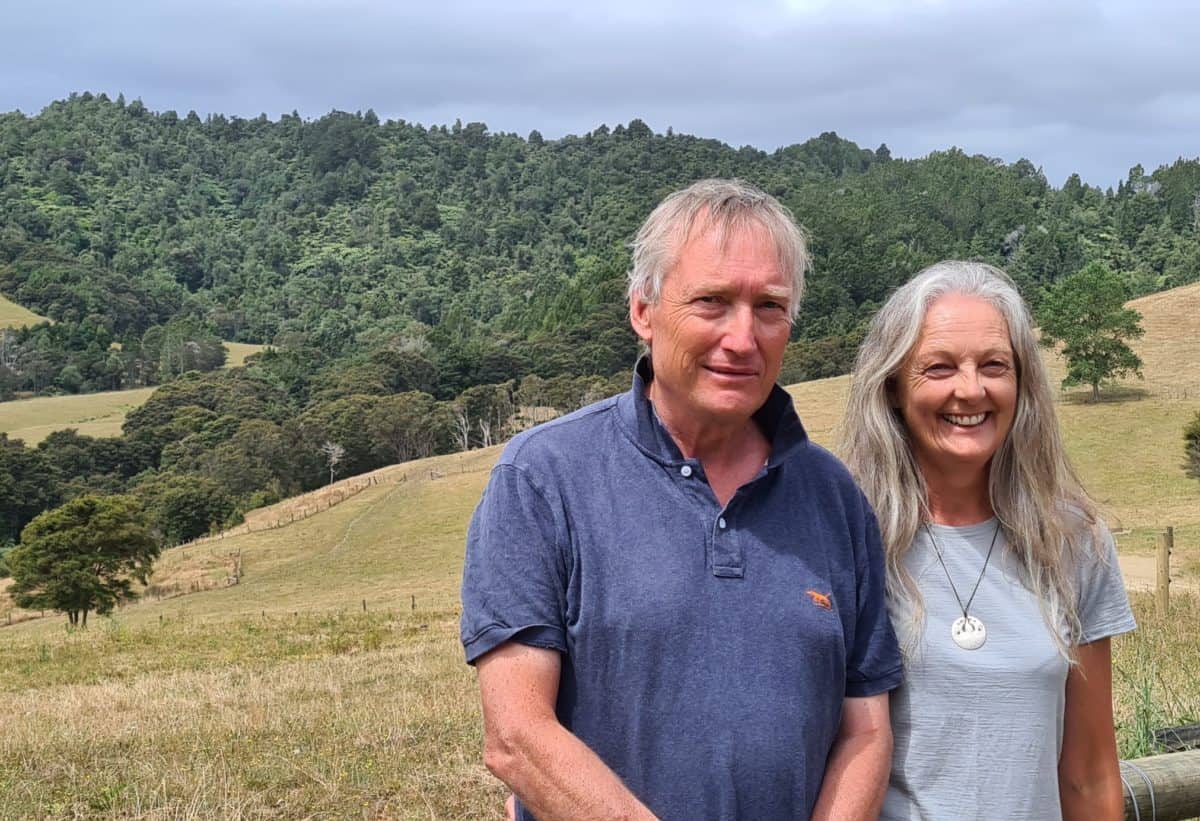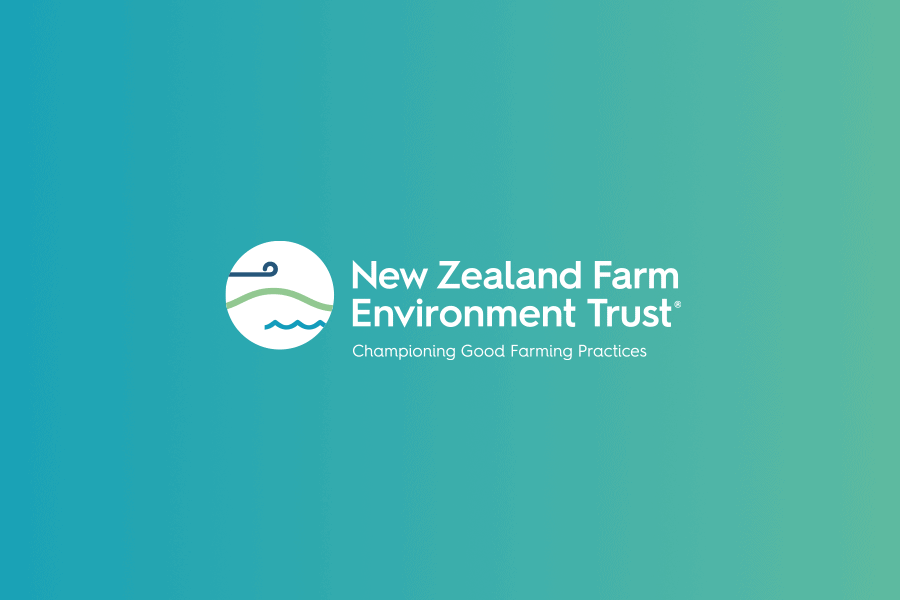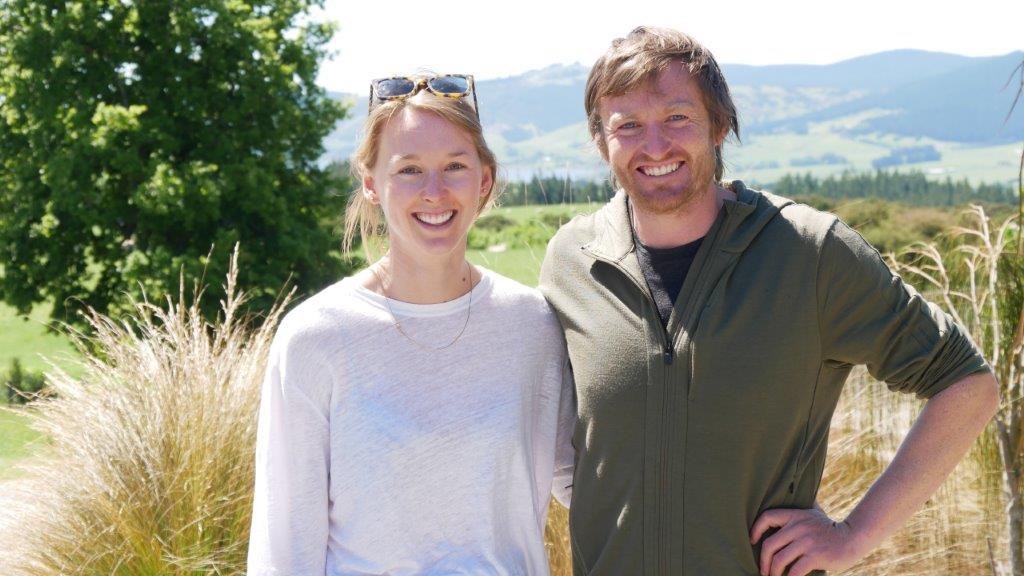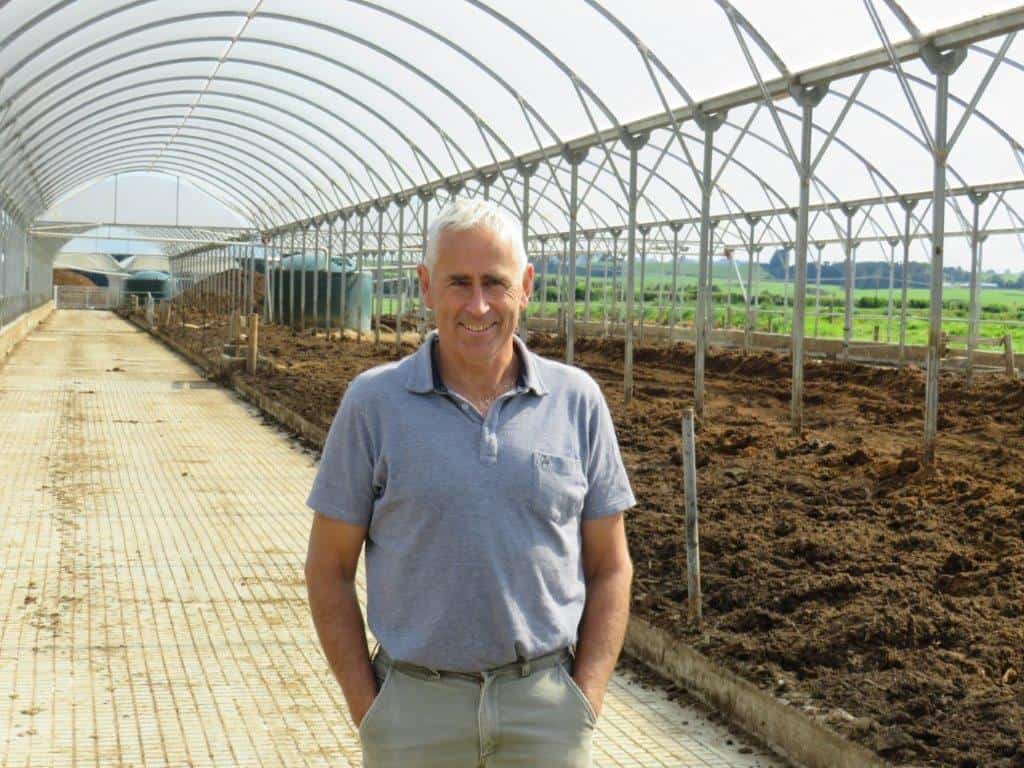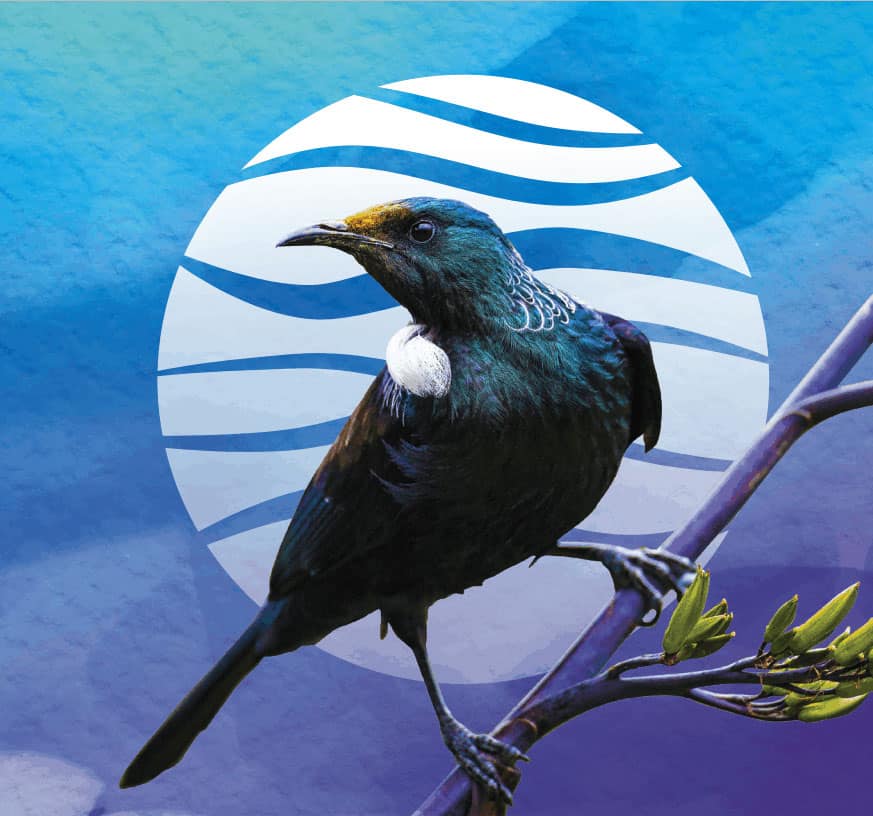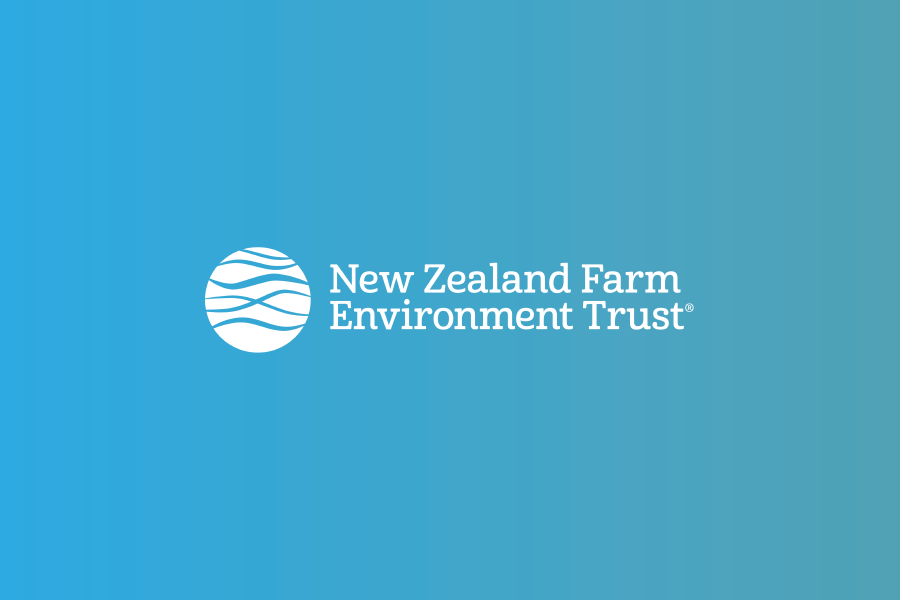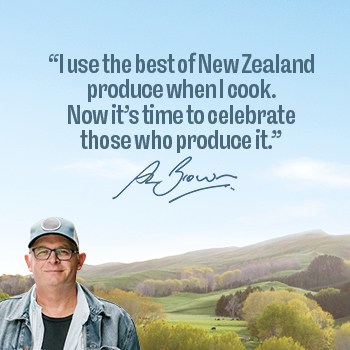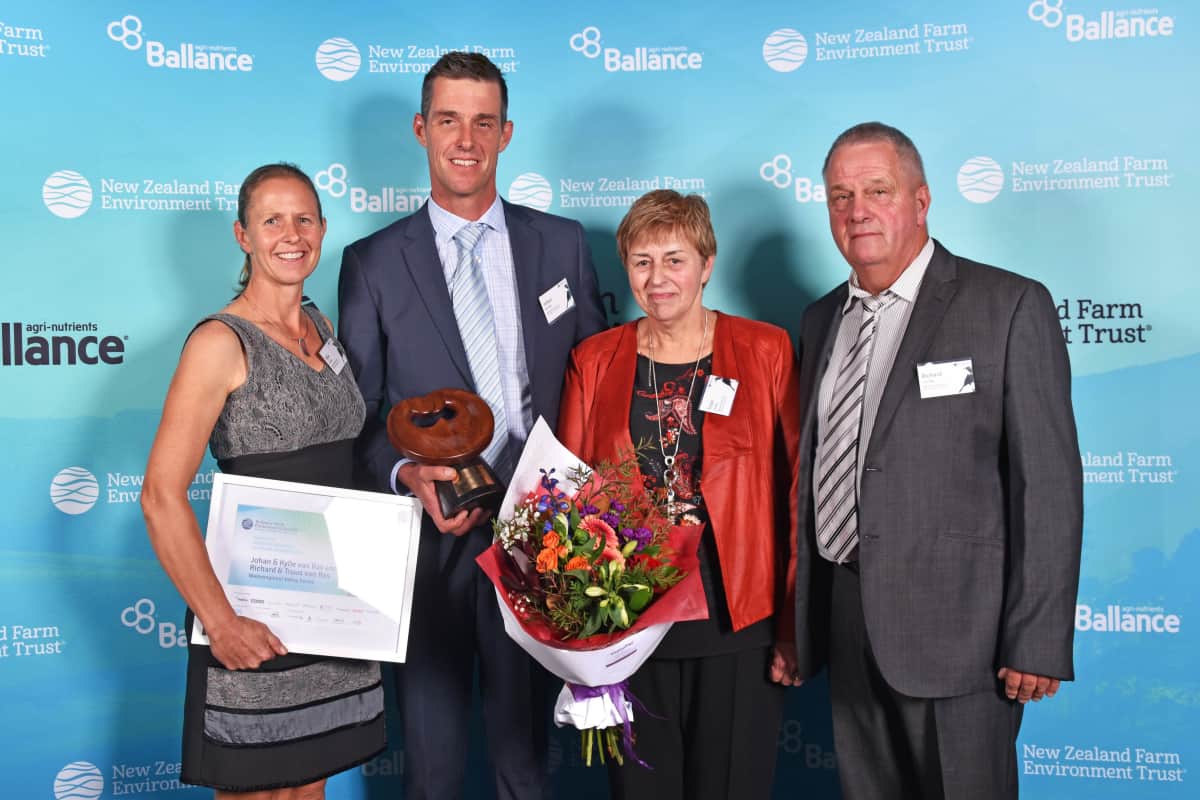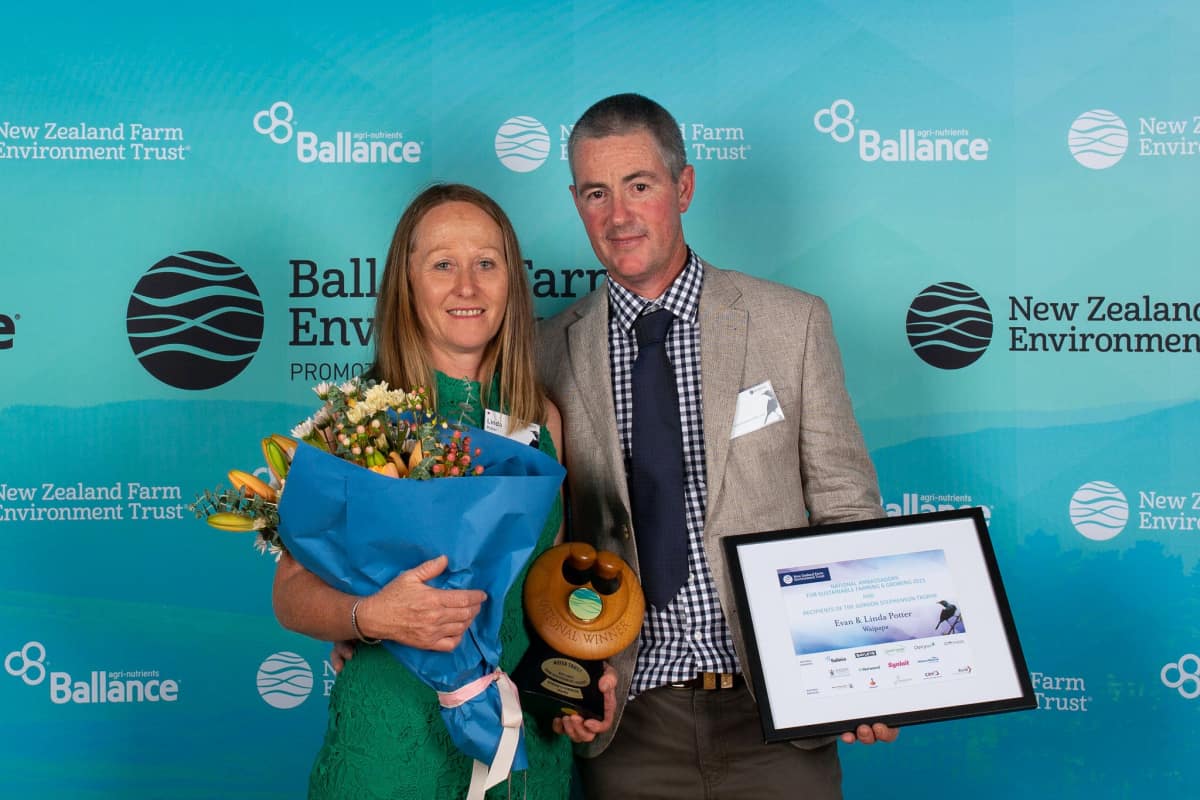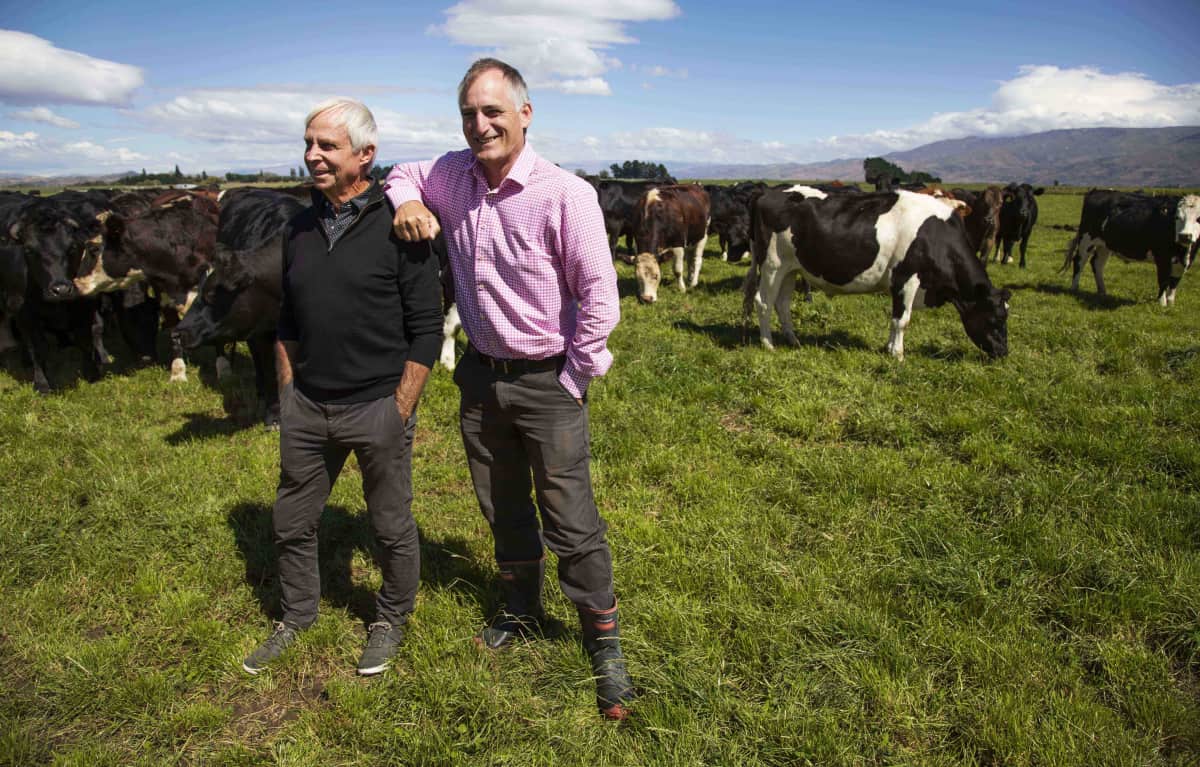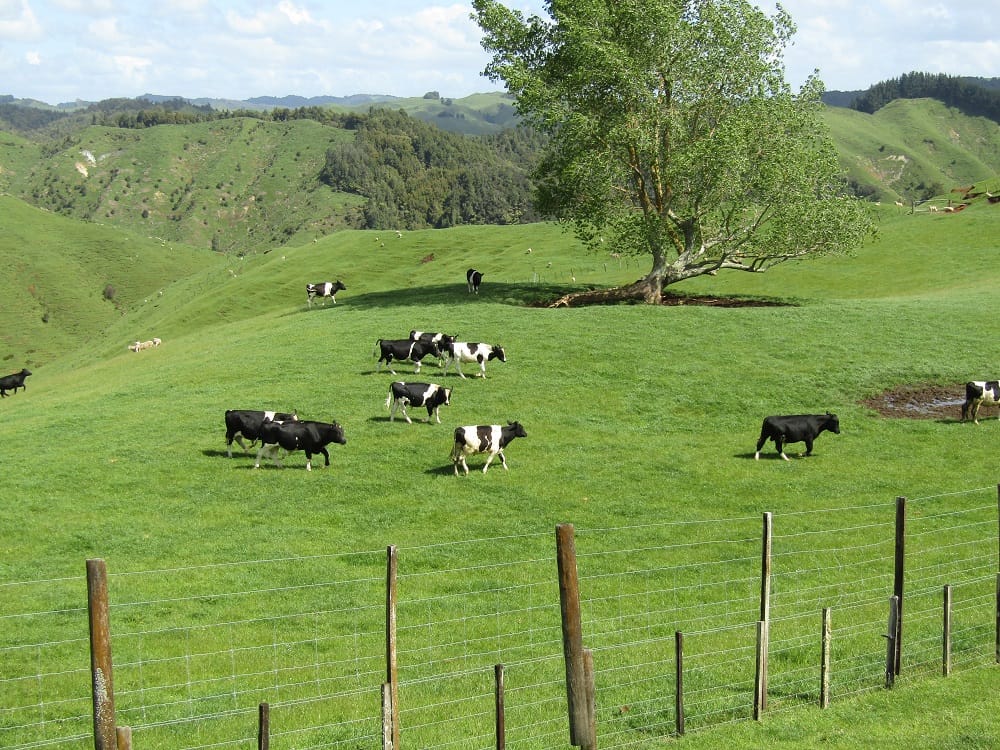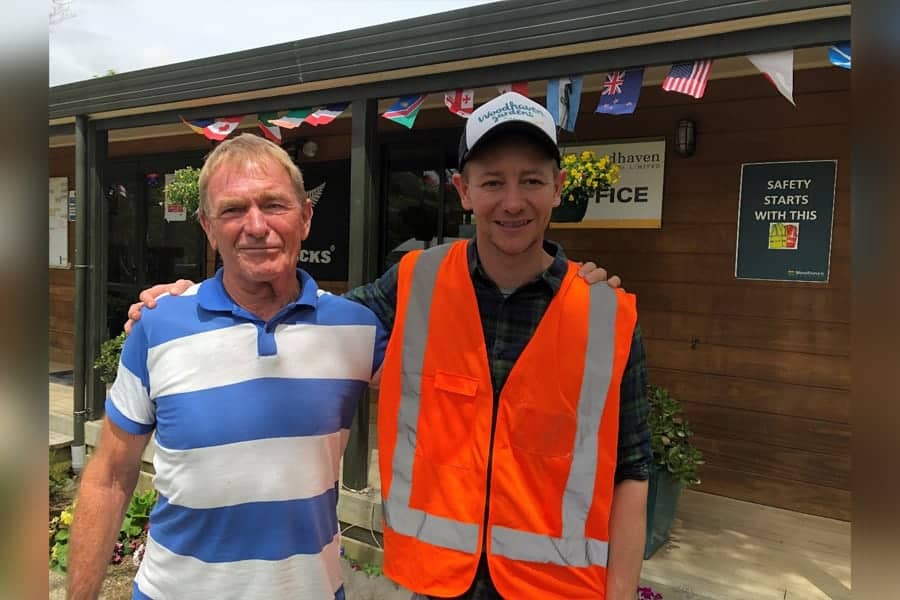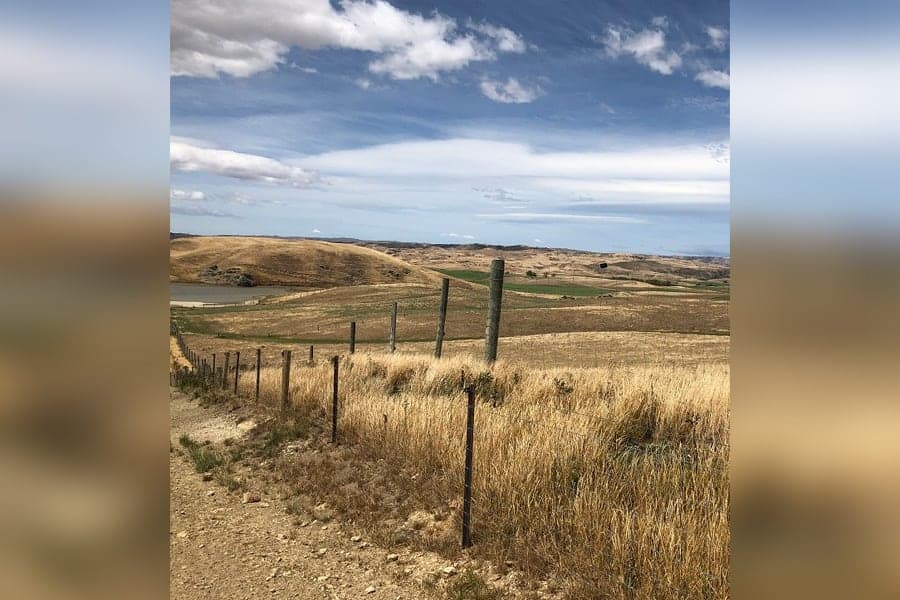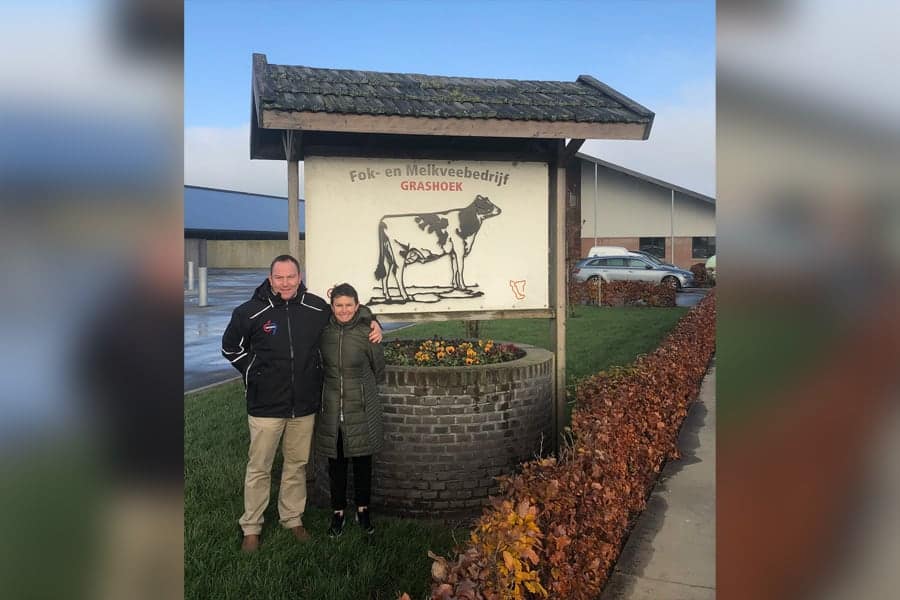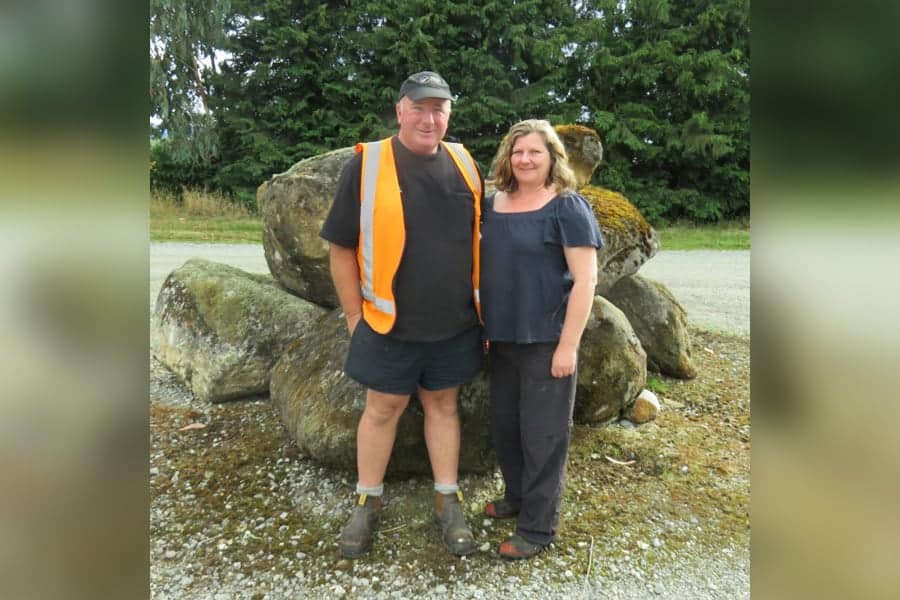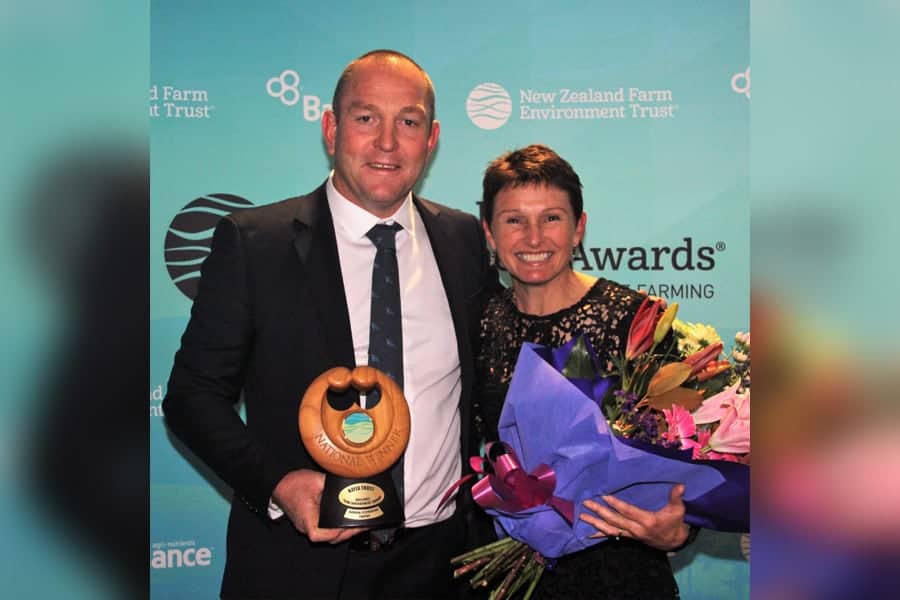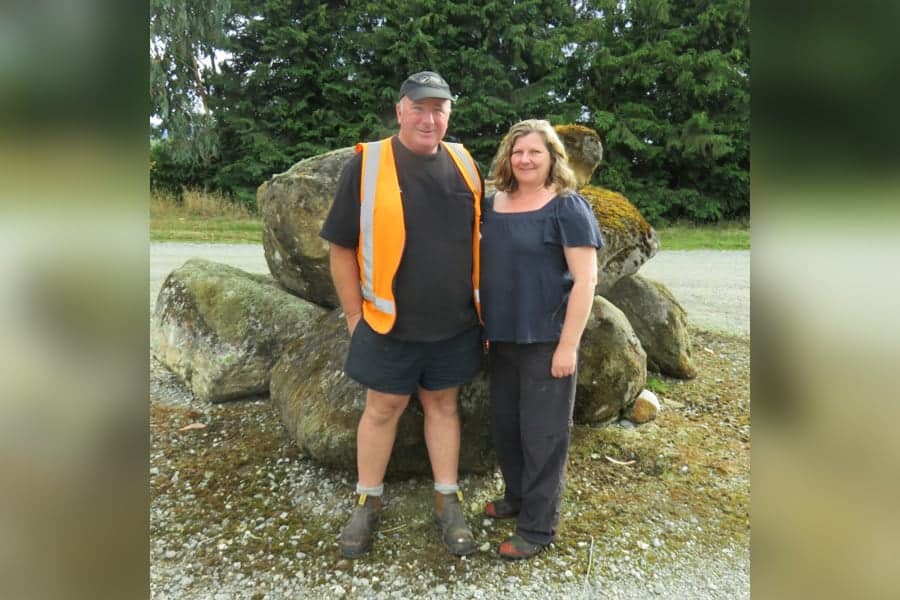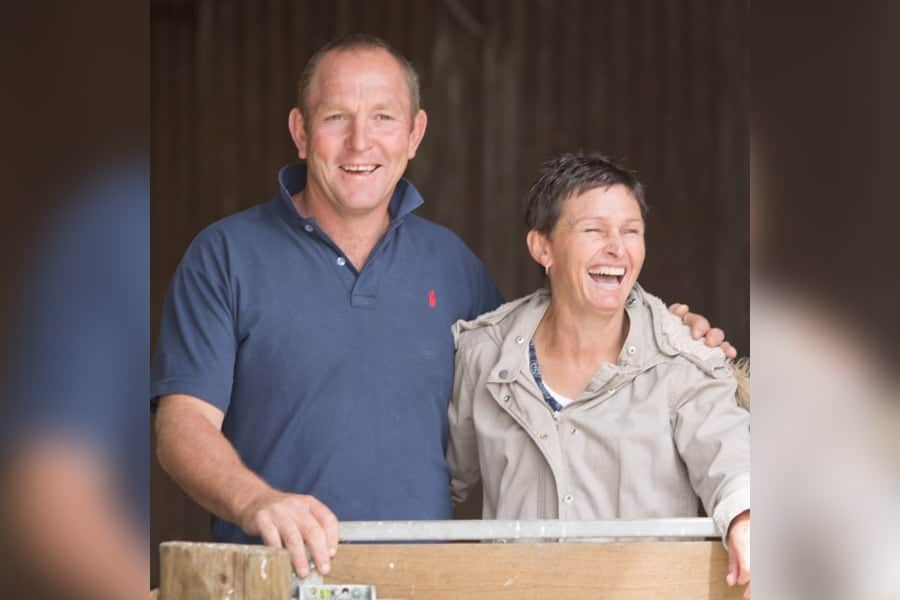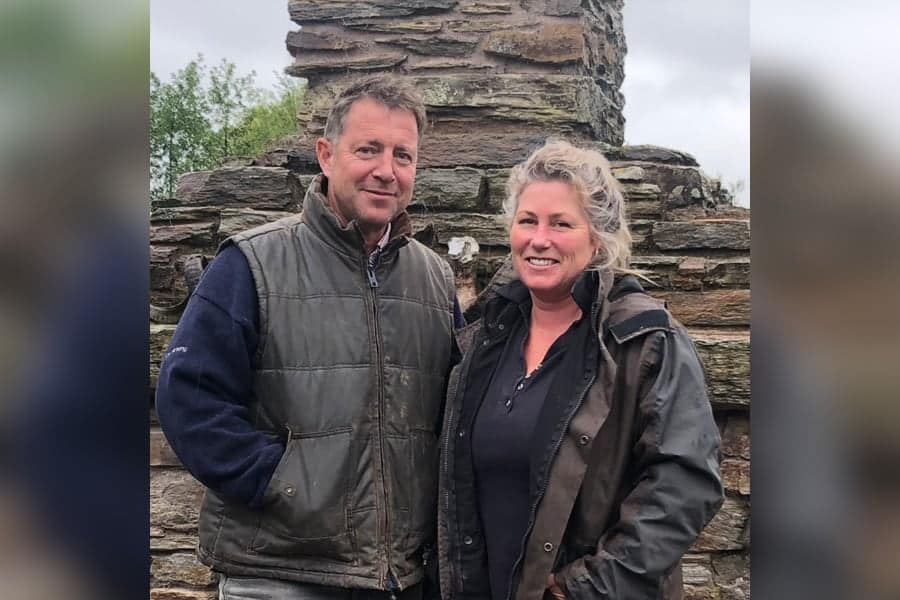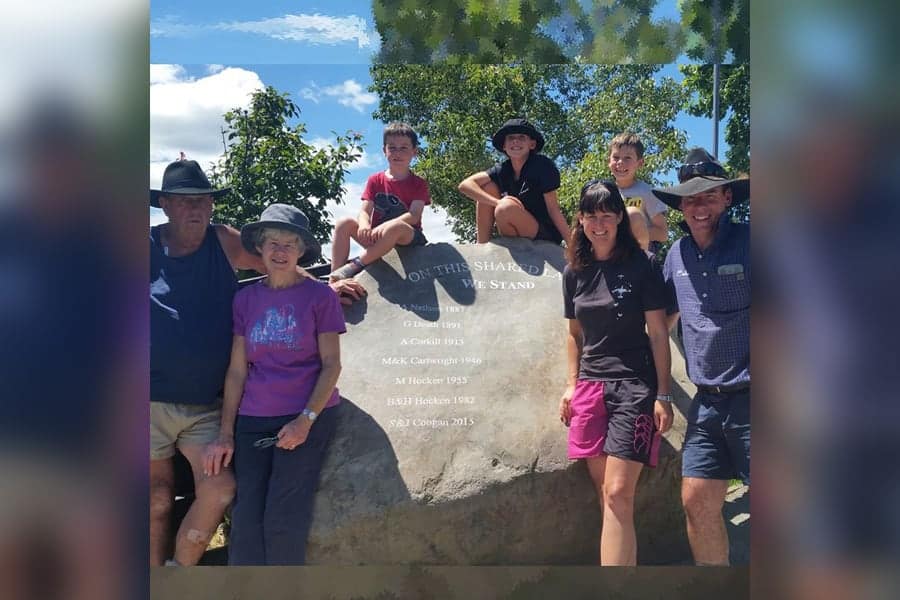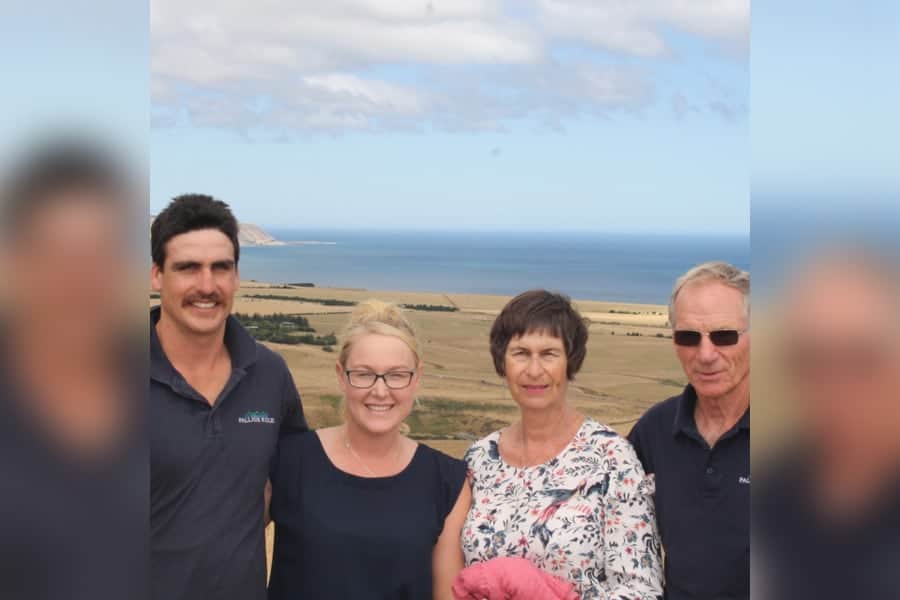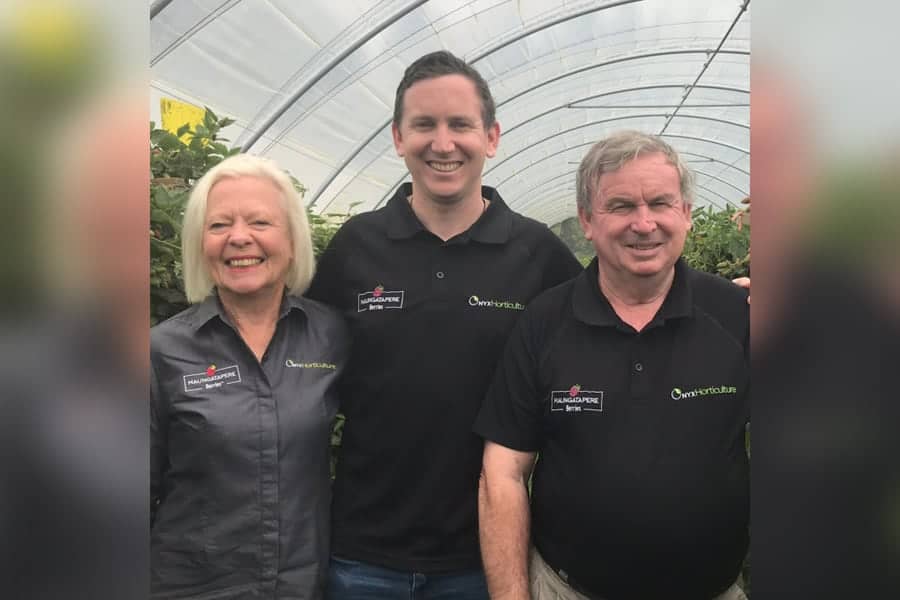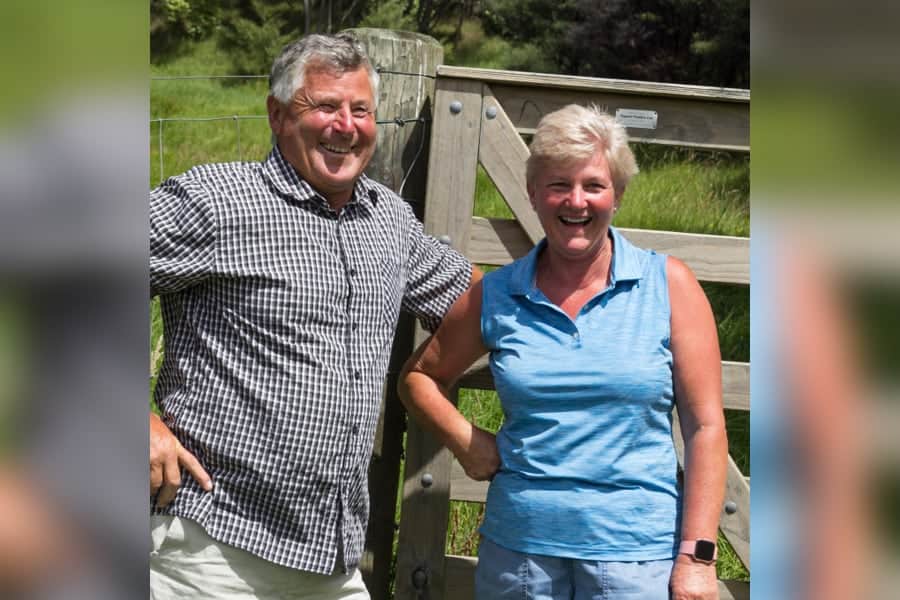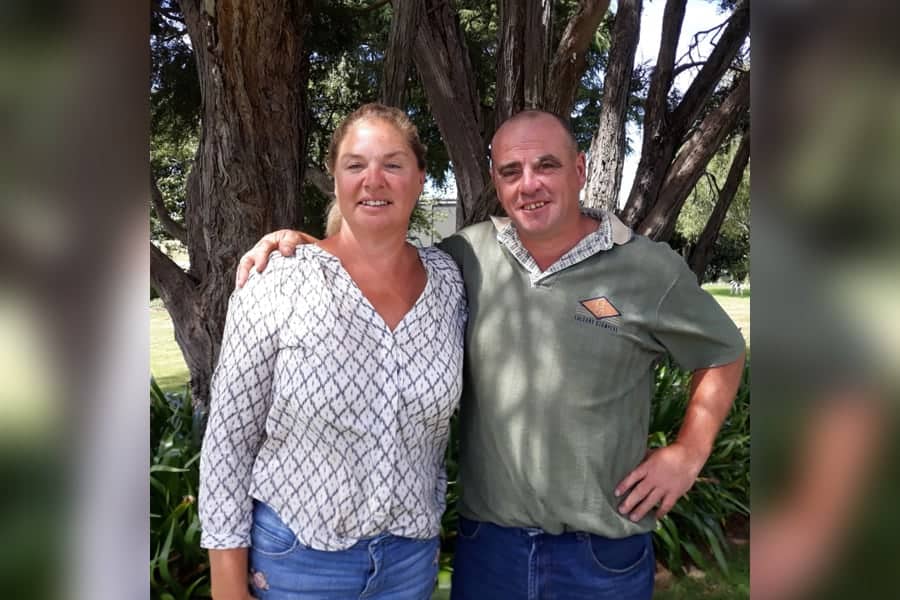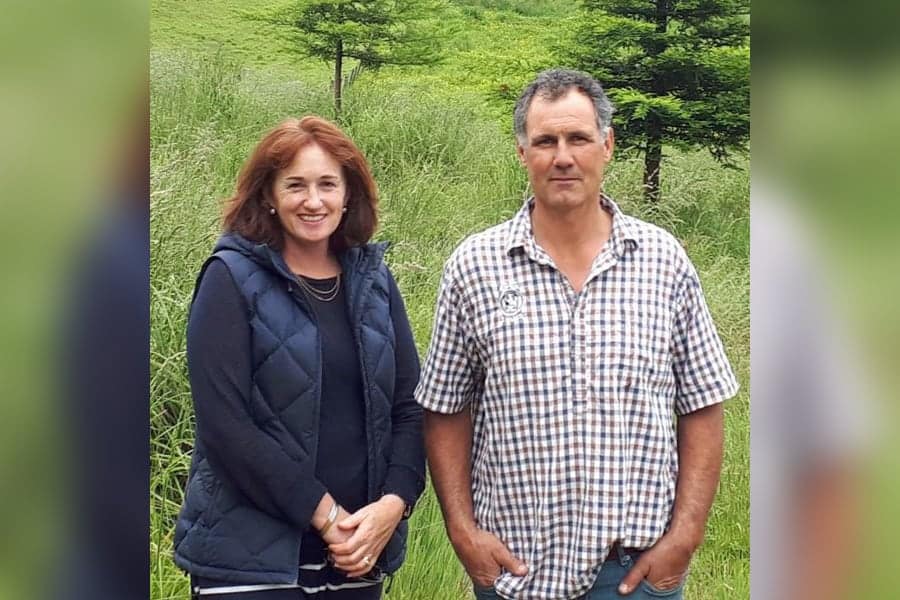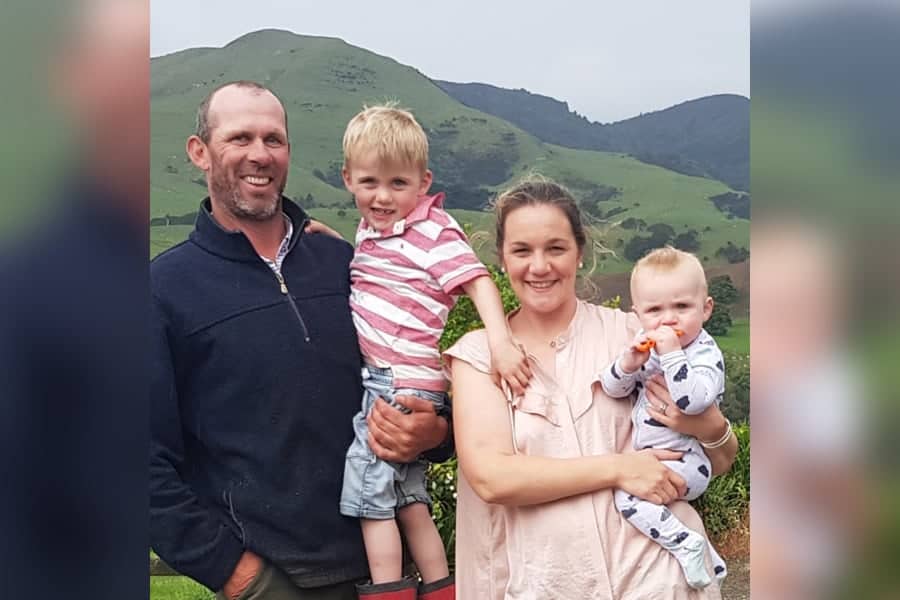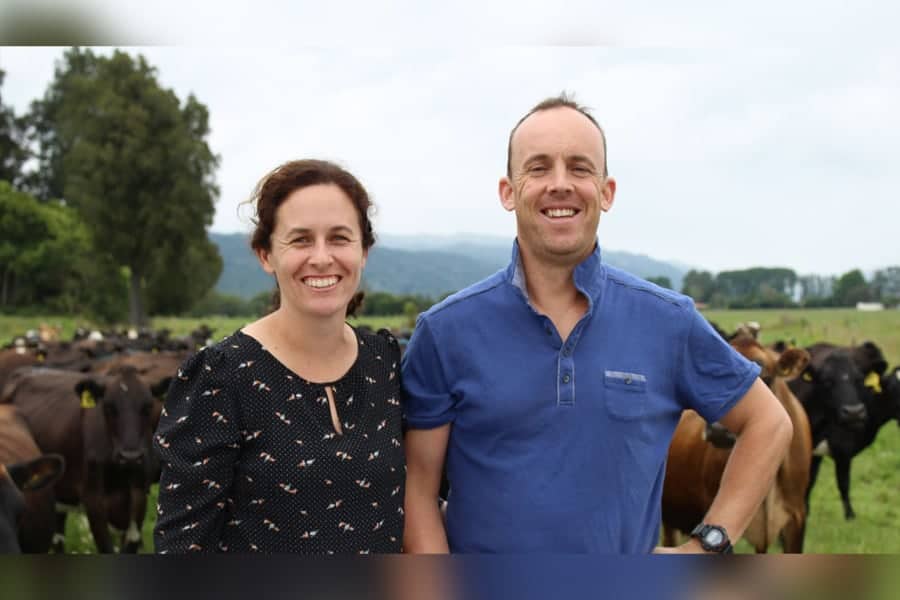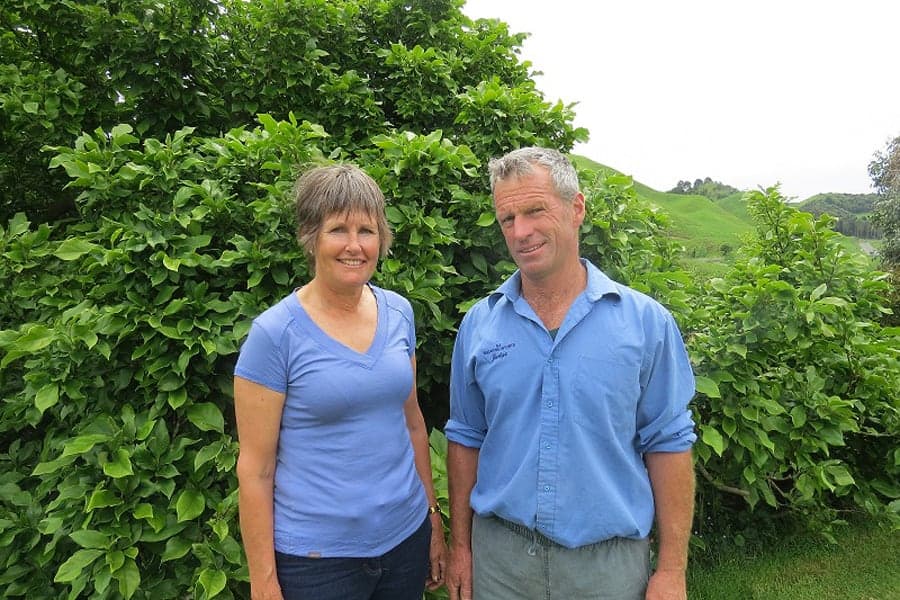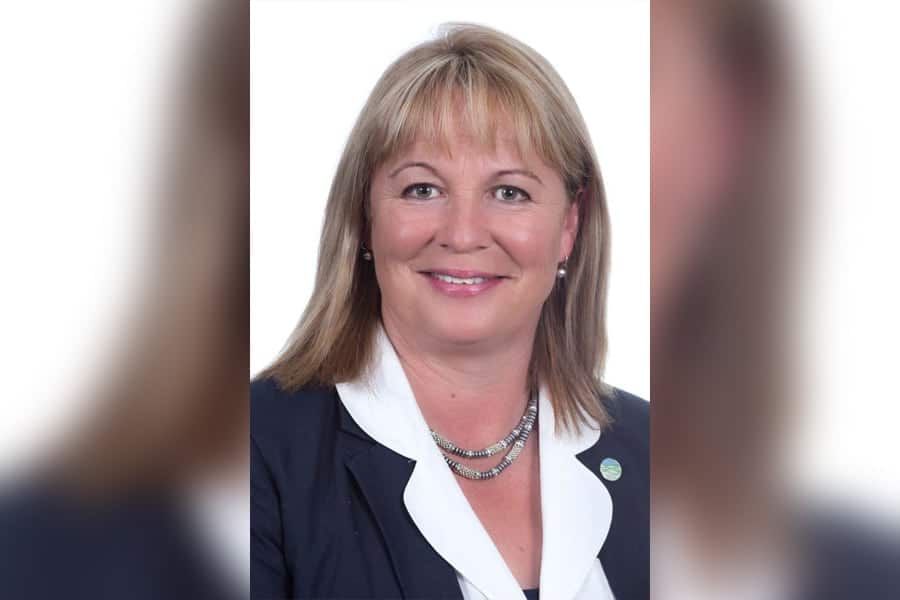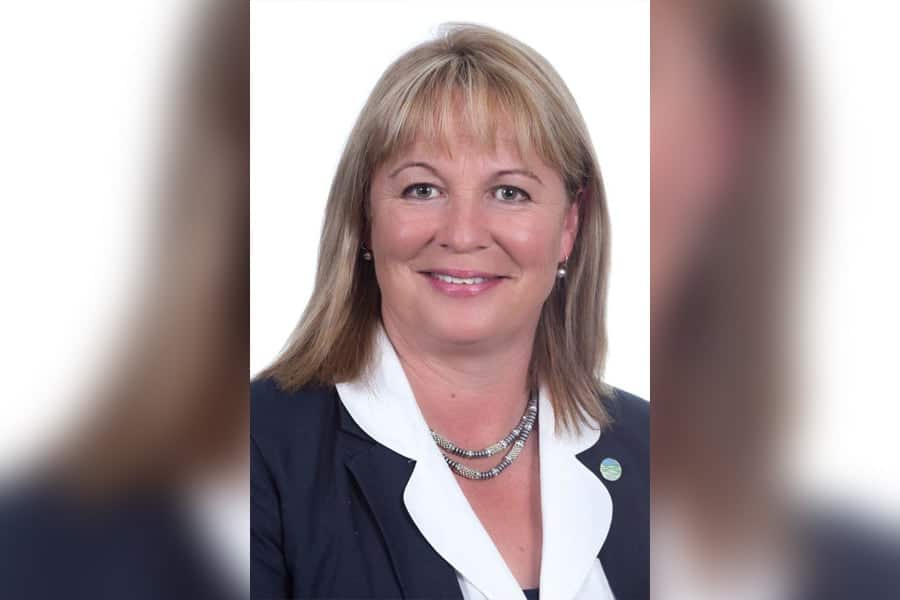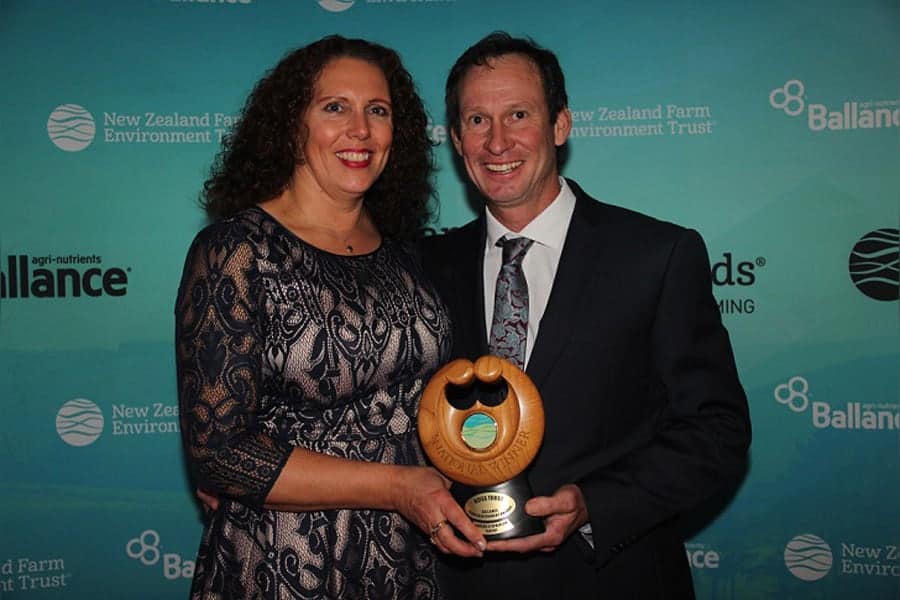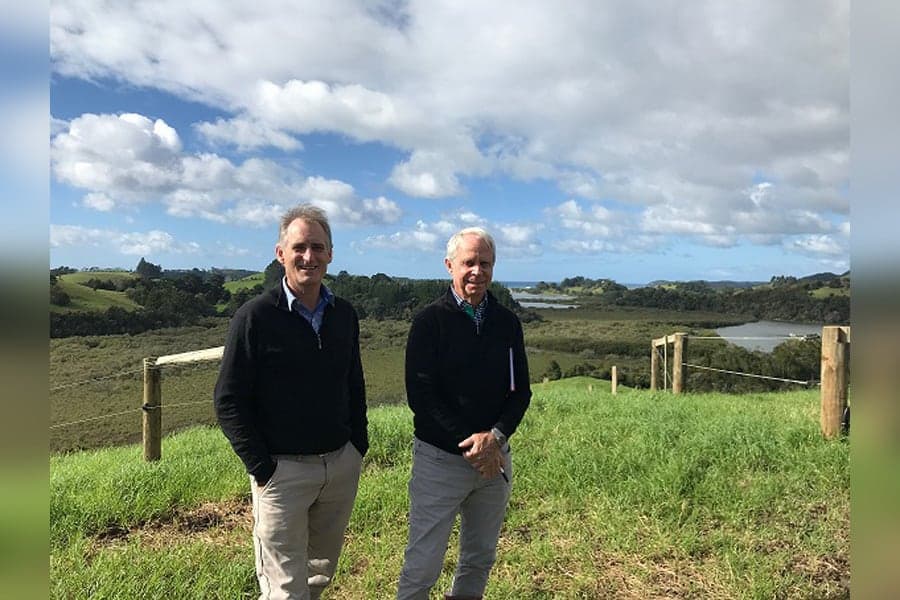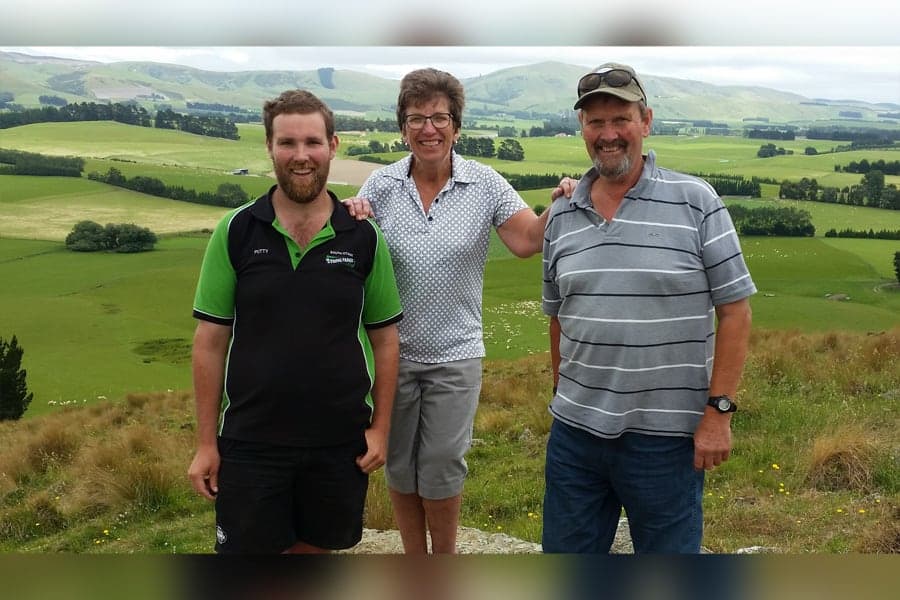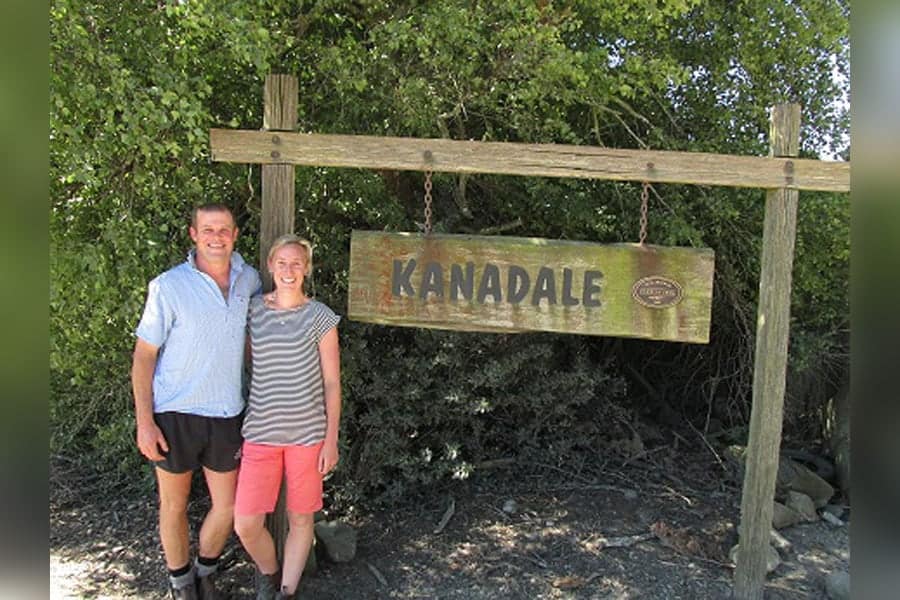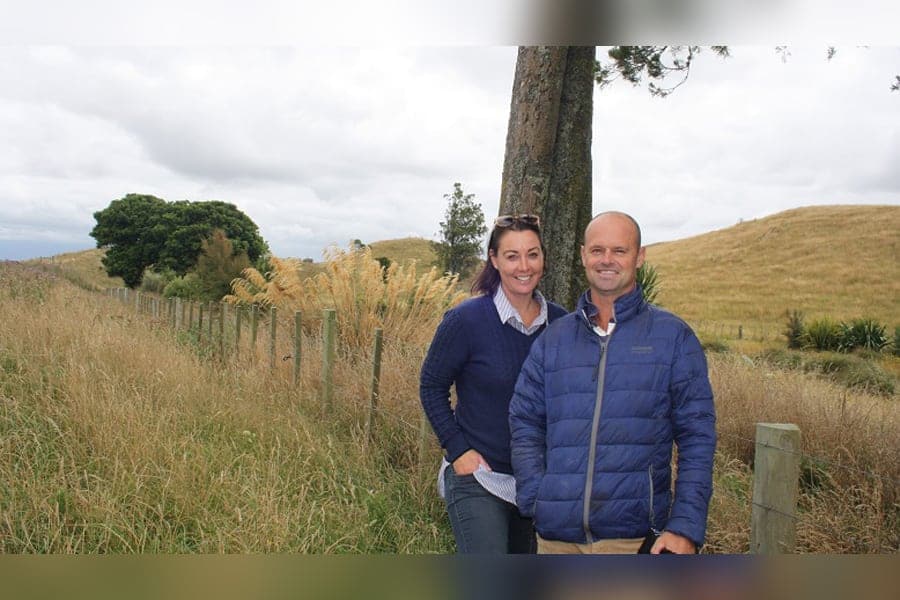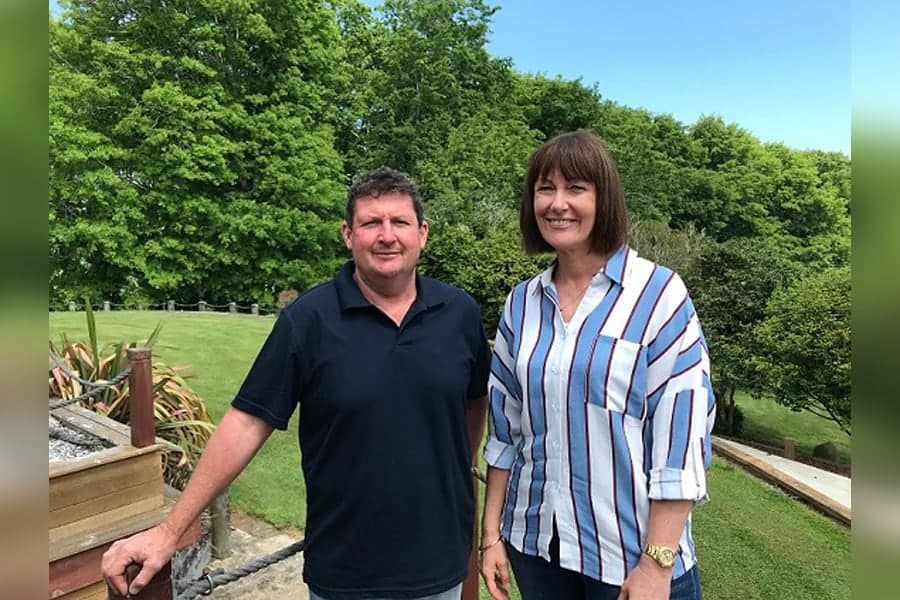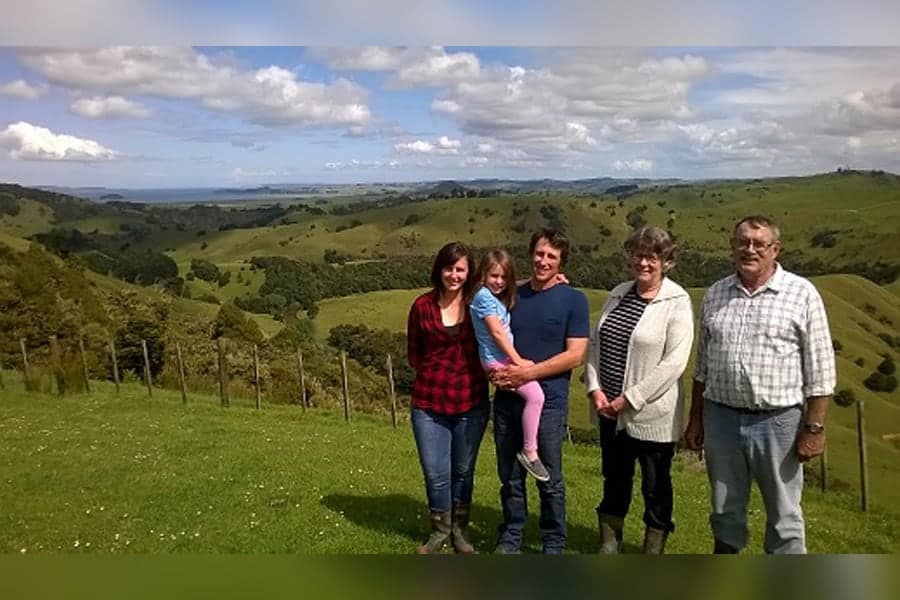The New Zealand Farm Environment Trust (NZFET) is delighted to announce the Northland and Auckland Ballance Farm Environment Awards (BFEA) entrants for 2022.
“We are thrilled to have received a range of excellent entries from across the country for this year’s awards,” said NZFET Chair, Joanne van Polanen. “It shows that despite all of the disruptions to business and life in general, farmers and growers across New Zealand are committed to environmentally sustainable practices. We are thrilled to be able to recognise and share their stories.”
To ensure the safety of staff, entrants and judges, the regional awards events, due to start in March, have been postponed until June and July 2022. “We are determined to run in-person functions to celebrate the entrants, but will do this when it can be done more safely,” said van Polanen.
The entrants from the Northland region include farmers across dairy, sheep and beef, horticulture and viticulture.
Geoff and Jo Crawford
Crawford Farms – Dairy and Beef
The Crawfords have been dairy farming for 30 years, with Crawford Farms now encompassing three dairy farms and a 300ha beef unit that has been purchased over time.
Dairy is the main pillar of the business, with the remaining 25% of income derived from beef. The team milk a total of 1,500 cows, averaging 590,000kg of milk solids annually. Each year, the 700 calves born on the farm are sold as trade cattle, while 20% of the dairy herd is finished.
There’s a strong focus on good genetics and pasture management, growing a diverse range of forages, along with the active management of weeds and insect pests.
A holistic approach to environmental sustainability considers the entire farm system and the connections between each component.
Wetlands are in excellent condition, while an historic Māori pa is protected with a QEII National Trust covenant. The Crawfords employ an innovative soil moisture monitoring programme and a strong commitment to pest and predator control.
Kim & Graham Gilkison
Dancing Petrel – Viticulture
Kim and Graham Gilkison bought the boutique Mangonui business in 2018, which was struggling and needed significant remedial work. They spent the next three years heavily pruning and reorganising the plants, and putting in 6,500 new vines.
Dancing Petrel now produces quality wine and has significantly increased production in a sustainable way. Overall production has increased per vine and, in 2019, their Cabernet Franc grape harvest doubled to about 8 tonne. Full benefits of their work will be seen over the next three years as the new vines move into full production.
They use sustainable growing methods, spray-use, soil and leaf analysis. There’s a strong focus on soil health, including soil testing to guide fertiliser application, and digging mulched clippings back into the soil. Recycling is a priority, and biodiversity is enhanced by caring for a wetland and planting native species.
Geoff Mansell
Kotare Farm – Horticulture
Primarily a fig and feijoa orchard, Kotare Farm has more recently started growing bananas and a covered sub-tropical fruit nursery has been built – growing papaya, pineapple and Honduran-type bananas. The nursery is a trial to explore the viability and productivity of the covered plants.
With about 60% of his income derived from 900 feijoa plants. Geoff gets about one-third of his income from the 100 banana plants, with the balance coming from figs and selling plants.
Good management practices and efficient irrigation are minimising the business’s impact on freshwater, while the team closely monitors soil quality. There is an active focus on reducing waste and recycling, including chipping and mulching prunings, plus all plants are referenced to authenticated varieties.
Geoff’s business model is designed to capitalise on climate change, with the investment in sub-tropical fruit and the transfer of knowledge setting him up well for the future.
Julian McPike and Trevor Smyth
Oneriri Station – Sheep and Beef
Oneriri Station has been in Julian’s family since 2009, and features extensive areas of native plants including impressive stands of historic kauri.
The business is driven by a successful winter lamb trade. In 2020, about 20,500 sheep and lambs brought in 60% of the farm’s income between a mix of breeding and lamb finishing. The balance was derived from the breeding and finishing of 1,260 cattle.
Almost all of the 47km coastline has been fenced, along with all waterways and large areas of established native bush. Mānuka, pittosporum and flax are some of the species that have been planted extensively across the property.
Oneriri Station features 40ha of pine and about 800 ha of native trees which are sequestering carbon. There’s an active focus on reducing pests and weeds. Paddocks have been subdivided, grazing is carefully controlled and there’s a strong focus on protecting the quality of freshwater. Stock grazing is tailored to soil type and nitrogen is strategically used to drive pasture production.
Stuart Paterson & Melisa Jones
Tymana Farm – Dairy
Tymana Farm was a gorse-covered beef farm when Stuart Paterson and Melisa Jones purchased it in 2013, and they have since converted it into a profitable dairy business.
They are about three-quarters of the way through Tymana’s development and have put significant time and effort into the property’s conversion from beef dry stock. Across 135ha of the 168ha farm, they milk between 220 and 250 mixed breed dairy cows, with cashflow boosted by a small quarry and calf-rearing business.
Tymana’s significant development has included realigning paddocks from a vertical to horizontal aspect that suits the land’s topography. This has reduced the impact of winter grazing and led to cleaner streams and increased pasture fertility.
Additional dams have been built across the property and a significant number of native trees will be planted around the dams.
A native planting programme has been started to further enhance the property’s beauty and help protect waterways. This is complemented by active pest control.
The Ballance Farm Environment Awards function for the Northland region is now on 22 June 2022.
The entrants from the Auckland region include farmers across dairy, sheep and beef and agriculture.
Shane & Jenny Hood, Gill & Kevin Adshead
Mataia Farm & Manaia Properties – Agriculture
Jenny and Shane lease 430ha of Mataia Farm off Jenny’s family, with income generated through agriculture, tourism and hospitality.
Another 500ha of native bush is part of an ongoing conservation and restoration project that Jenny’s parents Kevin and Gill are spearheading, resulting in the return of kiwi and the creation of Forest Bridge Trust.
Shane and Jenny finish 2,000 winter lambs annually, and run a mix of finishing and trading beef. They have a hospitality and tourism business and offer self-guided walks across the property.
Fencing has been installed to improve grazing practices, and stock water and handling facilities have been upgraded. Stock and soils are matched with a strategic approach to pasture management.
Since 2005, over 400ha of the wider property has been retired with 7,500 native trees planted every year, and intensive farm-wide pest and predator control is supported.
Rob & Rachel Cashmore
Cashmore Farms – Sheep and Beef Breeding and Finishing
As the fifth generation to farm this land, the Cashmores are focused on respecting the environment as they manage this profitable family property that they are gradually taking ownership of through a succession plan.
They run 6,000 stock units, finishing three quarters of lambs and cattle with around half of their income is derived from lamb and a quarter from cattle. Managing the farm since 2014, Rob and Rachel are reaping the rewards of an infrastructure and environment that have been cared for over time.
The land features about 400ha of virgin native bush in three stands, which the Cashmores and their predecessors have worked hard to protect.
Every paddock features parcels of naturally regenerating native plants, providing shelter and shade for the animals. Water, soil, nutrients and greenhouse gas emissions are all closely monitored and managed, with a focus to reuse, recycle and repurpose where possible.
Ed Long and Fabian Bunting
Auckland Council – Atiu Creek Regional Park – Sheep and Beef
Atiu Creek Regional Park is one of a suite of Auckland Council regional parks, tasked with running sustainable, profitable farms while enhancing the natural environment.
The diverse business includes a blend of sheep and beef breeding, wool and accommodation. Good lambing and calving percentages are testament to the good health of stock which are well fed and have plenty of water, shade and shelter.
The team ensures the stocking rate is tailored to match environmental conditions and runs 1,250 breeding ewes, weaning 1,600 lambs annually, while 85 cows produce about 80 calves each year which are also weaned.
A range of sustainable farming practices have been implemented including the precision application of fertiliser application, along with careful monitoring of greenhouse gas emissions, and the quality of water and soil. Fencing across the farm protects bush, wetlands and riparian boundaries and pest control remain a focus.
Shirley-Ann and Rick Mannering
Waytemore Farms – Sheep, Beef and Dairy
This sheep, beef and dairy farm consists of three family farm holdings that are managed as one entity by the Mannerings. 1,177ha supports one dairy farm and the sheep and beef farm, while a nearby block of 277ha supports another dairy farm.
They run a breeding flock of 2,100 Romney ewes, along with 720 beef cattle, and 860 dairy cows with 360 replacements, in a mostly closed model where the dairy and beef operations support each other.
Waytemore Farms features a substantial amount of native forest, including areas protected by QEII National Trust covenants. Significant effort has been put into conservation work, including fencing off well-established indigenous forests, waterways and wetlands, and sustained predator control. They’ve employed a farm manager trained in ecology, and a dedicated farm ranger trained in conservation biology to continue their focus on sustainable farming.
The Ballance Farm Environment Awards function for the Auckland region is now on 21 June 2022.
ENDS
